Enjoyed? Like it!
Nurturing Young Minds: Stories for Critical Thinking
Nurturing Young Minds: Stories for Critical Thinking


Educational stories can be incredibly powerful tools for developing critical thinking and analytical skills in young children. They encourage kids to question, predict, and evaluate information within a safe and engaging context. By exploring different perspectives and scenarios presented in stories, children begin to form their own opinions, understand cause and effect, and make informed judgments. Stories also foster a love of learning and a natural curiosity, which are essential foundations for a lifetime of critical thinking.
We know your daily routine is hectic, and finding time for quality reading can be challenging. That's where Yuna comes in. With Yuna, your child will embark on personalized reading adventures with hundreds of unique books, each crafted to engage their imagination and foster crucial thinking skills. They'll become the hero of their own story, making reading an immersive and exciting experience. Imagine, no more struggles to get your little one excited about books! With Yuna, reading becomes a joyous part of their day, naturally developing those all-important critical thinking skills.
Understanding the Importance of Critical Thinking
Critical thinking is more than just problem-solving; it's about analyzing information, identifying biases, and making reasoned judgments. These skills are crucial for navigating a complex world and are essential for success in school and beyond.
How Stories Encourage Exploration
Stories offer a safe space for children to grapple with complex themes and diverse perspectives. They can explore different outcomes, consider the motivations of characters, and even question the author's intentions. This exploration helps them develop empathy and broaden their understanding of the world.
The Power of Prediction and Inference
As children read, they naturally start to predict what might happen next. They make inferences based on the characters, setting, and plot. This process of prediction and inference strengthens their analytical skills and helps them become active readers.
Building Vocabulary and Comprehension
Stories are rich with language and vocabulary. Exposure to a wide range of words and sentence structures enhances a child's comprehension skills and helps them articulate their thoughts and ideas more effectively. A strong vocabulary is fundamental to effective communication and critical thinking.
Making Connections and Applying Knowledge
Stories often present scenarios that children can relate to their own lives. This connection helps them apply what they learn from the story to real-world situations, further developing their critical thinking and problem-solving skills.
Choosing the Right Books
Look for stories that encourage discussion and exploration. Books with open-ended questions and complex characters provide more opportunities for children to analyze and interpret information. Variety is key! Introduce your child to different genres and writing styles to broaden their perspectives.
Making Reading a Shared Experience
Reading aloud together, discussing the story, and asking open-ended questions are simple yet powerful ways to foster critical thinking. Create a cozy and comfortable reading environment where your child feels encouraged to share their thoughts and ideas without judgment. Even a few minutes of shared reading time can make a significant difference.
Nurturing a Lifelong Love of Learning
By fostering a love of reading and storytelling, you are giving your child the gift of lifelong learning. Critical thinking skills will serve them well in all aspects of their lives, from academic pursuits to personal relationships and career choices. Cultivate their curiosity, encourage their questions, and celebrate their unique perspectives. They'll be amazed at what they discover.
Recommended Stories

Evelyn and the Moon Fairies

Evelyn and the Moon Leprechauns!

Evelyn's Moon Mission: One Organized Dinosaur!

Evelyn's Moon Mission!

The Case of the Floating Homework

Jackson's Moon Monkey

The Case of the Missing Moon Rocks

Jackson's Moon Adventure

Jackson's Moon Mission of Empathy

Jackson's Moon Mission

Jackson and the Whispering Moon Rocks

Liam's Moon Chores

Liam's Moon Mission: The Case of the Missing Chores

Liam's Bouncing Moon Adventure!

Liam's Moon Mission

Liam's Moon Mystery

Liam's Moon Adventure!

The Mystery of the Moon Mermaids

The Moon Chore Chart

The Moon Dragon and the Power of Imagination

The Moon Adventure and the Fairy of Gratitude

The Unicorn Dentist on the Moon

The Moon's Homework Helper

Noah's Bouncy Moon Adventure

The Moon Doctor and the Magical Mix-Up!

The Moon Makes You Creative!

The Moon's Best Friends

The Mystery of the Missing Moon Rocks

Noah and the Moon Prince

Olivia and the Moon Potion!

Olivia's Moon Adventure

Olivia and the Moon Rabbit

Olivia's Moon Mission of Gratitude

Olivia and the Moon Dust

Olivia's Moon Adventure with the Tooth-Loving Rabbit

Olivia's Moon Games

The Moon Rabbit's Carrot Cake

The Moon Rabbit's Gift

The Great Moon Games Mystery

Scarlett's Moon Bounce!

Scarlett's Moon Adventure

Scarlett's Moon Mission

The Moon Book

Sophia's Great Moon Mission!

Sophia and the Moondust Dragon

Sophia's Spooky Moon Trip!

Sophia's Moon Bounce!

Sophia's Sparkling Moon Adventure

William and the Moon Homework

The Moon Games

William and the Moon Fairies

William and the Moon Rabbits

The Mystery of the Moon Rabbit

David and the Case of the Missing Moving Boxes

David's Journey to the Cloud Kingdom

The Case of the Missing Rainbow

The Case of the Missing Meow

David and the Cloud Dragon's Chores

David and the Unicorn Picnic

David and the Cloud Leprechauns

David's Creative Cloud Adventure

David and the Sparkling Smile

Emma and the Whispering Book

Emma and the Cloud of Lost Toys!

Emma and the Talking Unicorn Book

Emma and the Great Homework Cloud

Evelyn and the Spooky Cloud Fairies

Evelyn and the Cloud Fairies

Evelyn's Big Move

Evelyn's Cloud Adventure!

Evelyn's Day in the Clouds

Evelyn's Spooky Cloud Adventure!

Evelyn and the Fluffy Cloud Rabbit

Evelyn's Big, Bubbly Brushing Adventure!

Evelyn and the Toothbrush Cloud

The Mystery of the Fluffy Cloud Shapes

Evelyn's Up In the Clouds

Jackson and the Cloud Kingdom of Order

Jackson's Cloud Adventure

Liam and the Clouds of Denver

Liam and the Cloud Doctor

Liam and the Case of the Missing Cloud

Liam and the Spooky Cloud Monkey

Liam's Toothbrush in the Clouds

Liam Flies to a Magic Cloud!

Liam's Spooky Cloud Adventure

Liam Flies High on Confidence

Liam Flies High on Respect

The Night of the Fluffy Clouds

The Prince and the Puffy Clouds

Noah and the Magical Clouds of Gratitude

Noah and the Cloud Dinosaur

The Whispering Clouds of Seattle

Olivia and the Cloud Cat

Olivia and the Responsibility of the Clouds

Olivia and the Homework in the Clouds

Olivia and the Cloud Kingdom of Gratitude

The Secret of the Singing Clouds

The Whispering Clouds and the Kind Princess

Olivia and the Sparkling Clouds

The Mystery of the Singing Clouds

The Case of the Fluffy Clouds

Scarlett's Thankful Clouds

Scarlett's Tidy Trip to the Clouds

Scarlett and the Cloud Kingdom

The Spooky Clouds

The Princess and the Moving Day

Scarlett and the Purple Dinosaur

Scarlett and the Fluffy Clouds of Respect

Scarlett's Cloudy Courage

Scarlett's Spooky Move

Scarlett's Big Cloud Hop!

The Magical Clouds of Courage

Sophia's Adventure in the Clouds

Sophia and the Cloud Cat

Sophia and the Cloud Dragon

William and the Cloud Monkey

William and the Cloud Creatures Who Love to Read!

The Amazing Cloud Adventure

William and the Little Bird in the Clouds

William and the Little Bird of Responsibility

The Mystery of the Missing Potion

David's Toothpaste Adventure

David and the Enchanted Castle of Gratitude

The Mystery of the Missing Storybook

David and the Enchanted Castle

David and the Lost Rainbow Crystals

David's Sparkling Smile Adventure

David and the Giggly Fairies

Emma and the Bouncing Monkey of Resilience

Emma and the Magical Growing-Up Wish!

Emma and the Whispering Rabbit

Emma and the Magical Sports Day!

Emma and the Enchanted Book

Emma and the Talking Cat!

Emma and the Messy Monkey Business

Emma and the Whispering Bird

Emma's Big Adventure with the Talking Dog!

Emma and the Dinosaur Sports Day!

The Mystery of the Enchanted Castle

Evelyn and the Sparkling Castle

Evelyn and the Magic Castle

Evelyn's Big, Blue, Bouncing Surprise!

Evelyn and the Enchanted Castle

The Case of the Missing Potion

Evelyn and the Spooky, Sparkly Dinosaur Bones!

Evelyn's Big Adventure

Evelyn and the Giggly Gate

Jackson and the Moving Castle

Jackson and the Little Bird of Gratitude

Jackson and the Spooky Homework

The Mystery of the Missing Jewels

Jackson's Spooky Castle Adventure

Jackson and the Enchanted Castle of Creativity

Jackson's Spooky Homework

Jackson and the Dragon of Gratitude

Jackson and the Little Bird of Courage

The Secret of the Singing Mermaids

Liam's Spooky Sports Day at Enchanted Castle

Liam and the Magic Toy Chest

Liam's Super Toothbrush

Liam's Magical Moving Day

Liam's Big Confidence Climb

Liam's Spooky Trip to the Enchanted Castle

The Mystery of the Lost Rainbow

The Ghostly Homework Helpers

The Case of the Missing Dust Bunnies

Noah and the Rabbit of Courage

The Mystery of the Singing Bird

The Mystery of the Missing Soccer Ball

The Day Noah Visited the Doctor in Space

The Shy Boy and the Magical Unicorns

Olivia and the Unicorns' Colorful Mess!

Olivia and the Sparkling Sea Castle

The Mystery of the Missing Carrots

Olivia and the Enchanted Homework

Olivia and the Giggling Goat of Enchanted Castle

The Secret of the Enchanted Castle

Scarlett and the Dragon's Dance

The Secret of the Whispering Walls

The Case of the Lost Colors

The Case of the Missing Sparkles

The Mystery of the Grumpy Prince

The Mystery of the Sparkling Unicorn

The Case of the Missing Tennis Ball

Sophia and the Whispering Cat

Sophia's Great Monkey Chase!

Sophia and the Sparkling Smile

Sophia and the Shy Princess

William and the Dragon's Big Responsibility

The Mystery of the Messy Castle

The Mysterious Castle in Grandma's Cookbook

The Prince and the Broccoli Forest

The Secret of the Singing Towers

William and the Spooky Dinosaur Skeleton!

The Mystery of the Singing Sands

David's Desert Discovery

The Mystery of the Colorful Desert

The Mystery of the Missing Dates

David and the Lost Rabbit of Empathy

Emma and the Whispering Dunes

Emma and the Lost Dinosaur of Respect

The Case of the Missing Oasis

Evelyn's Big Desert Dive

Evelyn and the Curious Case of the Organized Rabbit

Evelyn and the Colorful Desert Games

Evelyn and the Thank-You Treasure

Evelyn and the Whispering Dunes

Evelyn’s Sparkling Smile

Jackson and the Wise Dinosaur of Responsibility

Jackson and the Magic Desert Picnic

The Mystery of the Moving Dinosaur Bones

The Case of the Colorful Desert

Liam and the Lost Song of the Desert

Liam and the Magic Desert

Liam's Spooky Sports Day in the Magic Desert

Liam and the Lost Homework in the Magic Desert

Liam and the Colorful Desert

Liam and the Whispering Dunes

Liam and the Shapeshifting Sandcastle

Liam Flies to the Magic Desert!

Liam's Colorful Ride

The Magic Toothbrush of the Desert

The Mystery of the Colorful Dragon

Noah's Spooky Desert Adventure

The Mystery of the Organized Mermaids

The Great Unicorn Tidy-Up!

The Whispering Sands of Magic Desert

Noah and the Secret of the Magic Desert

The Secret of the Shifting Sands

Noah's Magical Checkup

Olivia and the Whispering Sands

The Case of the Grateful Monkey

Olivia and the Sparkling Desert Chores

Scarlett’s Sparkling Sandcastles

The Mystery of the Colorful Dunes

Scarlett's Big Sandy Adventure!

The Sparkling Toothbrush of Magic Desert

Sophia's Big Wish!

The Magical Desert Picnic

Sophia's Big Growing-Up Day!

Sophia and the Colors of Growing Up

Sophia's Magical Game of Pretend

Sophia's Big Idea!

William and the Magic Desert

The Secret of the Organized Mermaids

William and the Whispering Sands

William and the Lost Homework

William and the Talking Bird
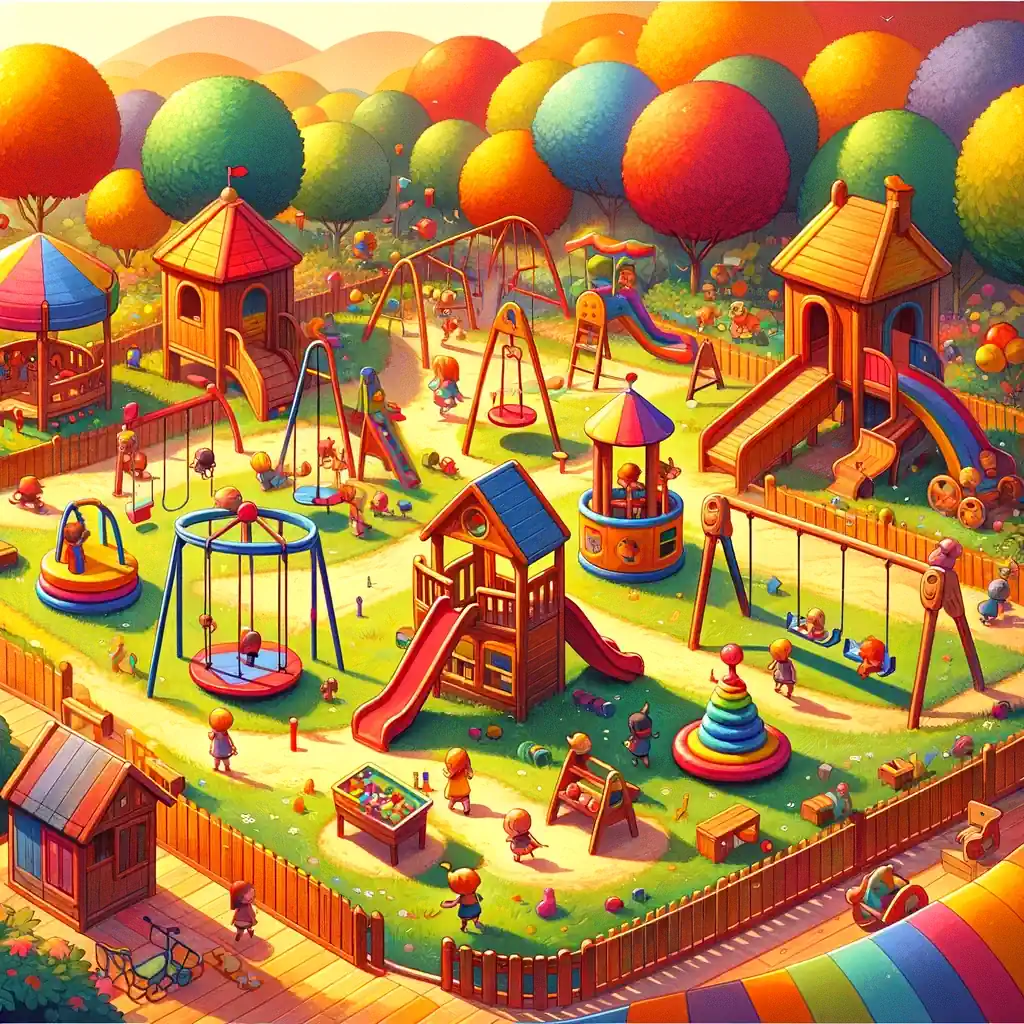
David's Homework Helper Has a Wand!

David's Day at the Playground
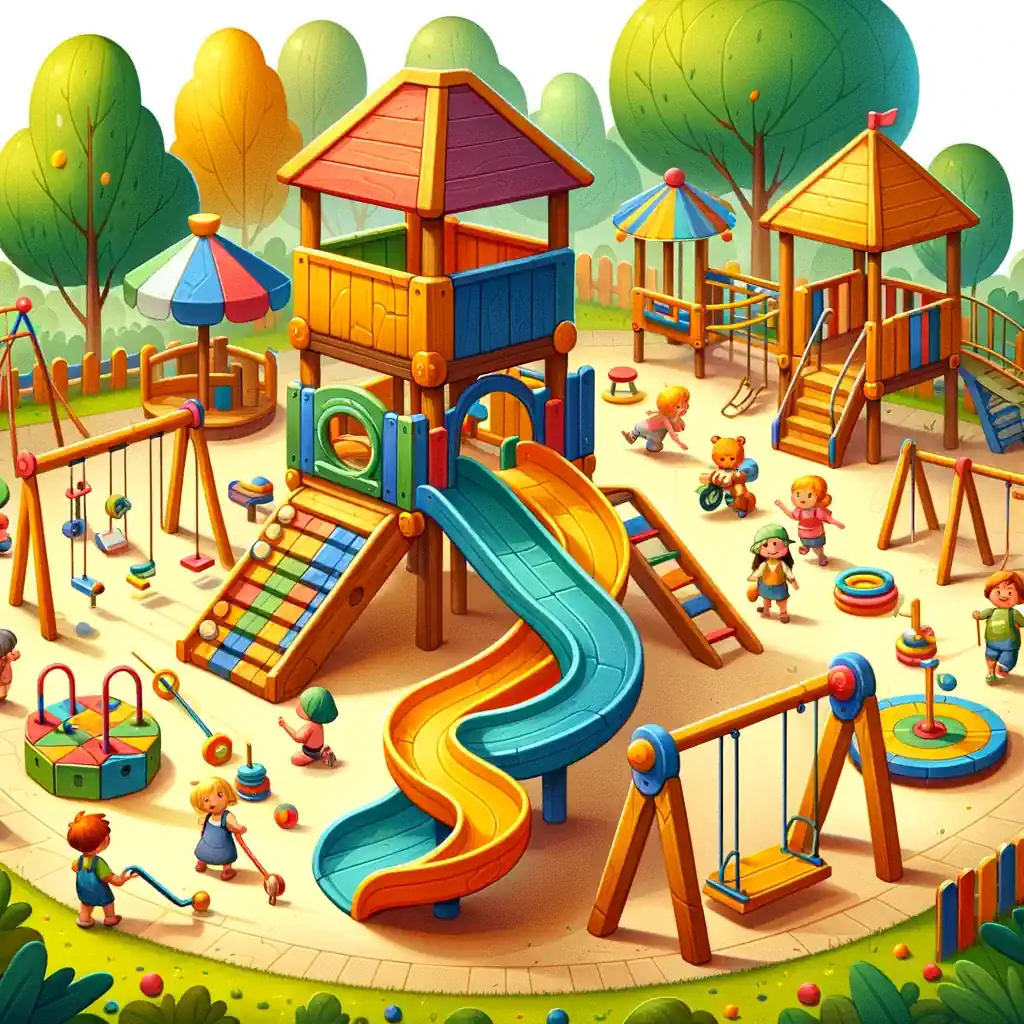
David's Big Game
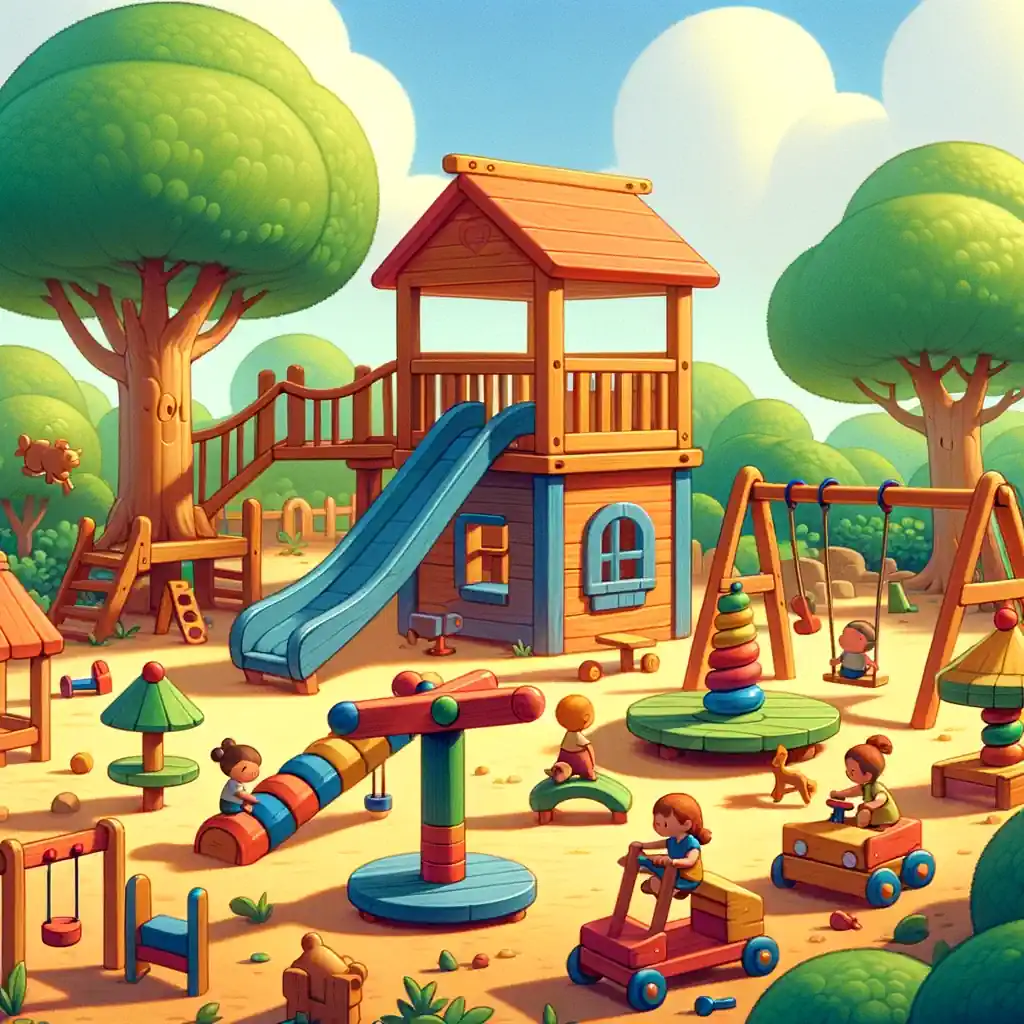
David and the Whispering Slide

Emma and the Lost Fairy Wand

Emma and the Case of the Missing Playground Laughter

Emma and the Whispering Playground

Emma and the Whispering Leprechauns

Emma and the Missing Toys

Evelyn and the Sparkly Playground Dragon

The Case of the Missing Laughter
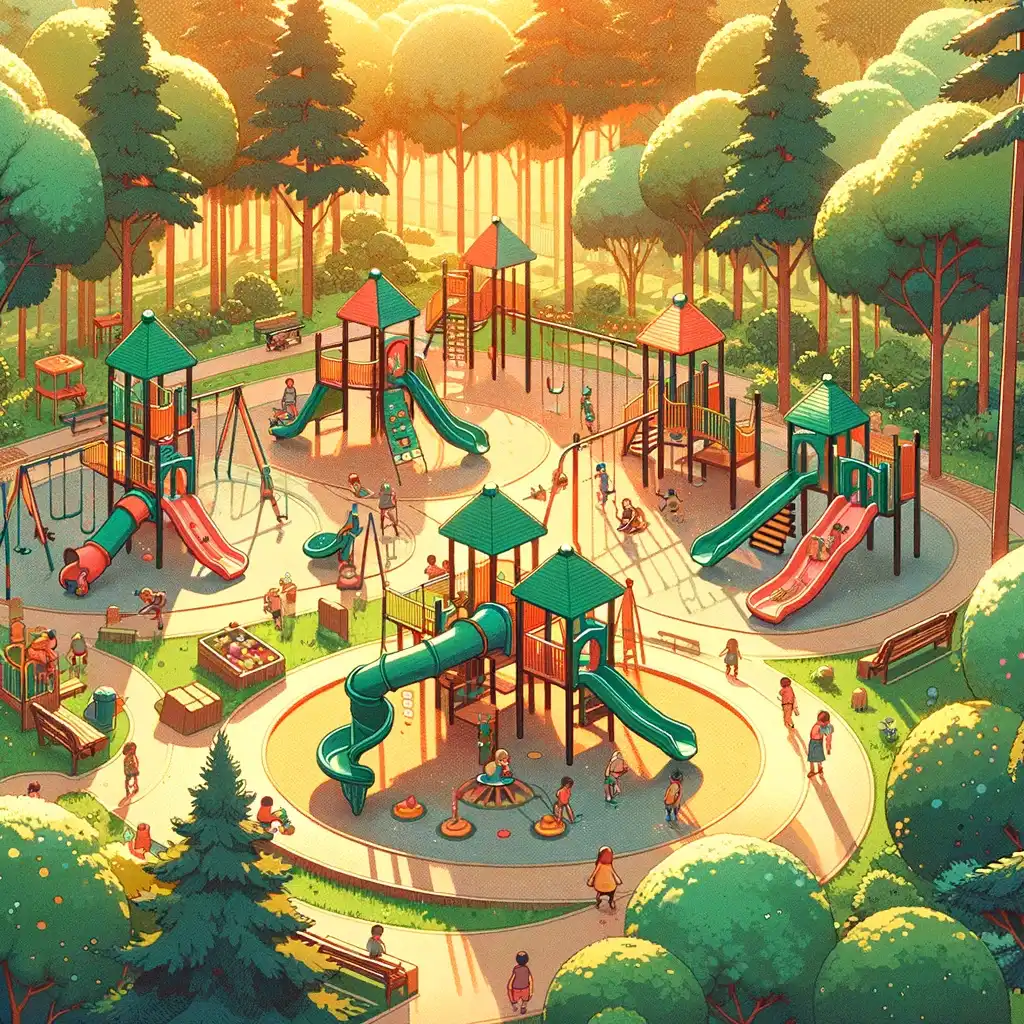
Evelyn's Playground Games!

Evelyn and the Moving Day Magic

Evelyn's Spooky Playground Adventure

Evelyn and the Magic Playground

Evelyn and the Monkey King's Playground

Evelyn and the Very Brave Little Bird

The Case of the Lost Laughter

Jackson's Robot Arms and the Playground of Lost Toys

The Spooky Playground Swing

The Day at the Magical Playground

Jackson's Playground Adventure

Jackson's Big Brush-a-Saurus!

The Mystery of the Moving Witch

Liam's Respectful Playground Adventure!

Liam and the Magic Playground

The Case of the Missing Slide!

Liam and the Talking Rabbit

Liam's Spooky Playground Adventure!

Liam and the Playground of Responsibility

The Case of the Missing Carrot

The Case of the Missing Cookies

The Spooky Playground Dinosaur

The Mystery of the Messy Dinosaur Bones

Olivia and the Missing Playground Sparkles

Olivia and the Homework Helpers from Space!

Olivia and the Whispering Woods

Olivia's Playground Adventure

Olivia and the Whispering Dragon of Rainbow Park

Olivia and the Playground Planet

Olivia and the Whispering Playground

Olivia and the Whispering Witch

Olivia and the Mermaid's Homework

Olivia's Thankful Playground

Olivia and the Playground Leprechauns

Scarlett and the Slide of Confidence

The Spooky Playground

Scarlett's Big Day at the Playground

The Case of the Missing Ball

The Magical Playground

The Case of the Missing Playground Giggles
Recommended Stories

Evelyn and the Moon Fairies

Evelyn and the Moon Leprechauns!

Evelyn's Moon Mission: One Organized Dinosaur!

Evelyn's Moon Mission!

The Case of the Floating Homework

Jackson's Moon Monkey

The Case of the Missing Moon Rocks

Jackson's Moon Adventure

Jackson's Moon Mission of Empathy

Jackson's Moon Mission

Jackson and the Whispering Moon Rocks

Liam's Moon Chores

Liam's Moon Mission: The Case of the Missing Chores

Liam's Bouncing Moon Adventure!

Liam's Moon Mission

Liam's Moon Mystery

Liam's Moon Adventure!

The Mystery of the Moon Mermaids

The Moon Chore Chart

The Moon Dragon and the Power of Imagination

The Moon Adventure and the Fairy of Gratitude

The Unicorn Dentist on the Moon

The Moon's Homework Helper

Noah's Bouncy Moon Adventure

The Moon Doctor and the Magical Mix-Up!

The Moon Makes You Creative!

The Moon's Best Friends

The Mystery of the Missing Moon Rocks

Noah and the Moon Prince

Olivia and the Moon Potion!

Olivia's Moon Adventure

Olivia and the Moon Rabbit

Olivia's Moon Mission of Gratitude

Olivia and the Moon Dust

Olivia's Moon Adventure with the Tooth-Loving Rabbit

Olivia's Moon Games

The Moon Rabbit's Carrot Cake

The Moon Rabbit's Gift

The Great Moon Games Mystery

Scarlett's Moon Bounce!

Scarlett's Moon Adventure

Scarlett's Moon Mission

The Moon Book

Sophia's Great Moon Mission!

Sophia and the Moondust Dragon

Sophia's Spooky Moon Trip!

Sophia's Moon Bounce!

Sophia's Sparkling Moon Adventure

William and the Moon Homework

The Moon Games

William and the Moon Fairies

William and the Moon Rabbits

The Mystery of the Moon Rabbit

David and the Case of the Missing Moving Boxes

David's Journey to the Cloud Kingdom

The Case of the Missing Rainbow

The Case of the Missing Meow

David and the Cloud Dragon's Chores

David and the Unicorn Picnic

David and the Cloud Leprechauns

David's Creative Cloud Adventure

David and the Sparkling Smile

Emma and the Whispering Book

Emma and the Cloud of Lost Toys!

Emma and the Talking Unicorn Book

Emma and the Great Homework Cloud

Evelyn and the Spooky Cloud Fairies

Evelyn and the Cloud Fairies

Evelyn's Big Move

Evelyn's Cloud Adventure!

Evelyn's Day in the Clouds

Evelyn's Spooky Cloud Adventure!

Evelyn and the Fluffy Cloud Rabbit

Evelyn's Big, Bubbly Brushing Adventure!

Evelyn and the Toothbrush Cloud

The Mystery of the Fluffy Cloud Shapes

Evelyn's Up In the Clouds

Jackson and the Cloud Kingdom of Order

Jackson's Cloud Adventure

Liam and the Clouds of Denver

Liam and the Cloud Doctor

Liam and the Case of the Missing Cloud

Liam and the Spooky Cloud Monkey

Liam's Toothbrush in the Clouds

Liam Flies to a Magic Cloud!

Liam's Spooky Cloud Adventure

Liam Flies High on Confidence

Liam Flies High on Respect

The Night of the Fluffy Clouds

The Prince and the Puffy Clouds

Noah and the Magical Clouds of Gratitude

Noah and the Cloud Dinosaur

The Whispering Clouds of Seattle

Olivia and the Cloud Cat

Olivia and the Responsibility of the Clouds

Olivia and the Homework in the Clouds

Olivia and the Cloud Kingdom of Gratitude

The Secret of the Singing Clouds

The Whispering Clouds and the Kind Princess

Olivia and the Sparkling Clouds

The Mystery of the Singing Clouds

The Case of the Fluffy Clouds

Scarlett's Thankful Clouds

Scarlett's Tidy Trip to the Clouds

Scarlett and the Cloud Kingdom

The Spooky Clouds

The Princess and the Moving Day

Scarlett and the Purple Dinosaur

Scarlett and the Fluffy Clouds of Respect

Scarlett's Cloudy Courage

Scarlett's Spooky Move

Scarlett's Big Cloud Hop!

The Magical Clouds of Courage

Sophia's Adventure in the Clouds

Sophia and the Cloud Cat

Sophia and the Cloud Dragon

William and the Cloud Monkey

William and the Cloud Creatures Who Love to Read!

The Amazing Cloud Adventure

William and the Little Bird in the Clouds

William and the Little Bird of Responsibility

The Mystery of the Missing Potion

David's Toothpaste Adventure

David and the Enchanted Castle of Gratitude

The Mystery of the Missing Storybook

David and the Enchanted Castle

David and the Lost Rainbow Crystals

David's Sparkling Smile Adventure

David and the Giggly Fairies

Emma and the Bouncing Monkey of Resilience

Emma and the Magical Growing-Up Wish!

Emma and the Whispering Rabbit

Emma and the Magical Sports Day!

Emma and the Enchanted Book

Emma and the Talking Cat!

Emma and the Messy Monkey Business

Emma and the Whispering Bird

Emma's Big Adventure with the Talking Dog!

Emma and the Dinosaur Sports Day!

The Mystery of the Enchanted Castle

Evelyn and the Sparkling Castle

Evelyn and the Magic Castle

Evelyn's Big, Blue, Bouncing Surprise!

Evelyn and the Enchanted Castle

The Case of the Missing Potion

Evelyn and the Spooky, Sparkly Dinosaur Bones!

Evelyn's Big Adventure

Evelyn and the Giggly Gate

Jackson and the Moving Castle

Jackson and the Little Bird of Gratitude

Jackson and the Spooky Homework

The Mystery of the Missing Jewels

Jackson's Spooky Castle Adventure

Jackson and the Enchanted Castle of Creativity

Jackson's Spooky Homework

Jackson and the Dragon of Gratitude

Jackson and the Little Bird of Courage

The Secret of the Singing Mermaids

Liam's Spooky Sports Day at Enchanted Castle

Liam and the Magic Toy Chest

Liam's Super Toothbrush

Liam's Magical Moving Day

Liam's Big Confidence Climb

Liam's Spooky Trip to the Enchanted Castle

The Mystery of the Lost Rainbow

The Ghostly Homework Helpers

The Case of the Missing Dust Bunnies

Noah and the Rabbit of Courage

The Mystery of the Singing Bird

The Mystery of the Missing Soccer Ball

The Day Noah Visited the Doctor in Space

The Shy Boy and the Magical Unicorns

Olivia and the Unicorns' Colorful Mess!

Olivia and the Sparkling Sea Castle

The Mystery of the Missing Carrots

Olivia and the Enchanted Homework

Olivia and the Giggling Goat of Enchanted Castle

The Secret of the Enchanted Castle

Scarlett and the Dragon's Dance

The Secret of the Whispering Walls

The Case of the Lost Colors

The Case of the Missing Sparkles

The Mystery of the Grumpy Prince

The Mystery of the Sparkling Unicorn

The Case of the Missing Tennis Ball

Sophia and the Whispering Cat

Sophia's Great Monkey Chase!

Sophia and the Sparkling Smile

Sophia and the Shy Princess

William and the Dragon's Big Responsibility

The Mystery of the Messy Castle

The Mysterious Castle in Grandma's Cookbook

The Prince and the Broccoli Forest

The Secret of the Singing Towers

William and the Spooky Dinosaur Skeleton!

The Mystery of the Singing Sands

David's Desert Discovery

The Mystery of the Colorful Desert

The Mystery of the Missing Dates

David and the Lost Rabbit of Empathy

Emma and the Whispering Dunes

Emma and the Lost Dinosaur of Respect

The Case of the Missing Oasis

Evelyn's Big Desert Dive

Evelyn and the Curious Case of the Organized Rabbit

Evelyn and the Colorful Desert Games

Evelyn and the Thank-You Treasure

Evelyn and the Whispering Dunes

Evelyn’s Sparkling Smile

Jackson and the Wise Dinosaur of Responsibility

Jackson and the Magic Desert Picnic

The Mystery of the Moving Dinosaur Bones

The Case of the Colorful Desert

Liam and the Lost Song of the Desert

Liam and the Magic Desert

Liam's Spooky Sports Day in the Magic Desert

Liam and the Lost Homework in the Magic Desert

Liam and the Colorful Desert

Liam and the Whispering Dunes

Liam and the Shapeshifting Sandcastle

Liam Flies to the Magic Desert!

Liam's Colorful Ride

The Magic Toothbrush of the Desert

The Mystery of the Colorful Dragon

Noah's Spooky Desert Adventure

The Mystery of the Organized Mermaids

The Great Unicorn Tidy-Up!

The Whispering Sands of Magic Desert

Noah and the Secret of the Magic Desert

The Secret of the Shifting Sands

Noah's Magical Checkup

Olivia and the Whispering Sands

The Case of the Grateful Monkey

Olivia and the Sparkling Desert Chores

Scarlett’s Sparkling Sandcastles

The Mystery of the Colorful Dunes

Scarlett's Big Sandy Adventure!

The Sparkling Toothbrush of Magic Desert

Sophia's Big Wish!

The Magical Desert Picnic

Sophia's Big Growing-Up Day!

Sophia and the Colors of Growing Up

Sophia's Magical Game of Pretend

Sophia's Big Idea!

William and the Magic Desert

The Secret of the Organized Mermaids

William and the Whispering Sands

William and the Lost Homework

William and the Talking Bird

David's Homework Helper Has a Wand!

David's Day at the Playground

David's Big Game

David and the Whispering Slide

Emma and the Lost Fairy Wand

Emma and the Case of the Missing Playground Laughter

Emma and the Whispering Playground

Emma and the Whispering Leprechauns

Emma and the Missing Toys

Evelyn and the Sparkly Playground Dragon

The Case of the Missing Laughter

Evelyn's Playground Games!

Evelyn and the Moving Day Magic

Evelyn's Spooky Playground Adventure

Evelyn and the Magic Playground

Evelyn and the Monkey King's Playground

Evelyn and the Very Brave Little Bird

The Case of the Lost Laughter

Jackson's Robot Arms and the Playground of Lost Toys

The Spooky Playground Swing

The Day at the Magical Playground

Jackson's Playground Adventure

Jackson's Big Brush-a-Saurus!

The Mystery of the Moving Witch

Liam's Respectful Playground Adventure!

Liam and the Magic Playground

The Case of the Missing Slide!

Liam and the Talking Rabbit

Liam's Spooky Playground Adventure!

Liam and the Playground of Responsibility

The Case of the Missing Carrot

The Case of the Missing Cookies

The Spooky Playground Dinosaur

The Mystery of the Messy Dinosaur Bones

Olivia and the Missing Playground Sparkles

Olivia and the Homework Helpers from Space!

Olivia and the Whispering Woods

Olivia's Playground Adventure

Olivia and the Whispering Dragon of Rainbow Park

Olivia and the Playground Planet

Olivia and the Whispering Playground

Olivia and the Whispering Witch

Olivia and the Mermaid's Homework

Olivia's Thankful Playground

Olivia and the Playground Leprechauns

Scarlett and the Slide of Confidence

The Spooky Playground

Scarlett's Big Day at the Playground

The Case of the Missing Ball

The Magical Playground

The Case of the Missing Playground Giggles
People also read these articles

Why Your Toddler Screams When Dad Takes Over—and What You Can Do About It

When Life Changes Plans: Raising Nieces and Nephews After a Family Emergency

Toddler Backtalk: Why It Happens and What You Can Do

How to Navigate Low Contact Family Dynamics With Kids without Guilt

Why Kids Get More Anxious After Being Sick — And How Stories Can Help

When Words Come Slowly: Understanding Toddler Speech Delays Without the Panic

Why Is My 5-Year-Old Suddenly Afraid at Night?

Why Your 4-Year-Old Fights Sleep (And What Actually Helps)

How to Support a High-Energy 4-Year-Old (Without Losing Your Cool)

Meet Your New Bedtime Ally: Yuna’s YouTube Channel

Bedtime for 7-Year-Olds: How to Build a Routine That Balances Independence and Imagination

Bedtime Routine for 6-Year-Olds: Calm the Chaos with Connection

Bedtime Battles at 5? How to Build a Routine That Actually Works

When Bedtime Feels Like a Battle: How Storytelling Helped Us Find Peace Again

Toddler Escaping Bed at 2 AM? Here’s What Helped Us Reinforce the Big Kid Sleep Routine

Crying Before Every Nap? What Helped Us During the 3-Month Sleep Storm

4-Year-Old Refusing to Sleep Alone? This Bedtime Ritual Helped Us Reclaim the Night

First Time Co-Sleeping with Your Toddler? How Storytelling Can Help Make It Magical

Nap Struggles at 4 Months? Here’s What Helped Us Move Past Contact Naps

Toddler Not Sleeping? This Storytelling Trick Might Finally Help

Why Bedtime Stories (Not Consultants) Might Be the Secret to Better Sleep

When the Student Becomes the Teacher: What Our Kids Really Teach Us

Why Kids Love Repetition in Stories (And Why It’s Actually Brilliant)
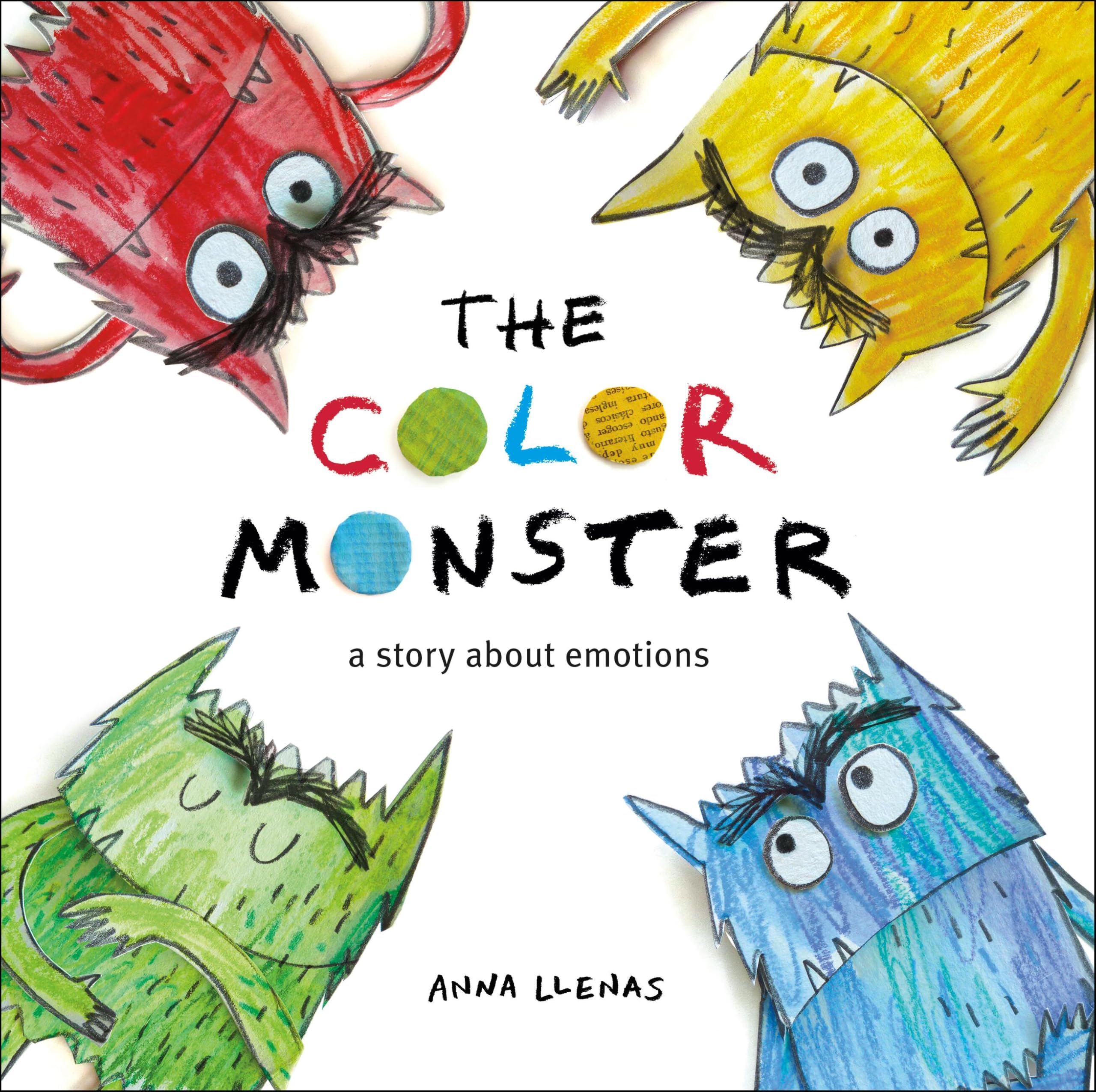
Books That Help Kids Talk About Big Feelings

How to Build a Reading Habit in Just 7 Days
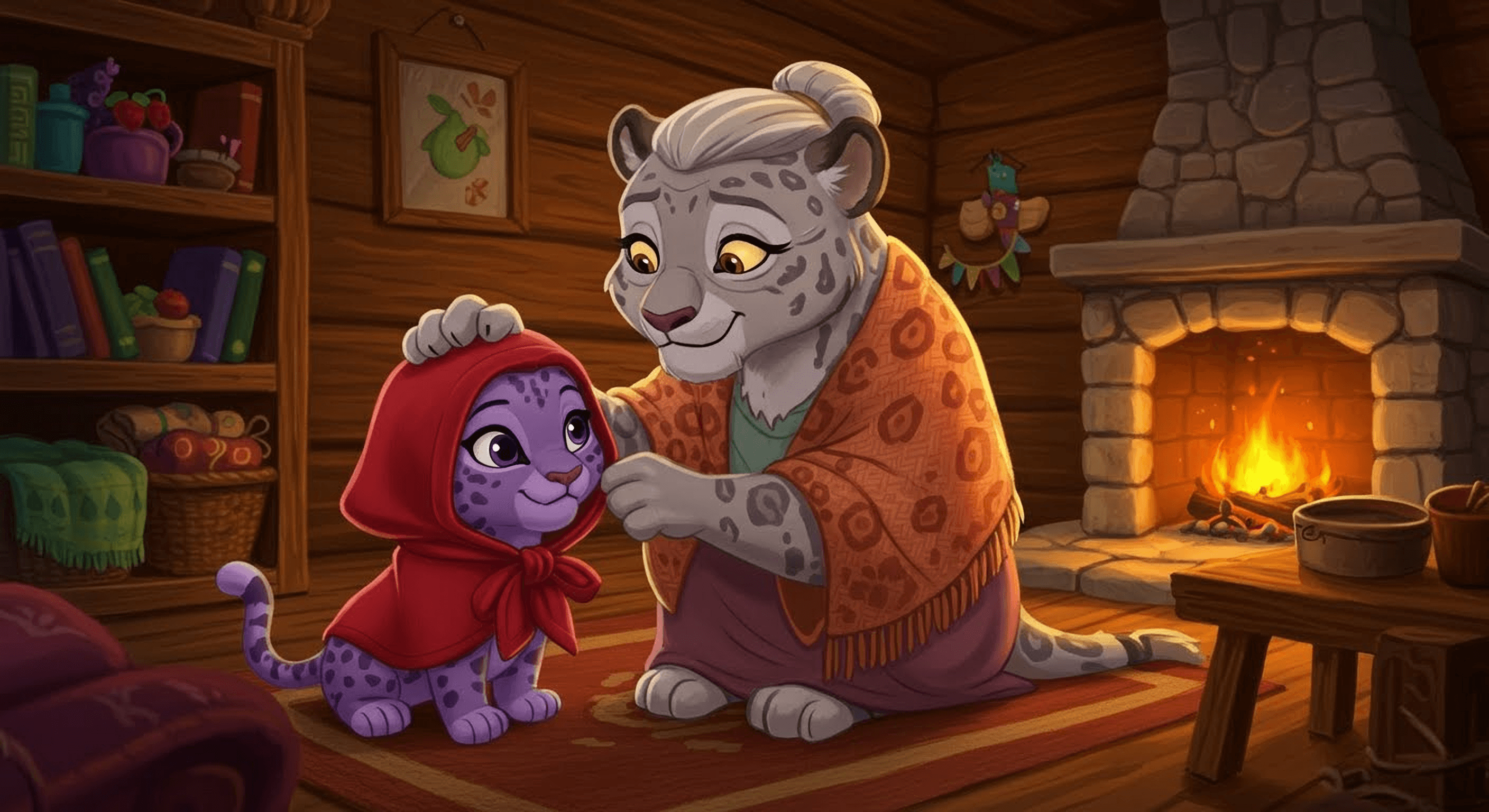
How to Get Grandparents Involved in Reading
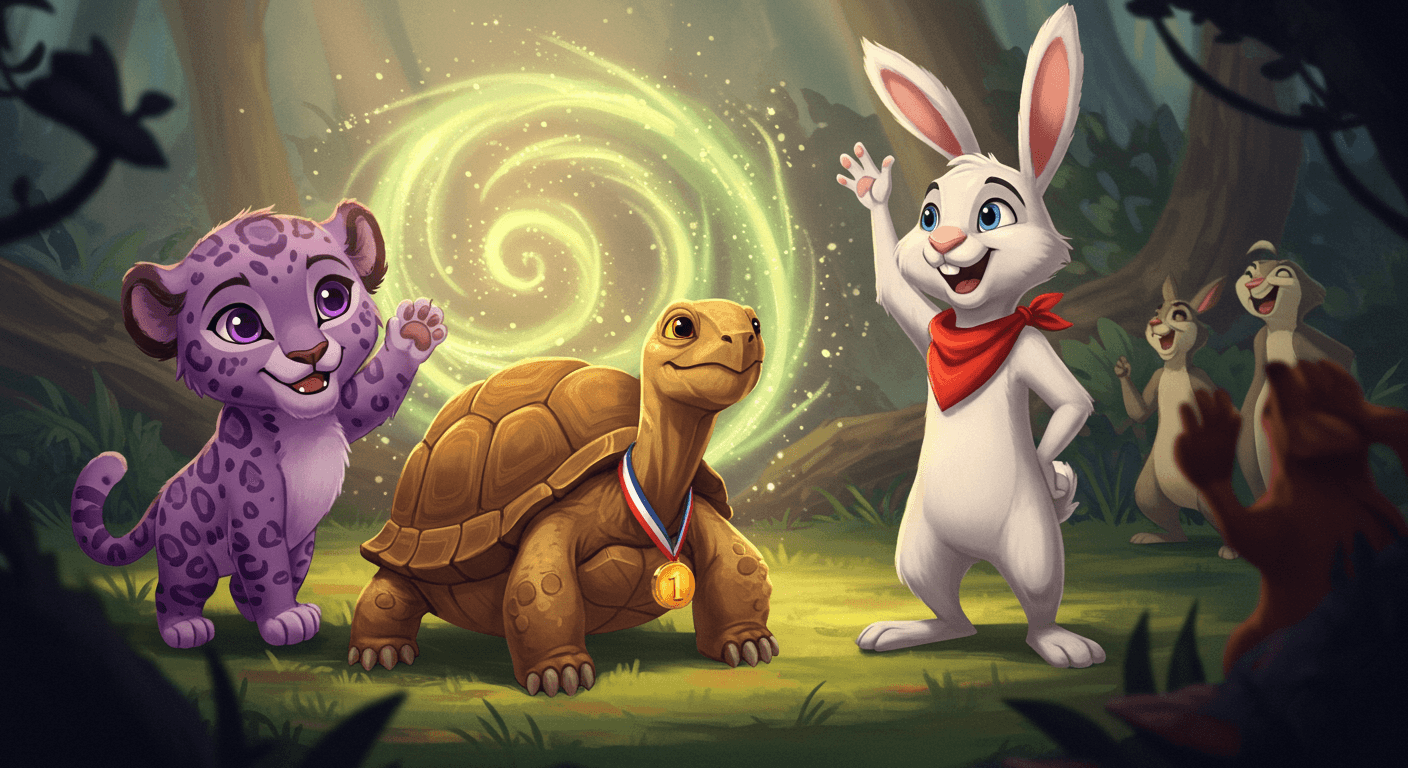
The Secret Ingredient to Raise Curious Kids
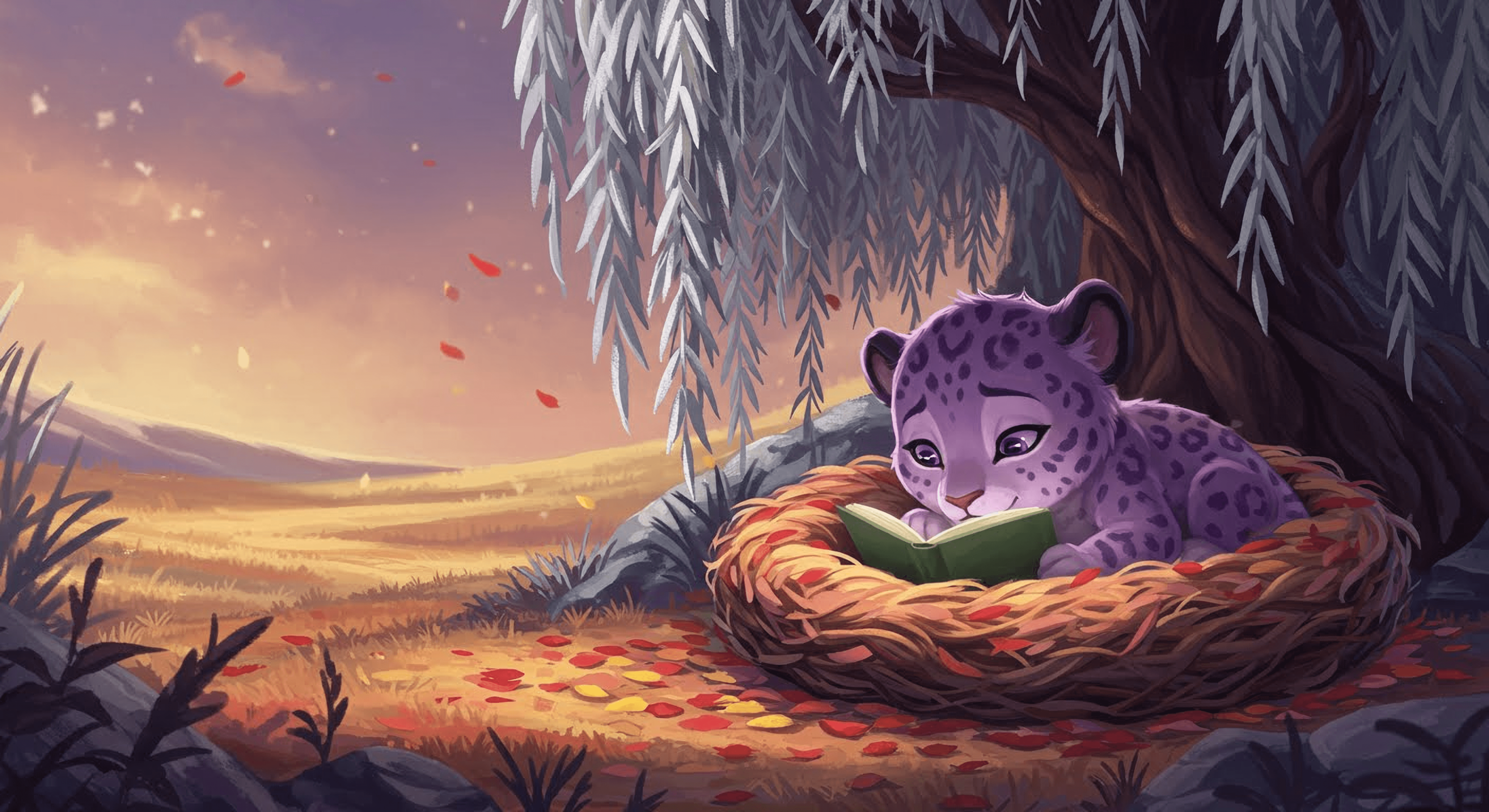
5 Signs Your Child is Ready to Start Reading on Their Own

How to Build a Calm Reading Corner at Home
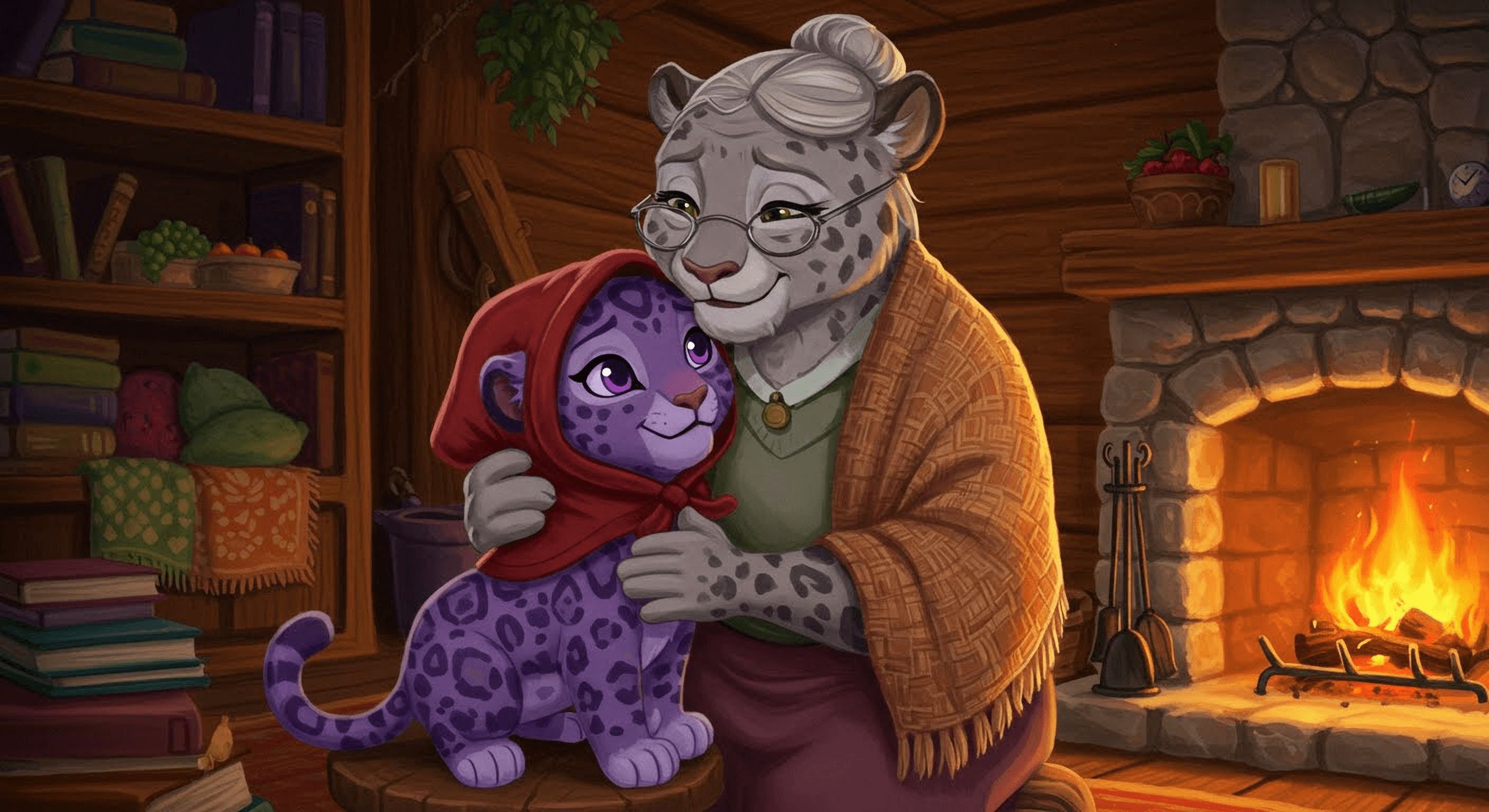
The Real Reason Kids Get Bored with Books (And How to Fix It)
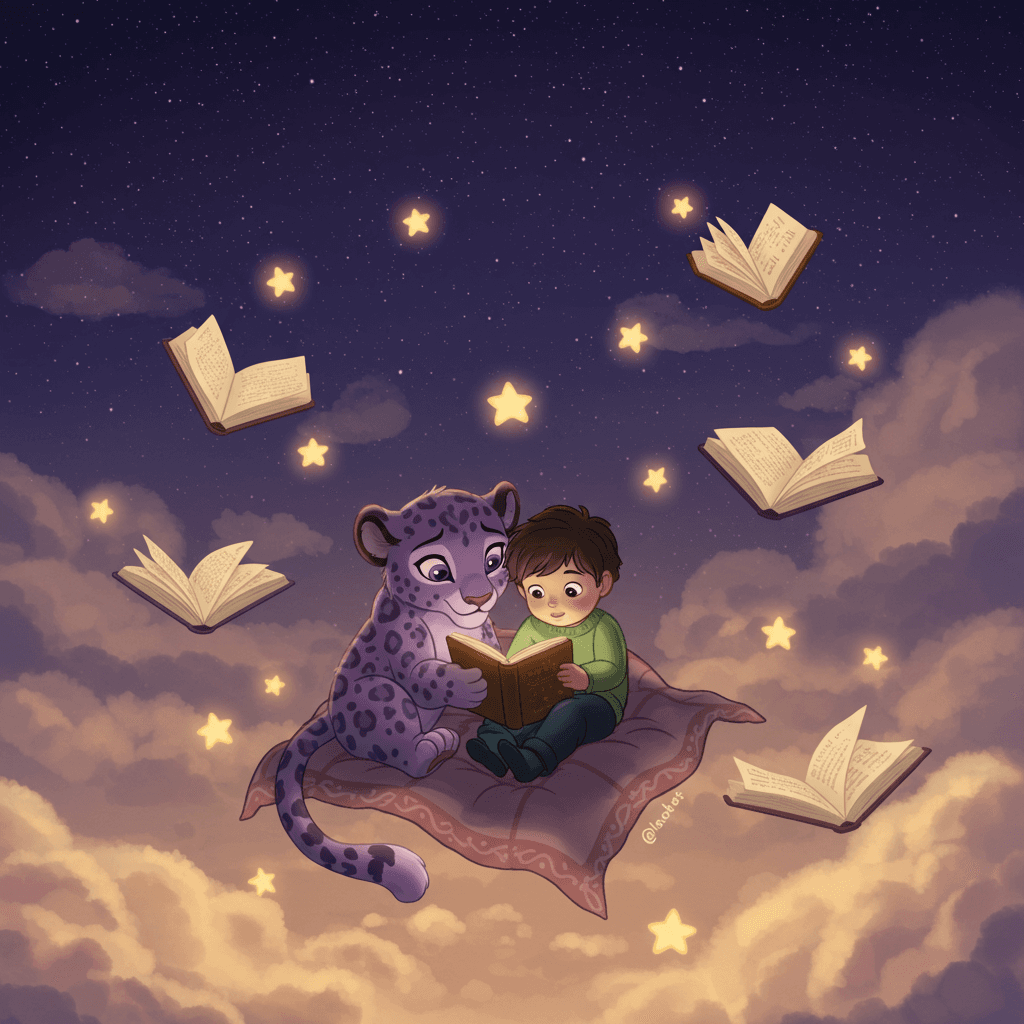
Why Reading Aloud is Still Powerful at Age 7 (Yes, Even Then!)
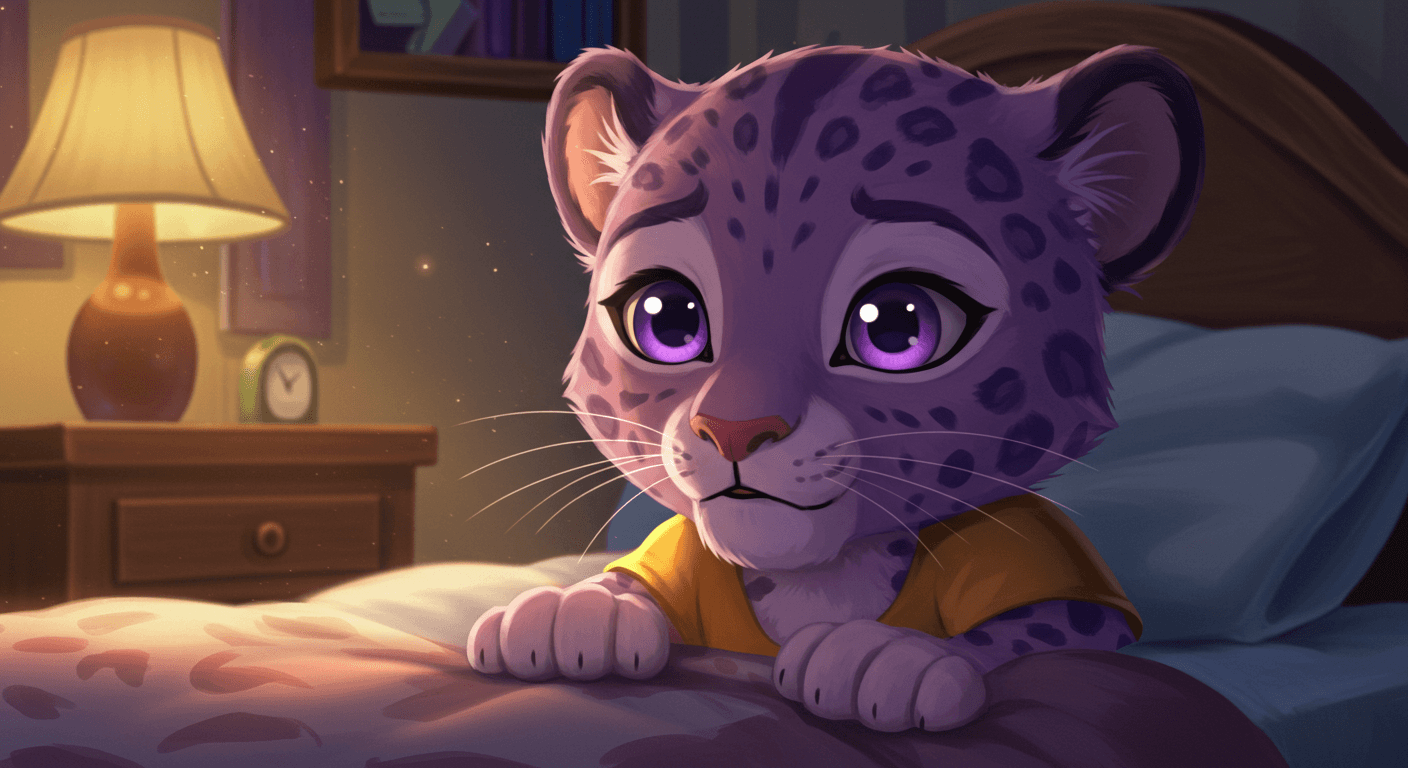
5-Minute Stories That Fit Your Morning Routine
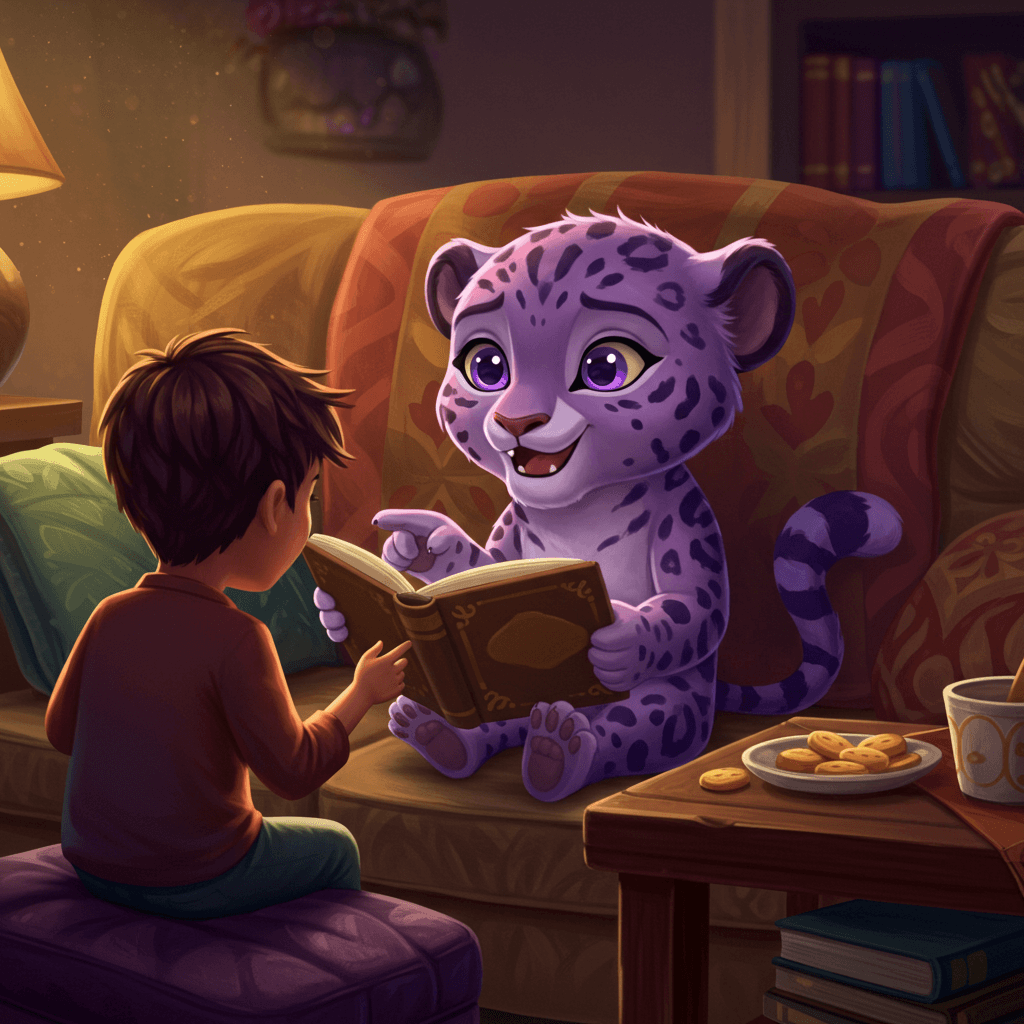
Reading Games You Can Play Without a Screen

Make Your Kid the Star: Why Personalized Stories Spark More Reading
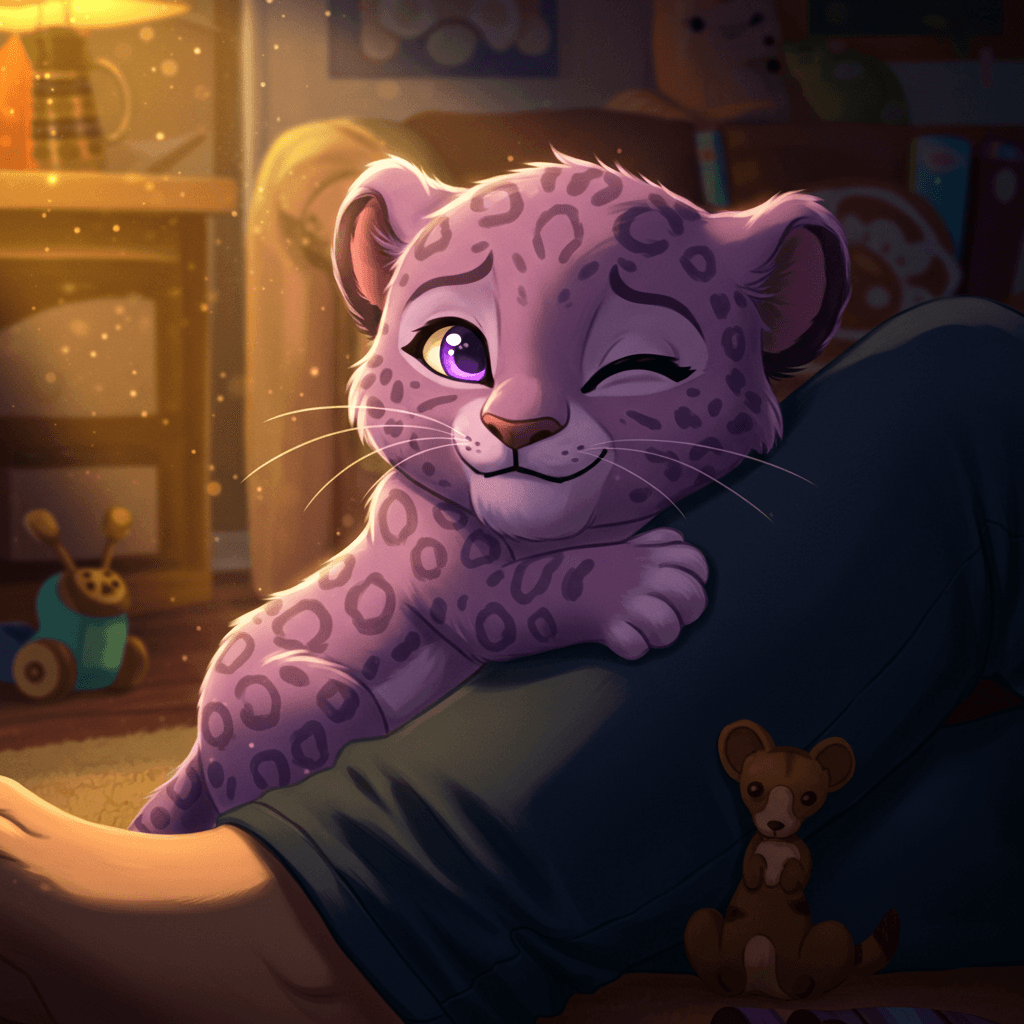
Yes, You Can Raise a Reader (Even If You’re Not One)

What 10 Minutes of Reading a Day Actually Does for Your Child’s Brain
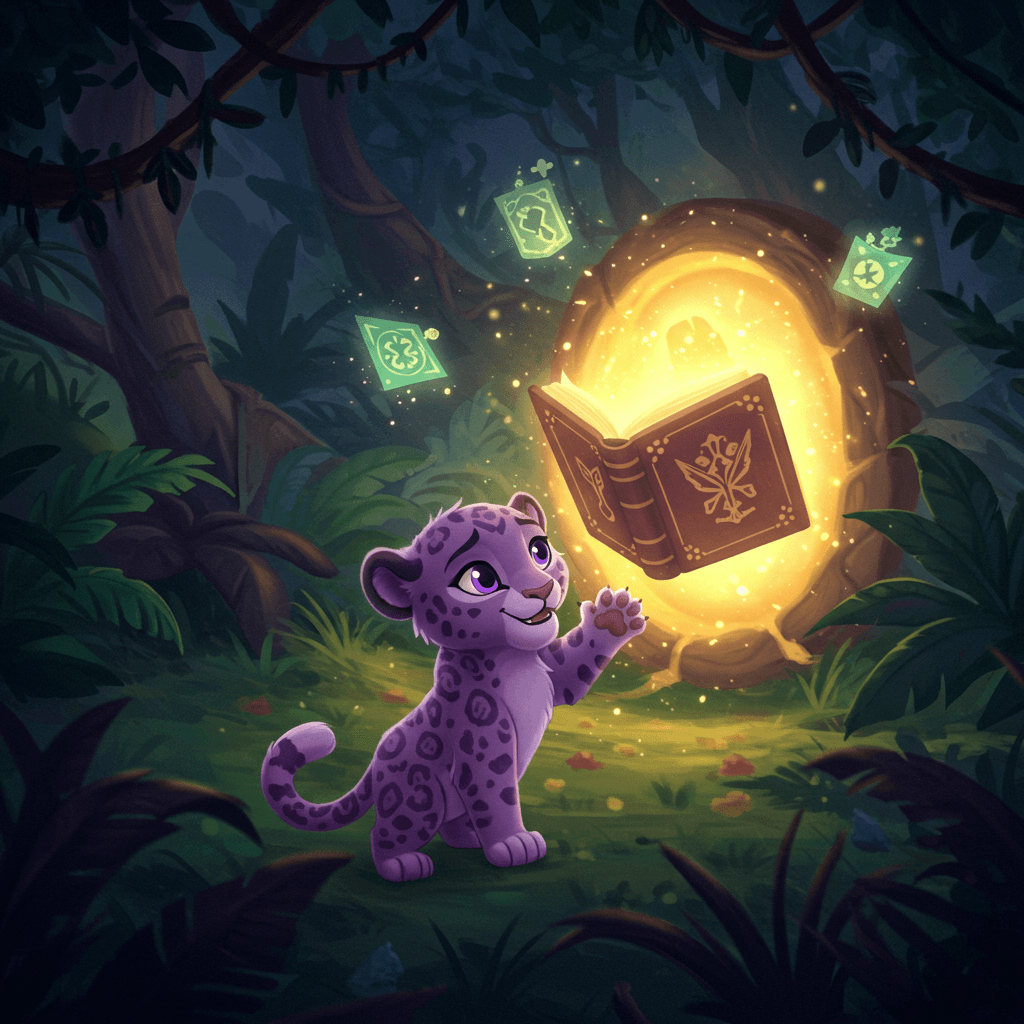
How to Pick the Right Book for Your 4–7 Year Old

What to Do When Your Kid Doesn’t Want to Read

Bedtime Reading Rituals That Actually Stick

How to Make Reading Feel Like Quality Time (Not Homework)
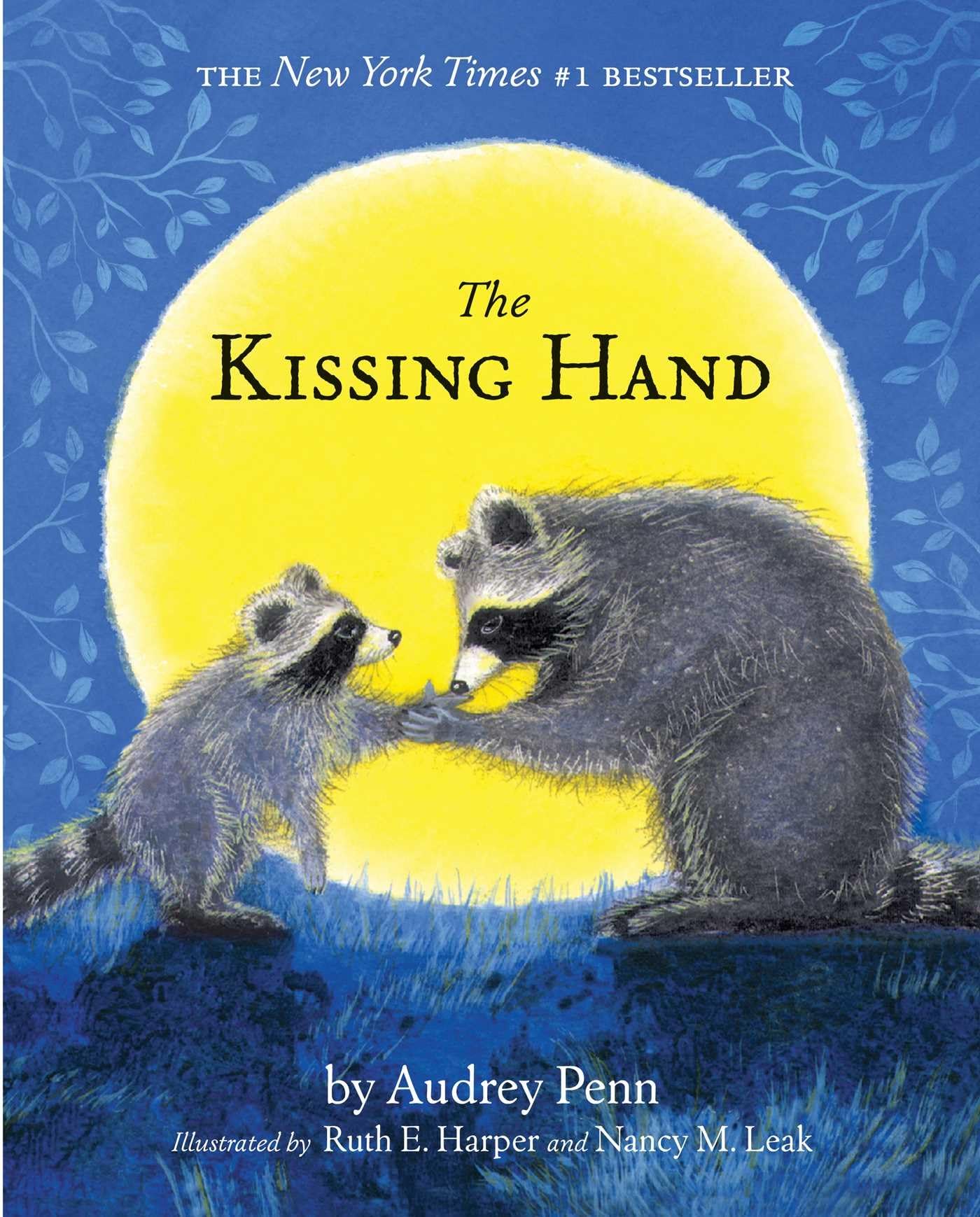
Back-to-School Book Picks for a Confident Fresh Start
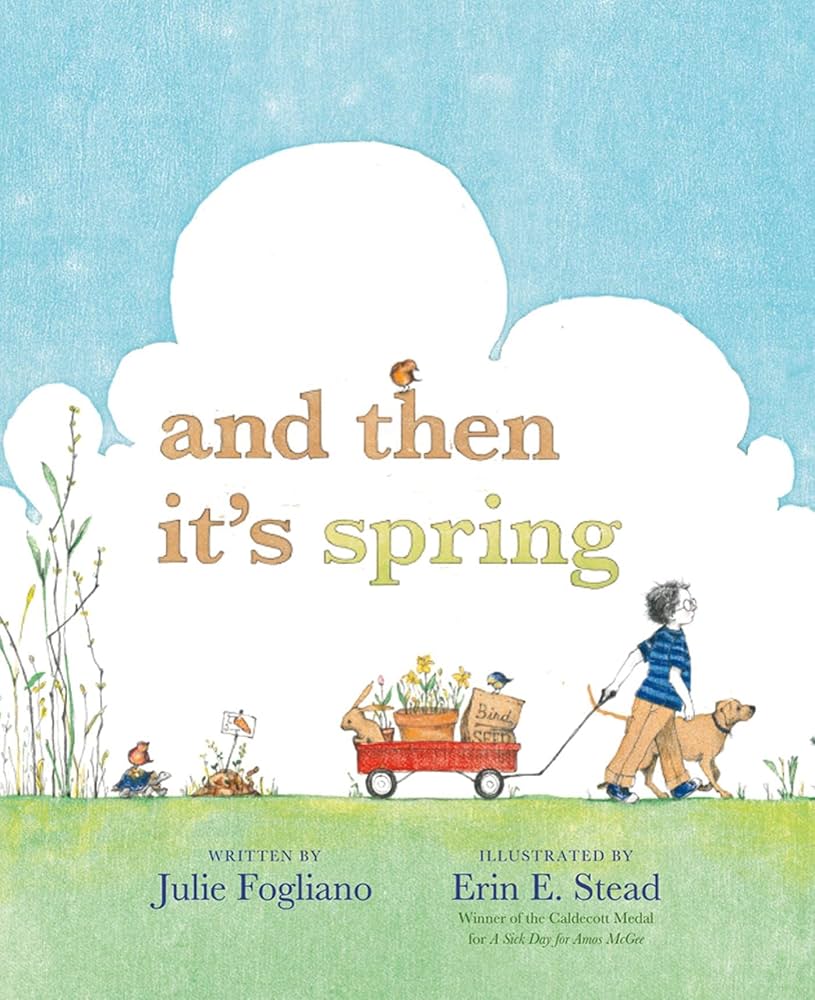
Spring Stories That Bloom with Imagination
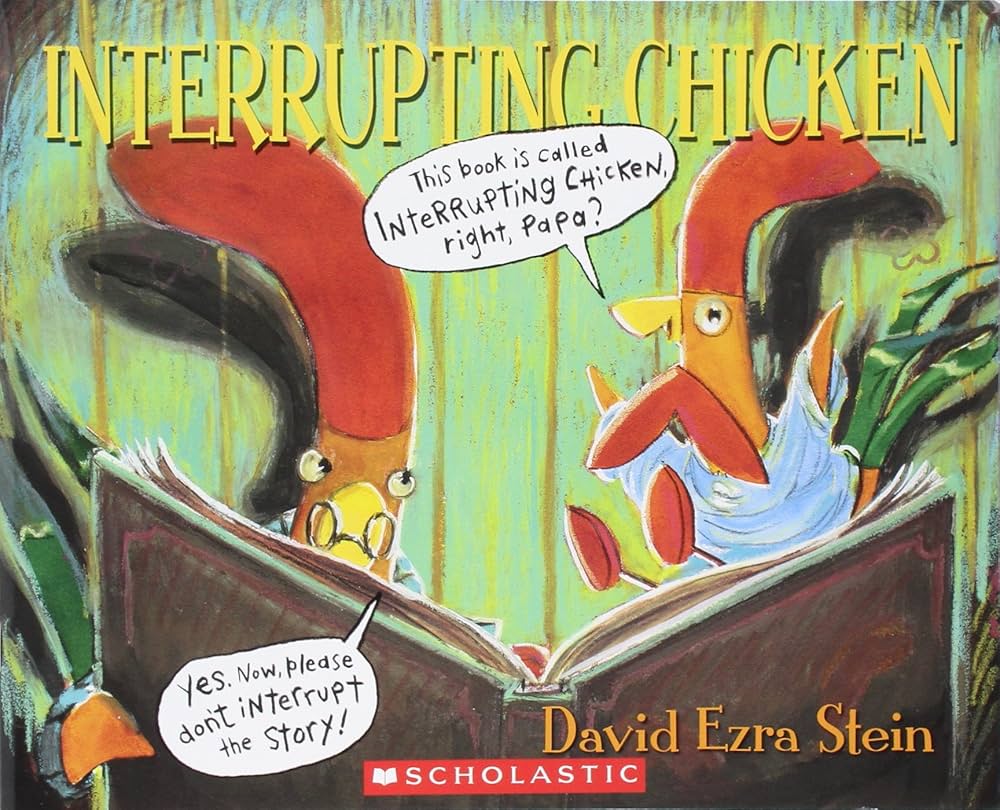
Funny Books That Make Kids (and Parents) LOL
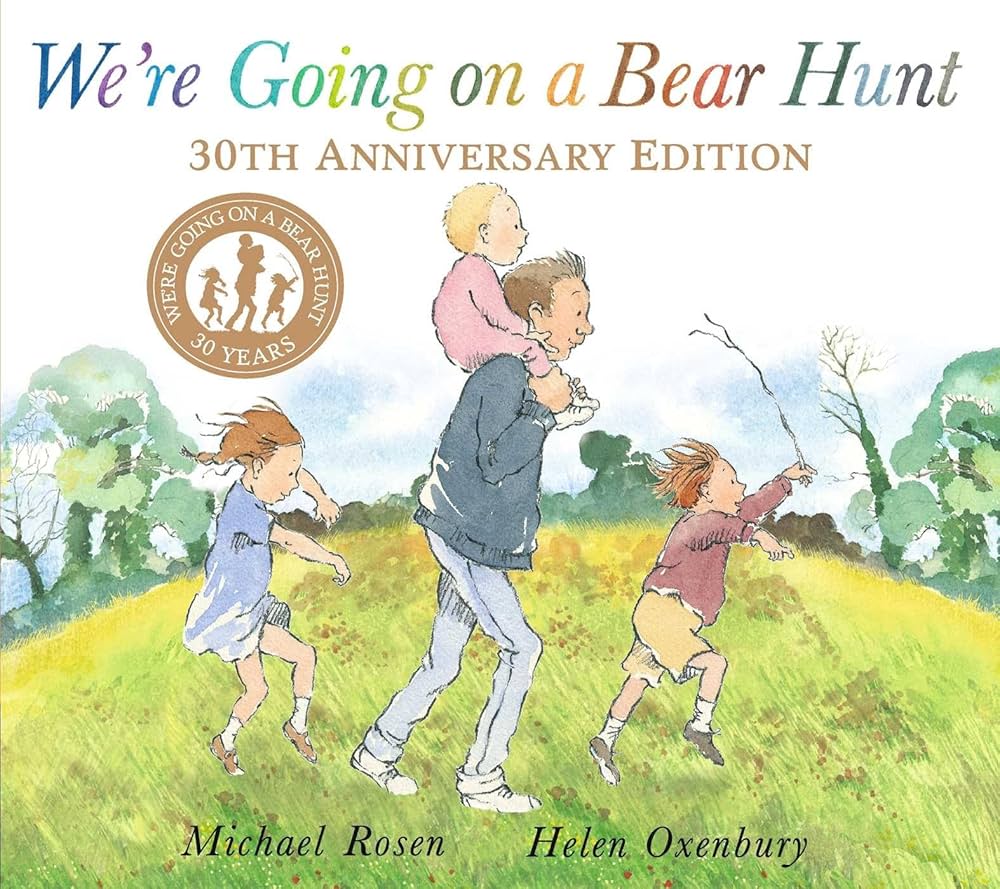
Books Full of Adventure for Little Heroes and Dreamers
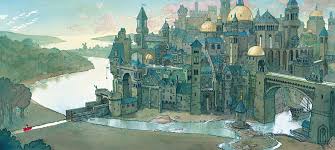
10 Enchanting Books Where Imagination Leads the Way
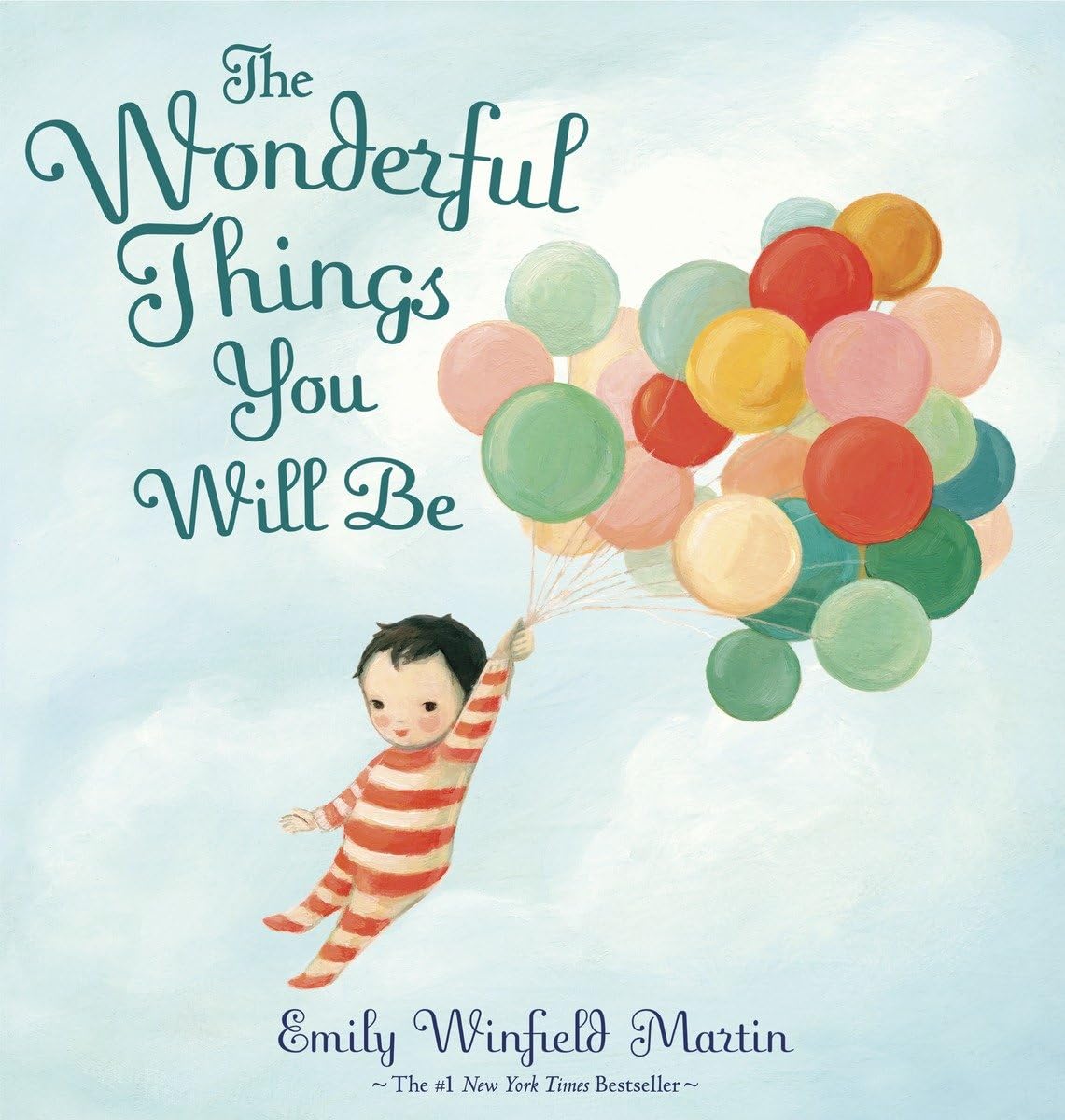
Reading Time = Bonding Time: Books That Bring Us Closer
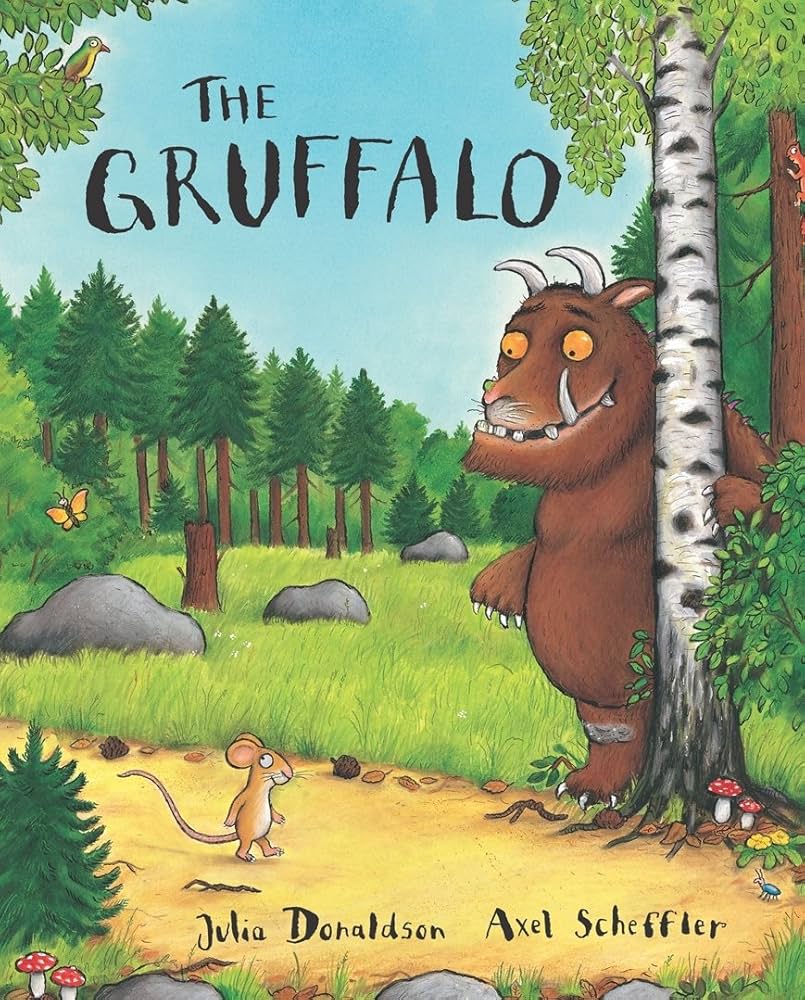
Our Family’s 10 Favorite Read-Alouds for Ages 4–7
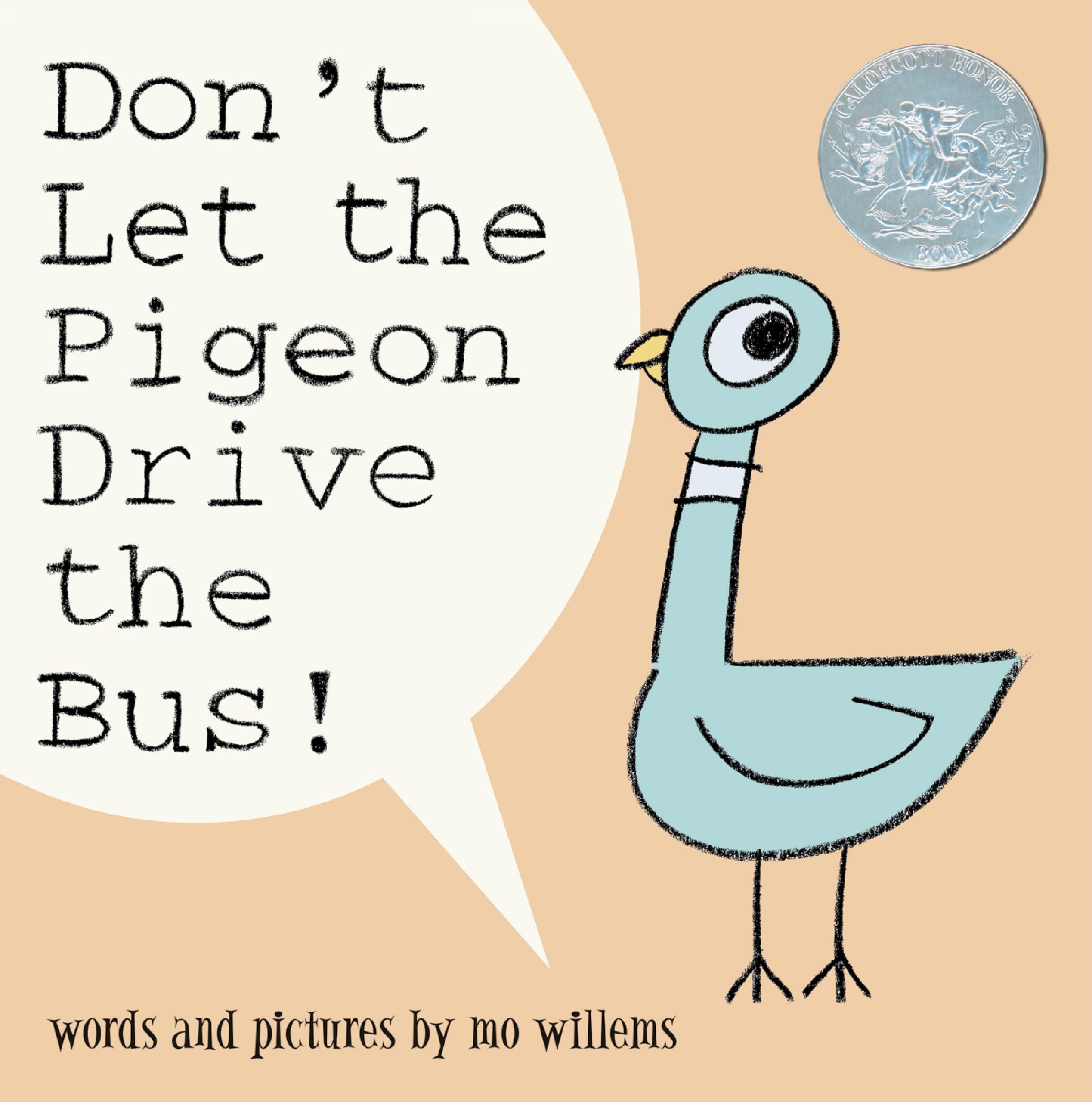
Books That Are Even Better When You Read Together
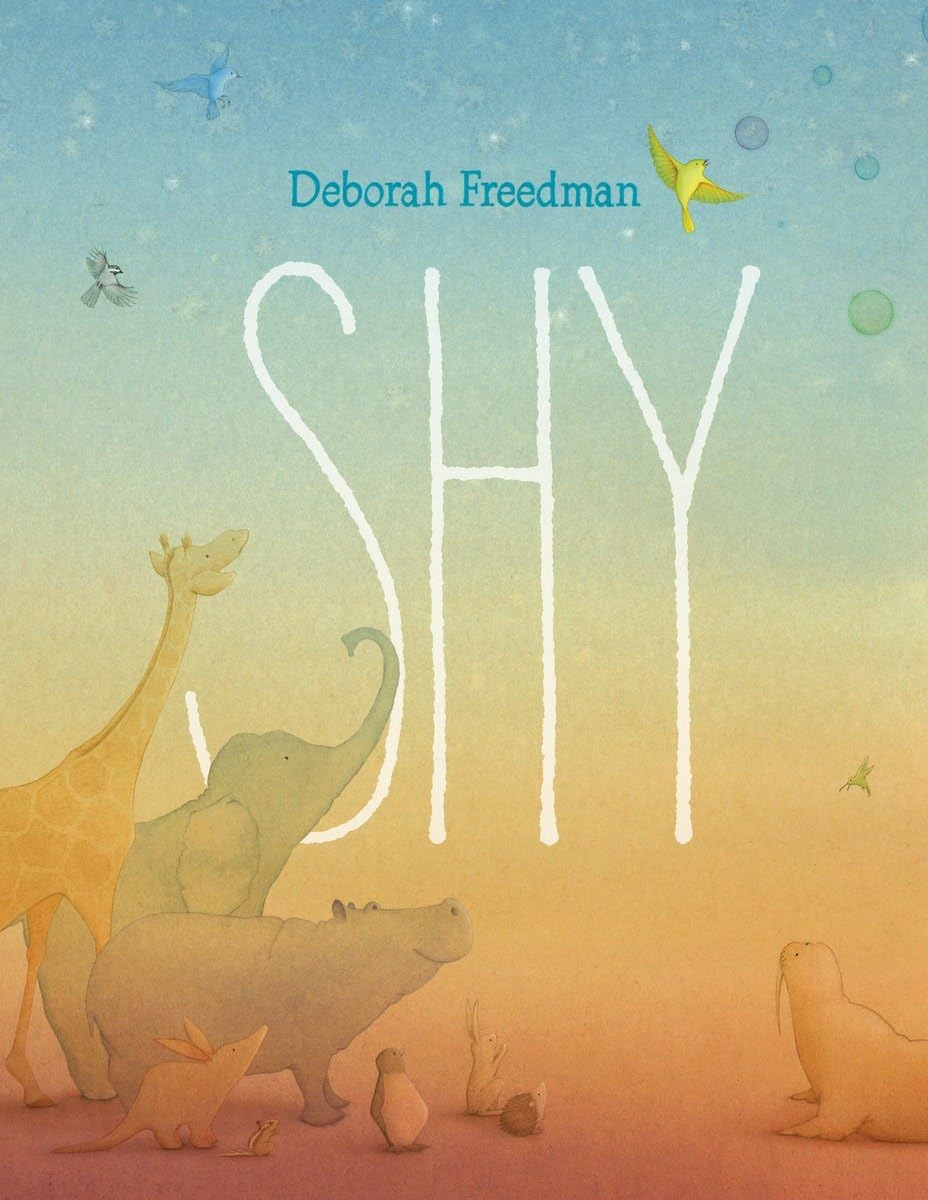
Stories That Help Shy Kids Speak Up
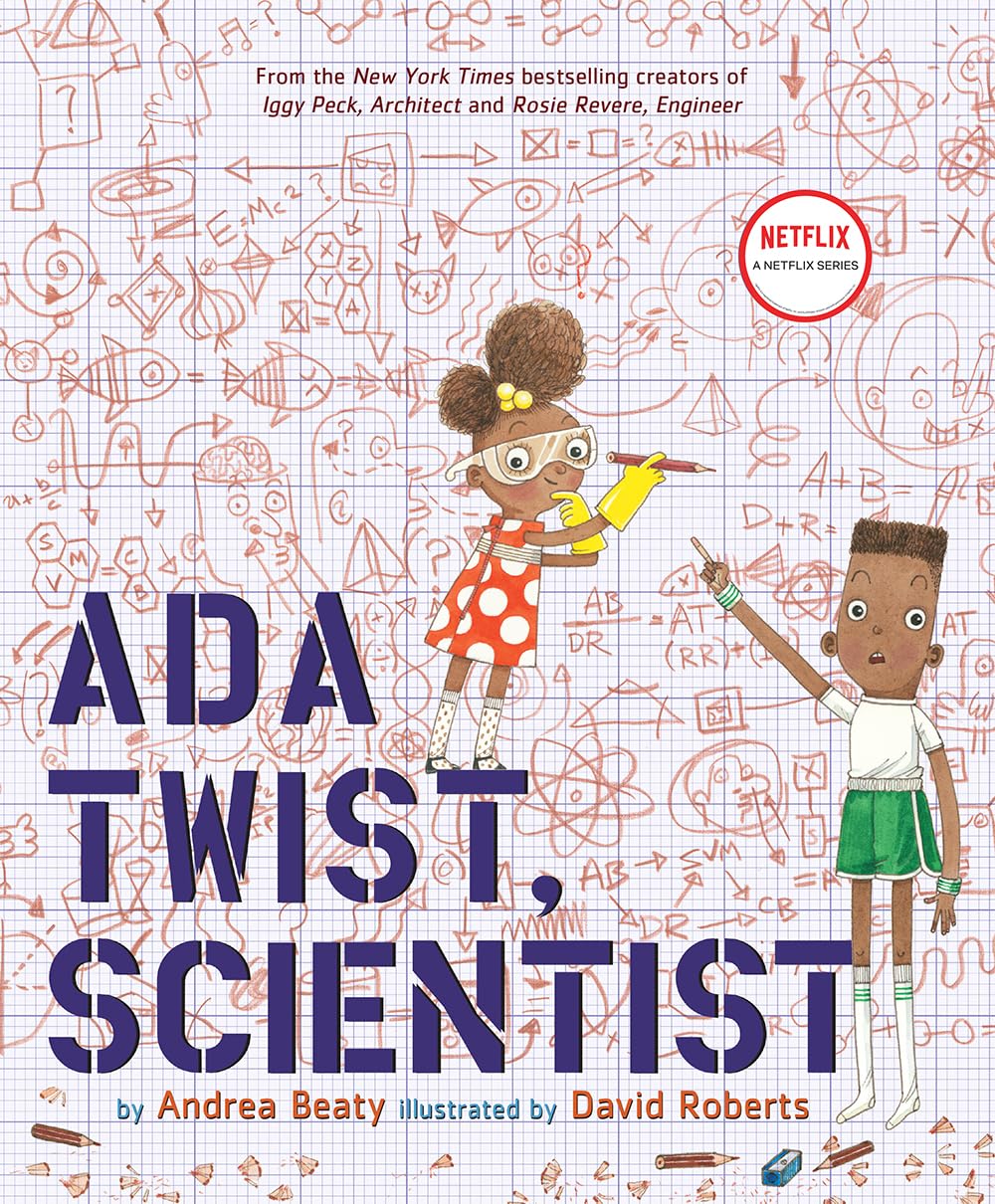
Empowering Books for Little Girls (and Boys Too!)
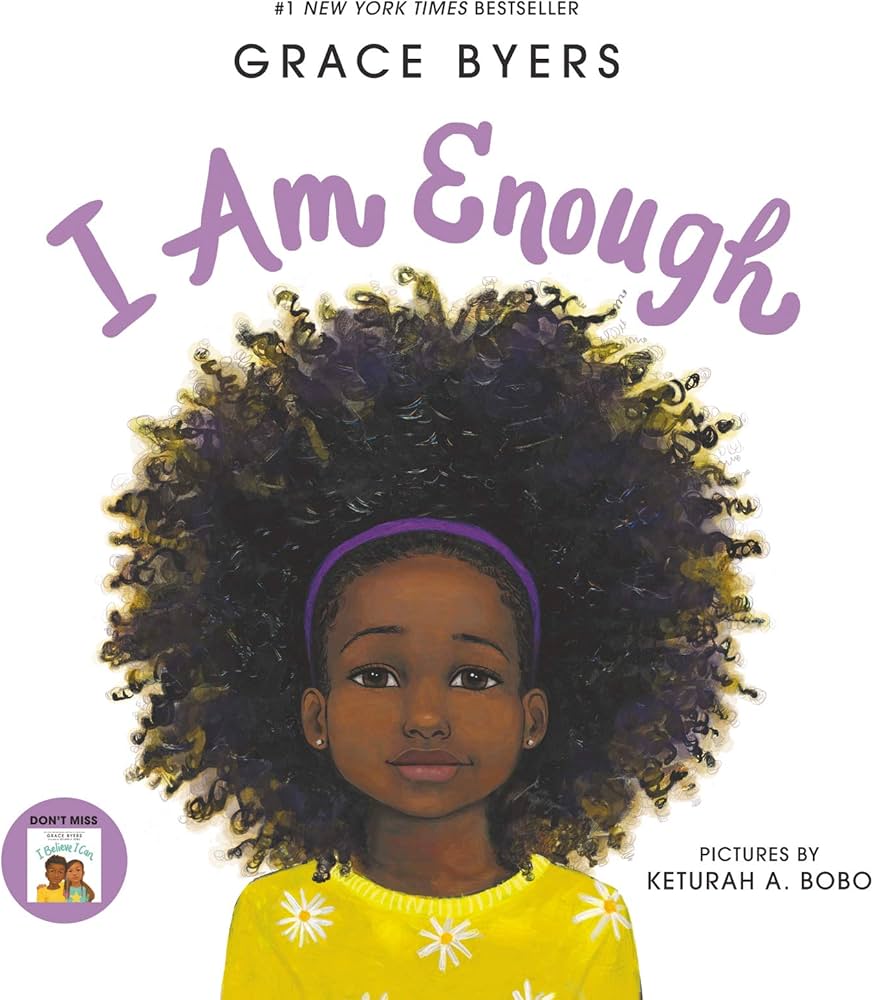
Books That Say: You Are Enough, Just as You Are
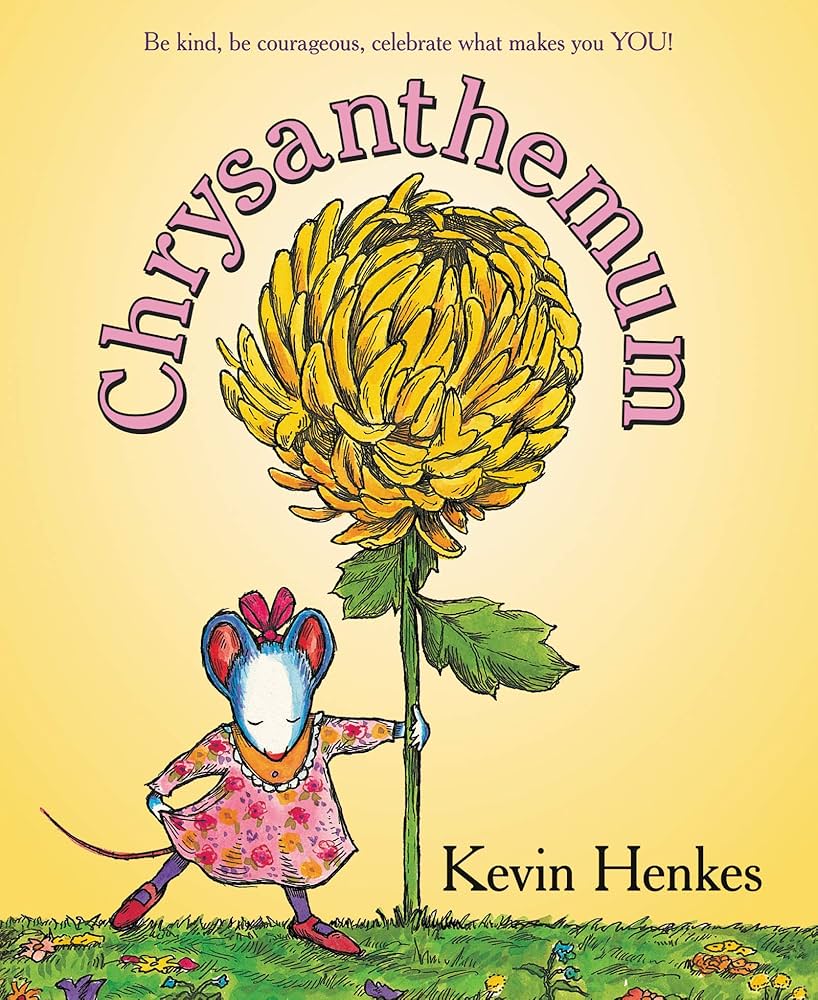
Books That Help Kids Handle Friendship Drama
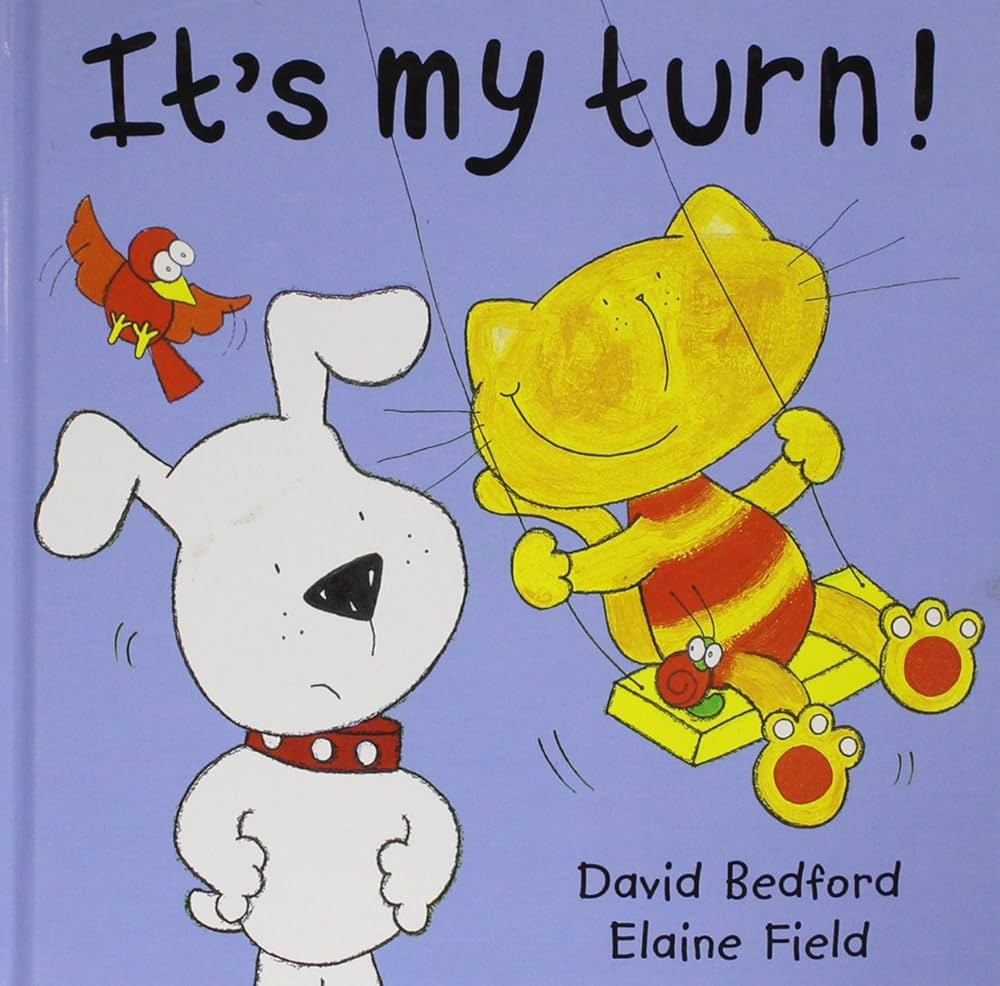
My Turn! Your Turn! Books That Teach Taking Turns and Kindness
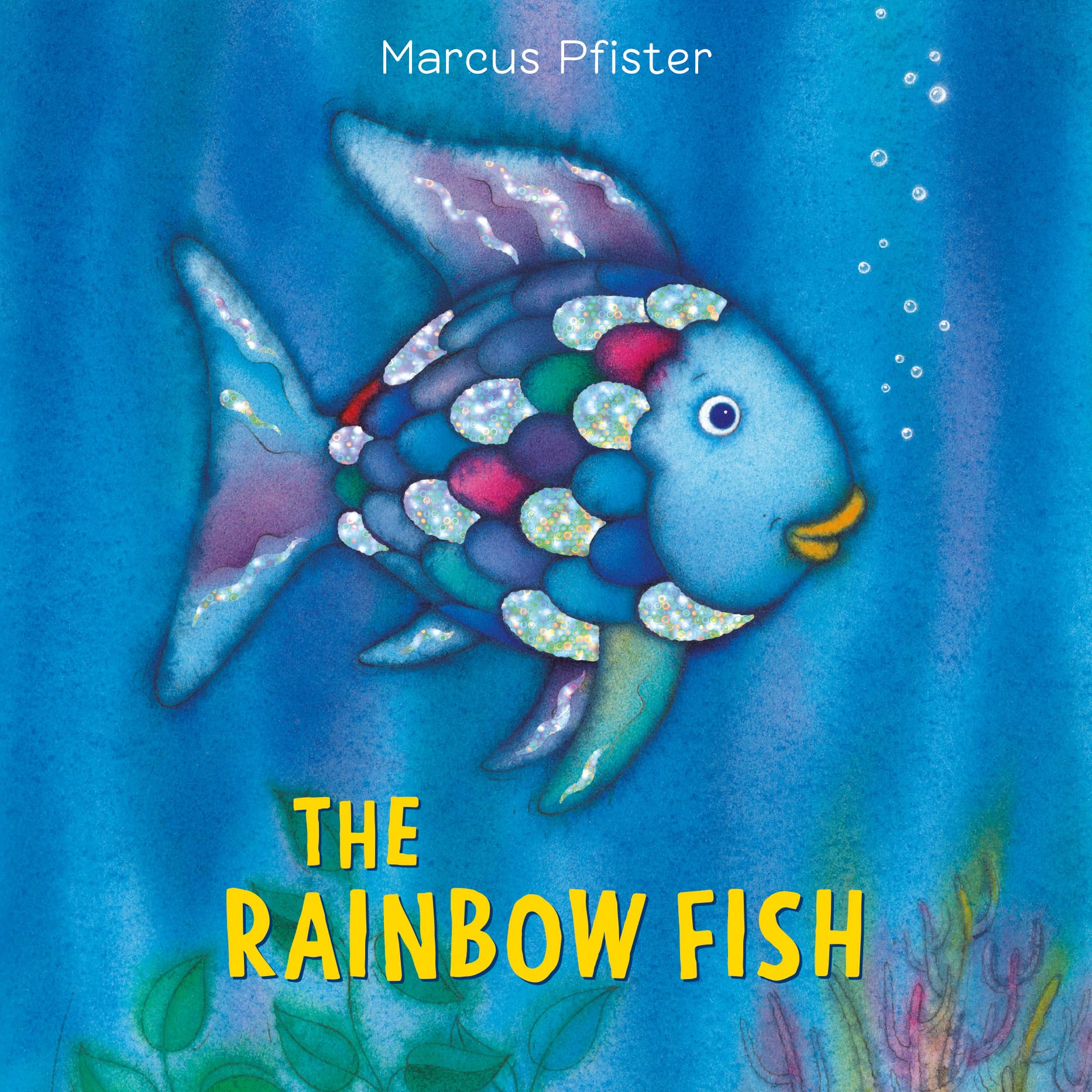
Books That Teach Sharing Without Sounding Like a Lecture
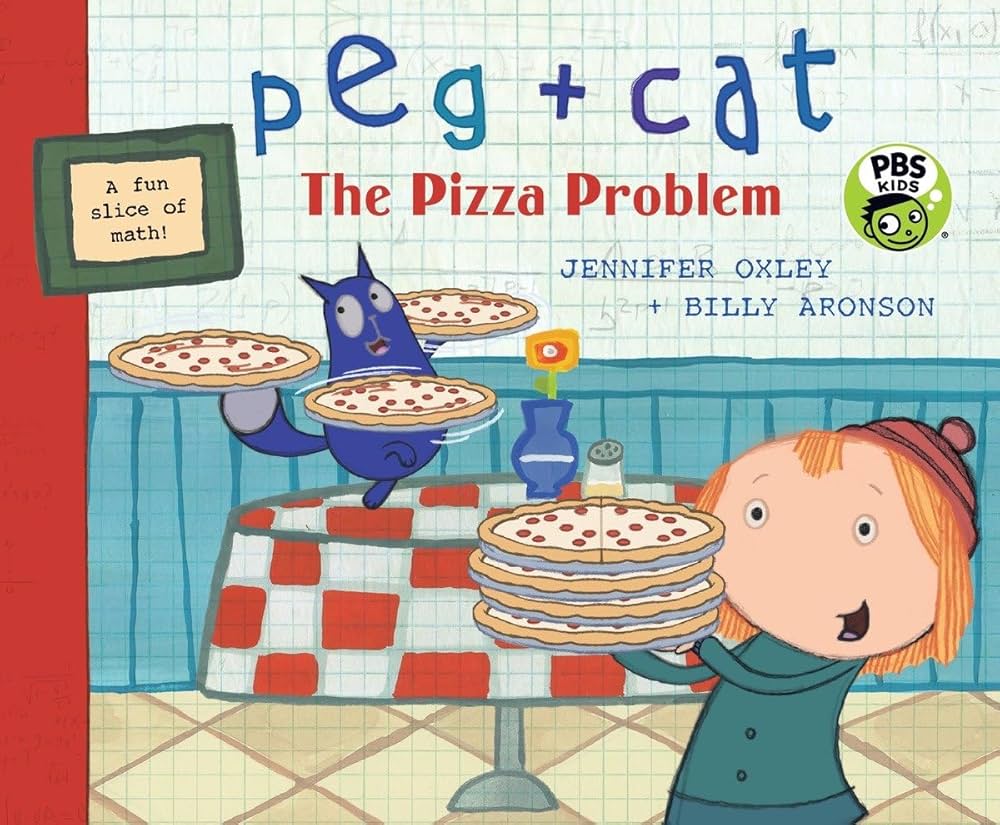
STEM Books Your 5-Year-Old Will Beg to Read Again
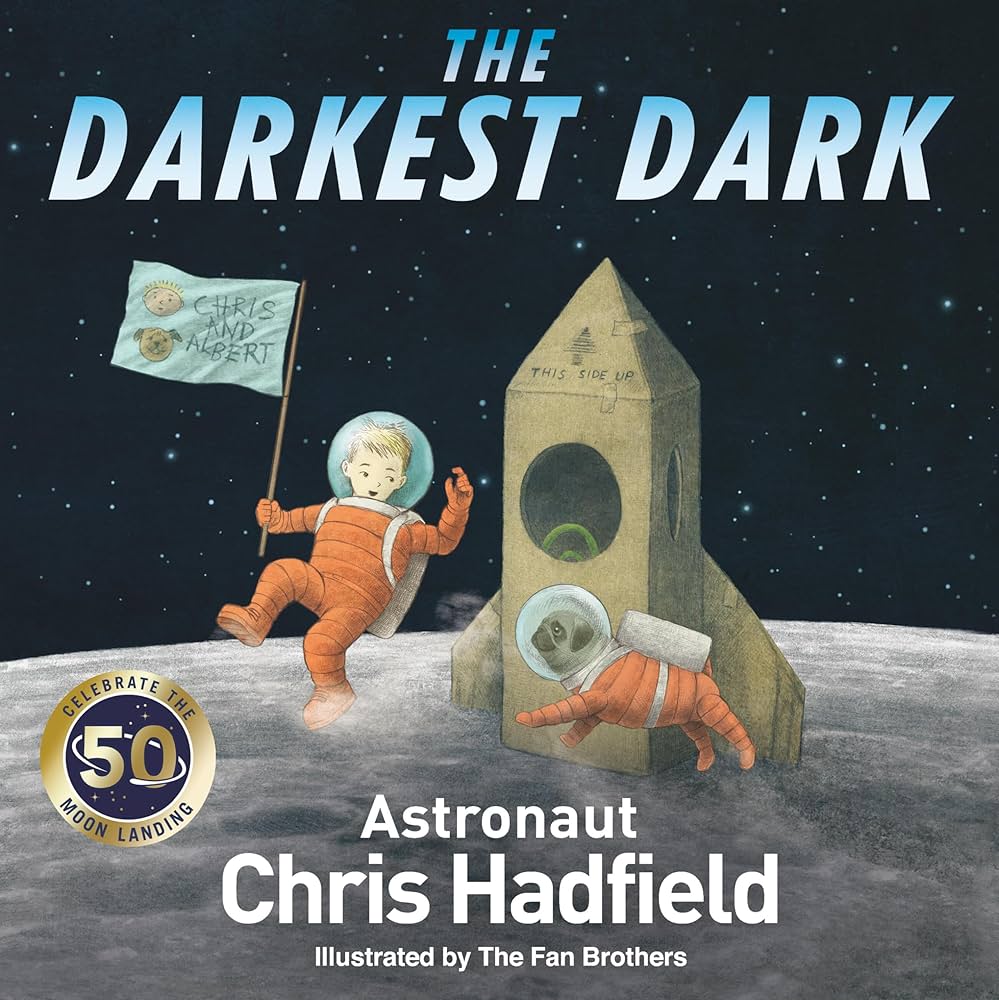
Books for Curious Minds: Why, How, What? (They Ask It All!)
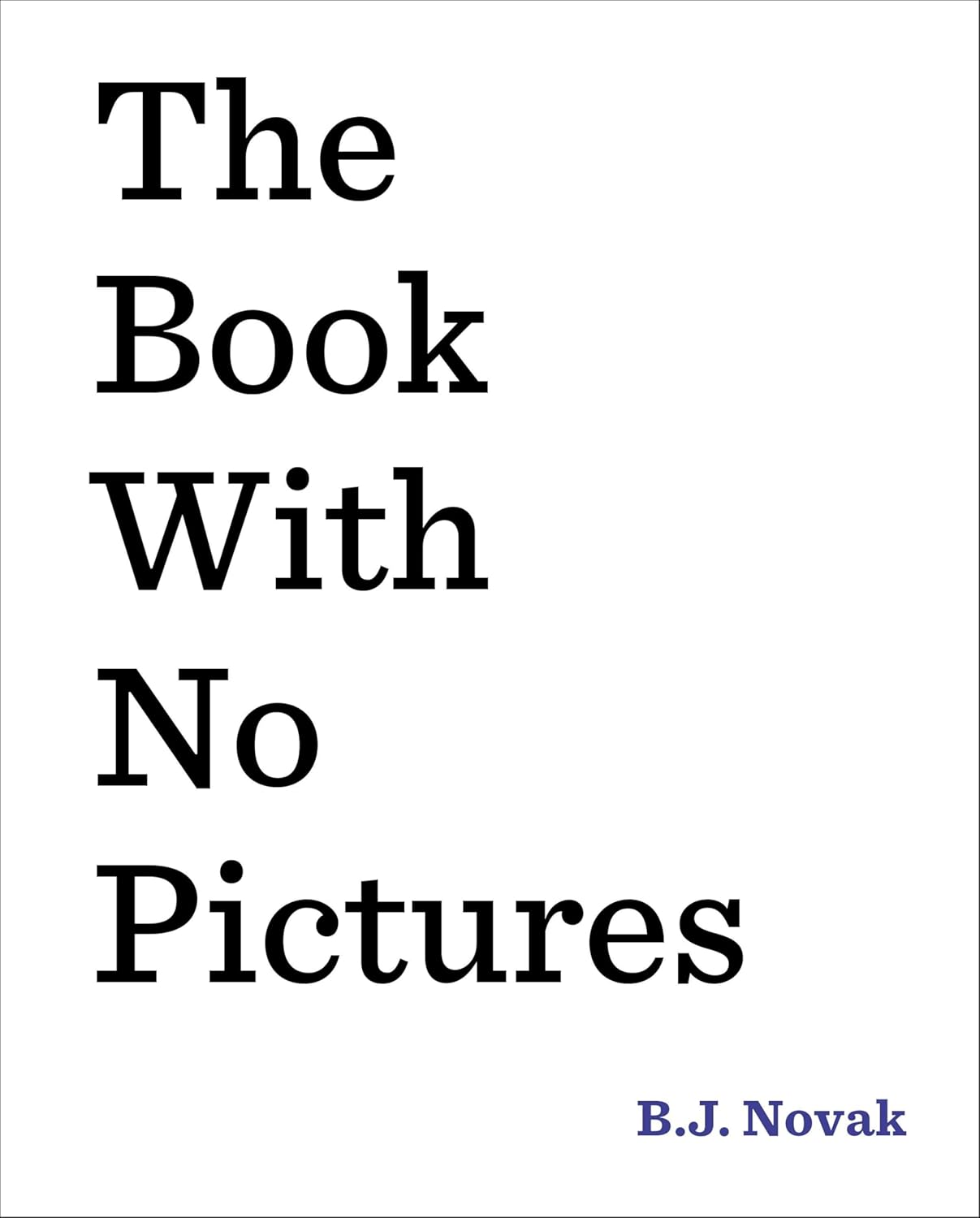
Books That Help Kids Love Reading—Even If They Struggle
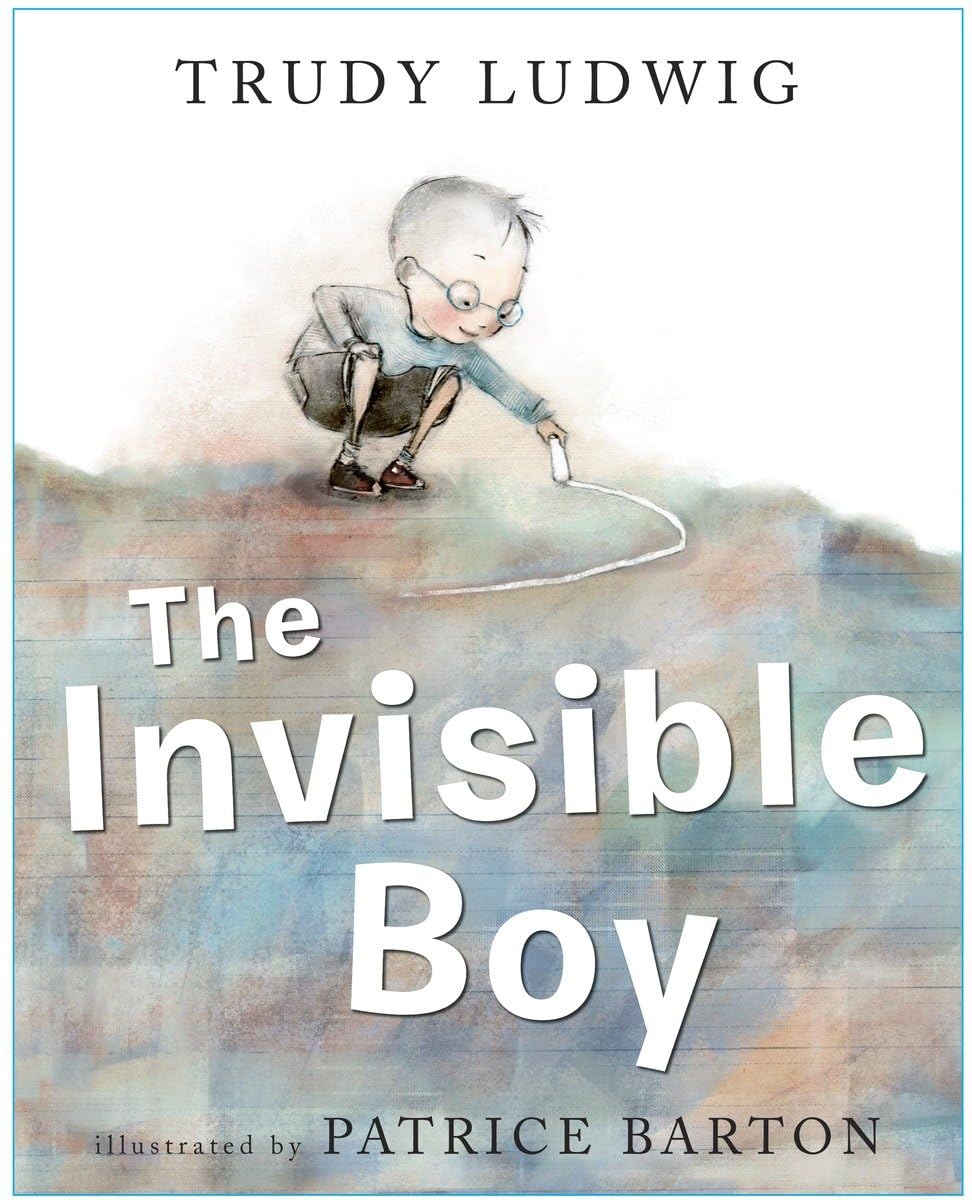
Best Books to Raise Kind, Inclusive Kids
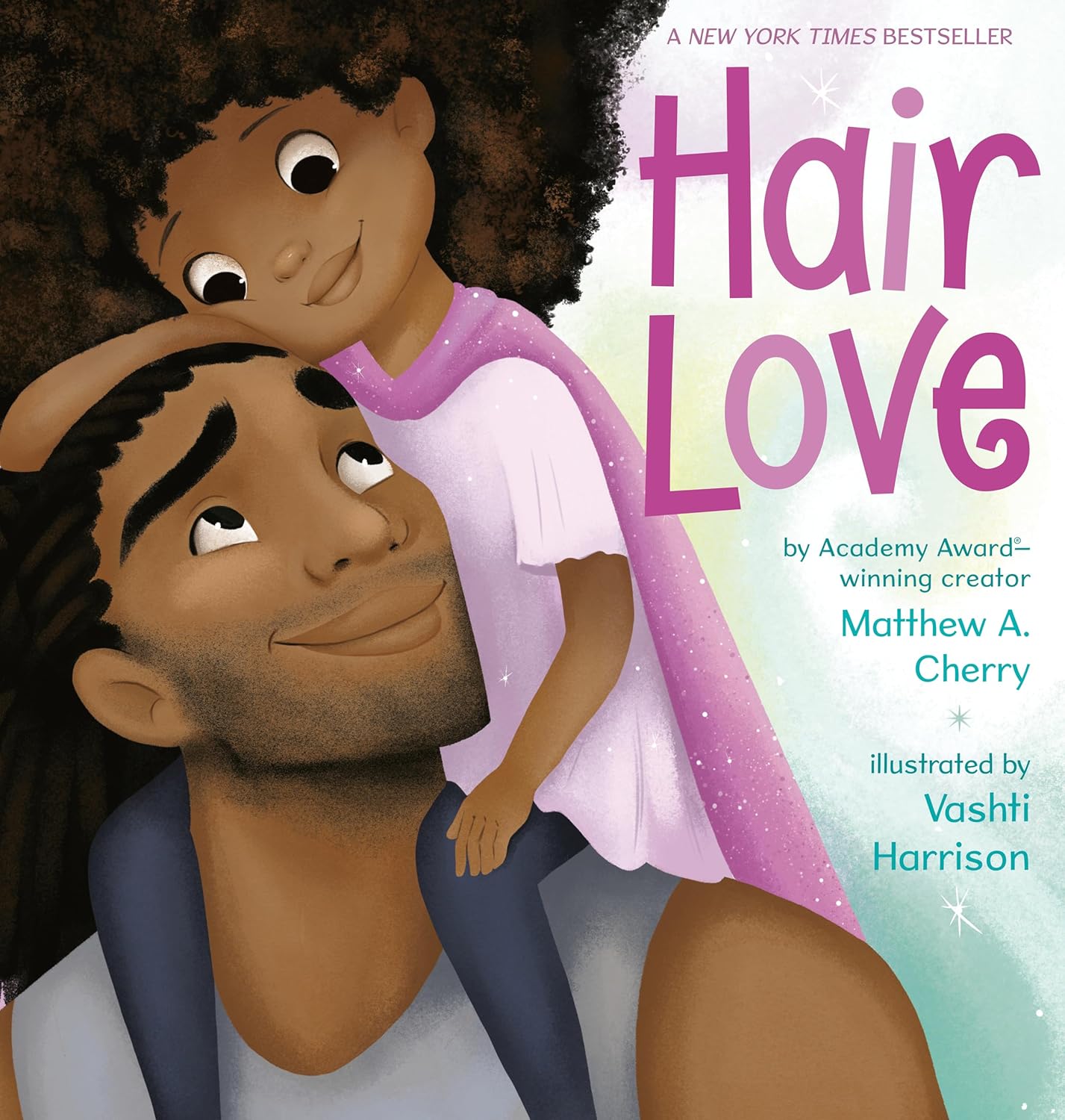
Stories That Help Kids Feel Seen: Diverse Books for Ages 4–7
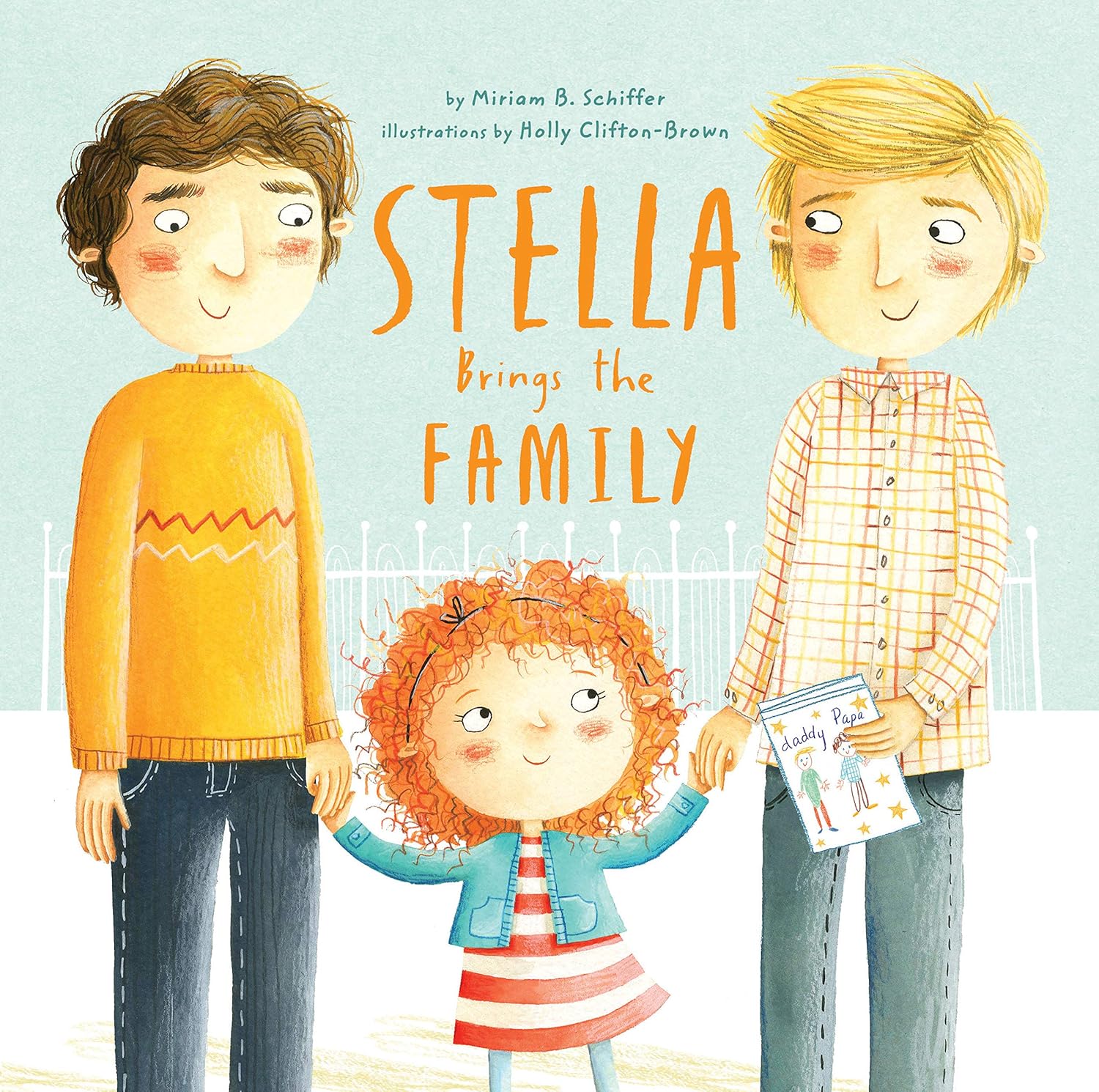
Children's Books That Celebrate Every Kind of Family
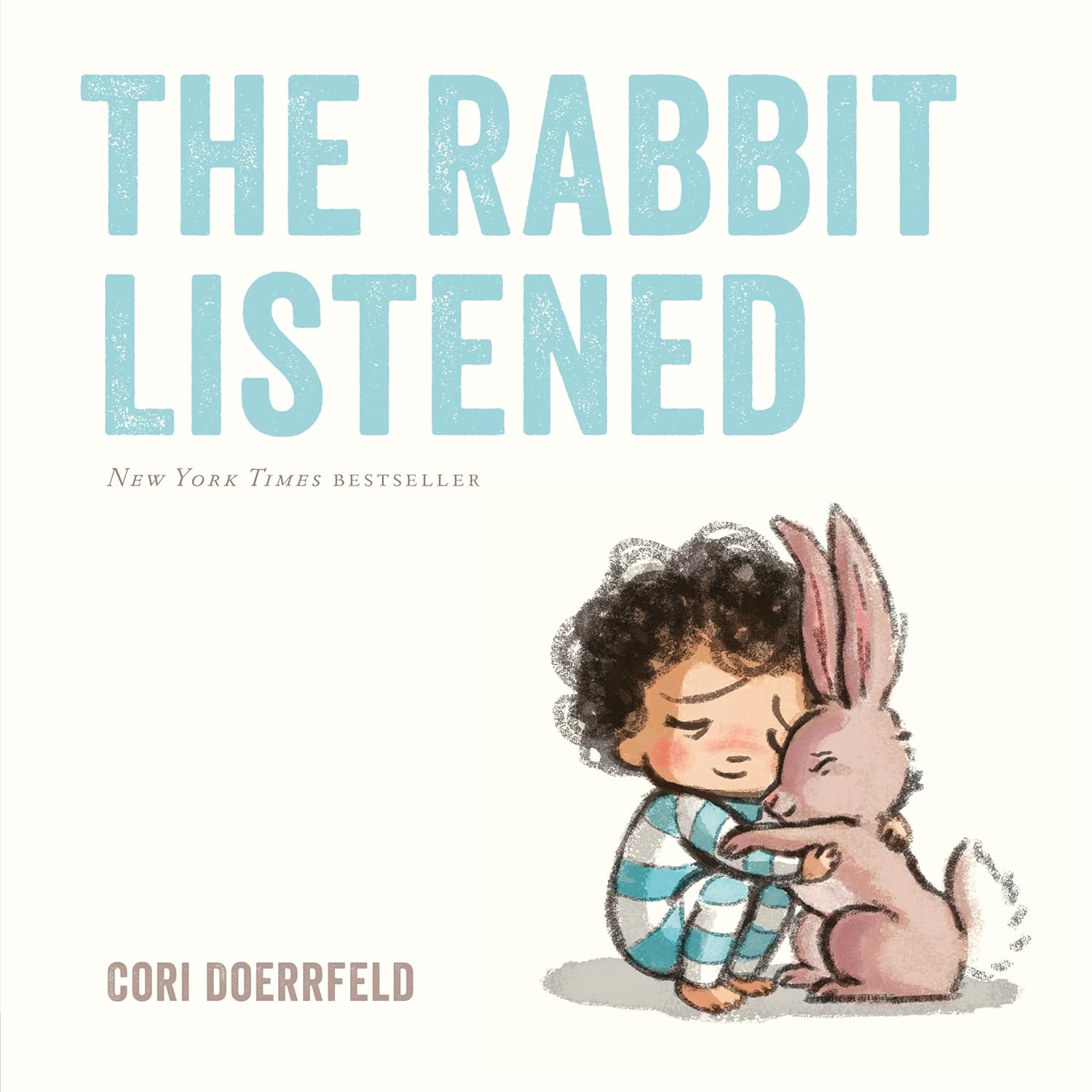
Books That Help Kids Calm Down After a Long Day
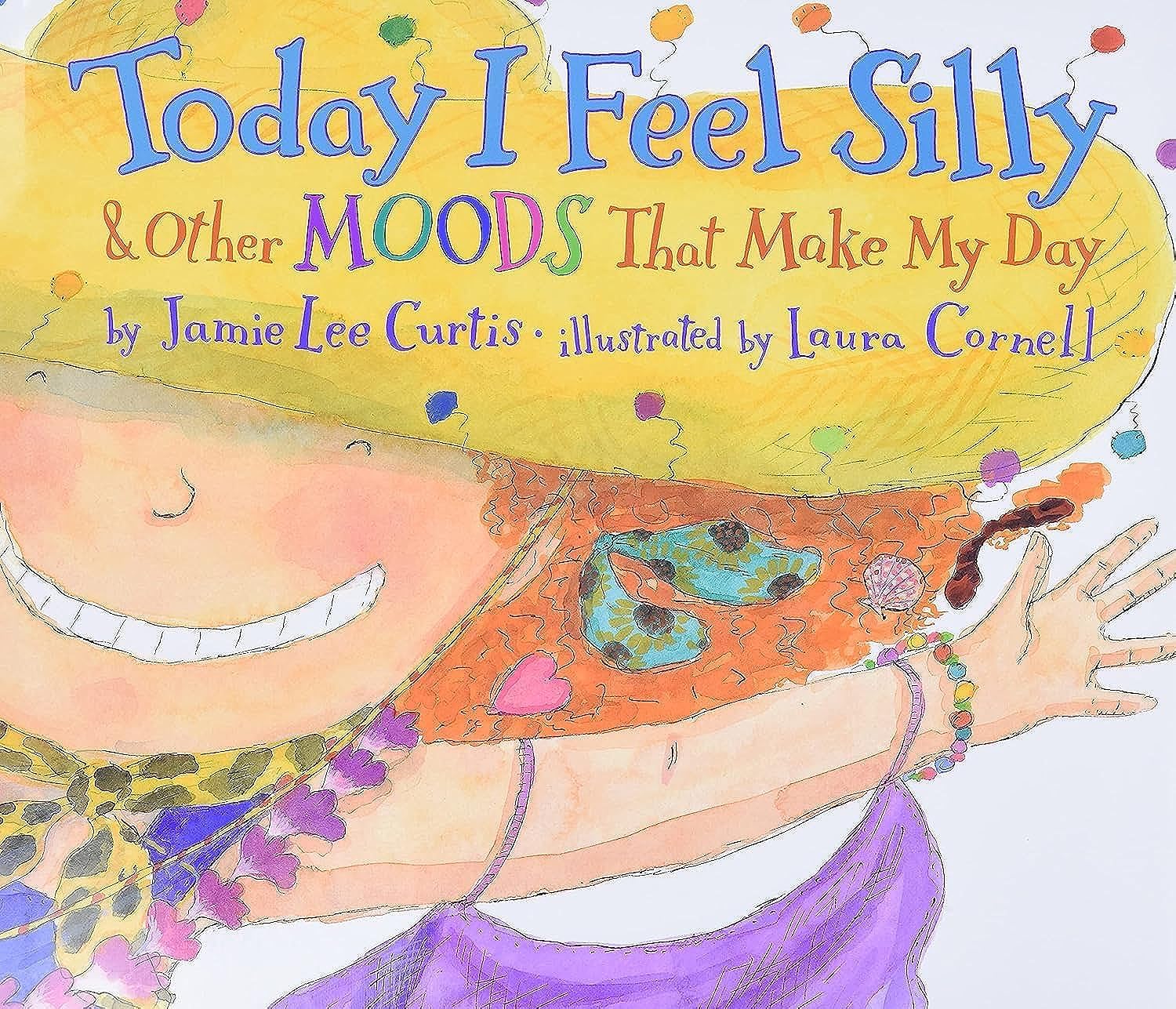
Angry, Sad, Excited: Storybooks That Help Kids Name Emotions
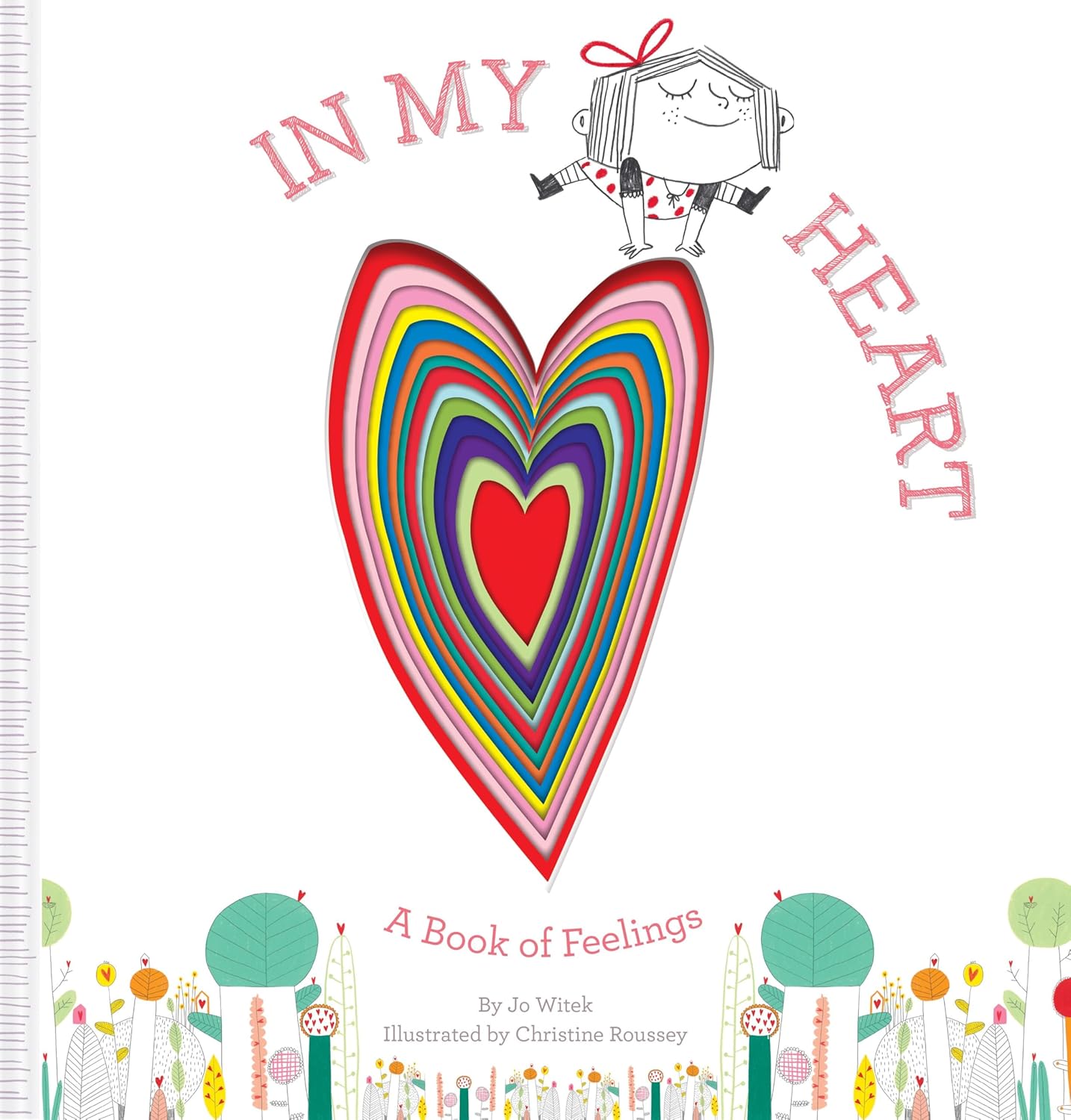
Feelings Are Hard: 12 Books That Teach Kids Emotional Skills
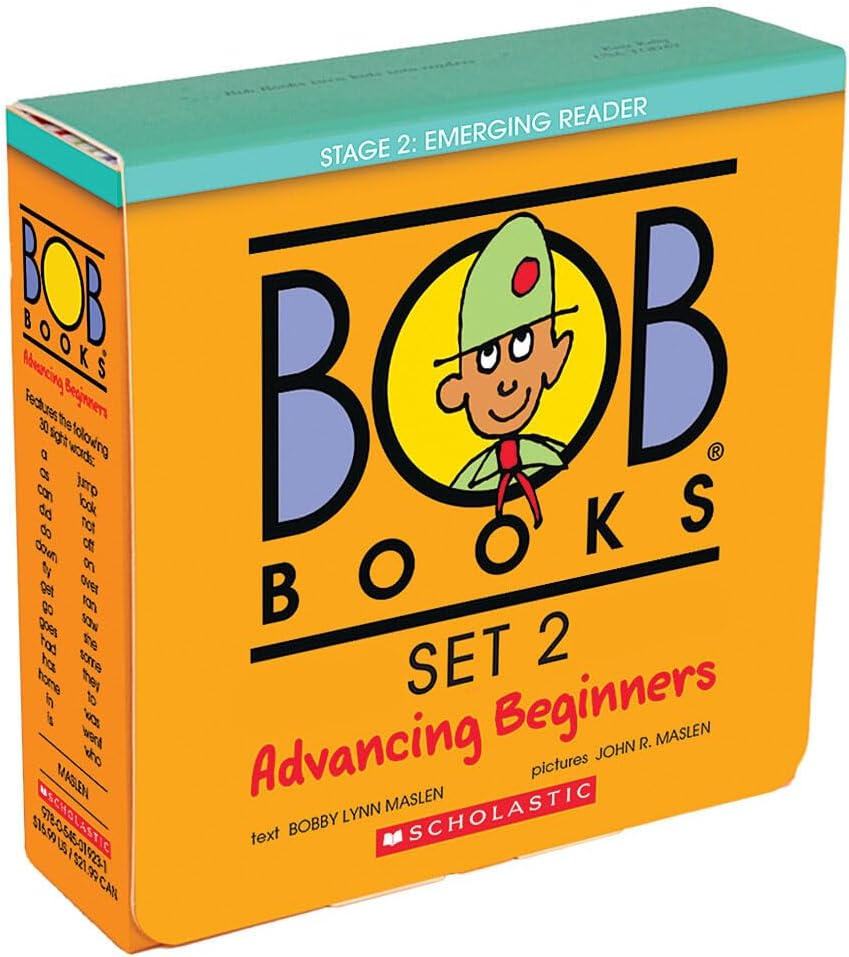
Phonics, Sight Words & Fun: Best Books for Learning to Read
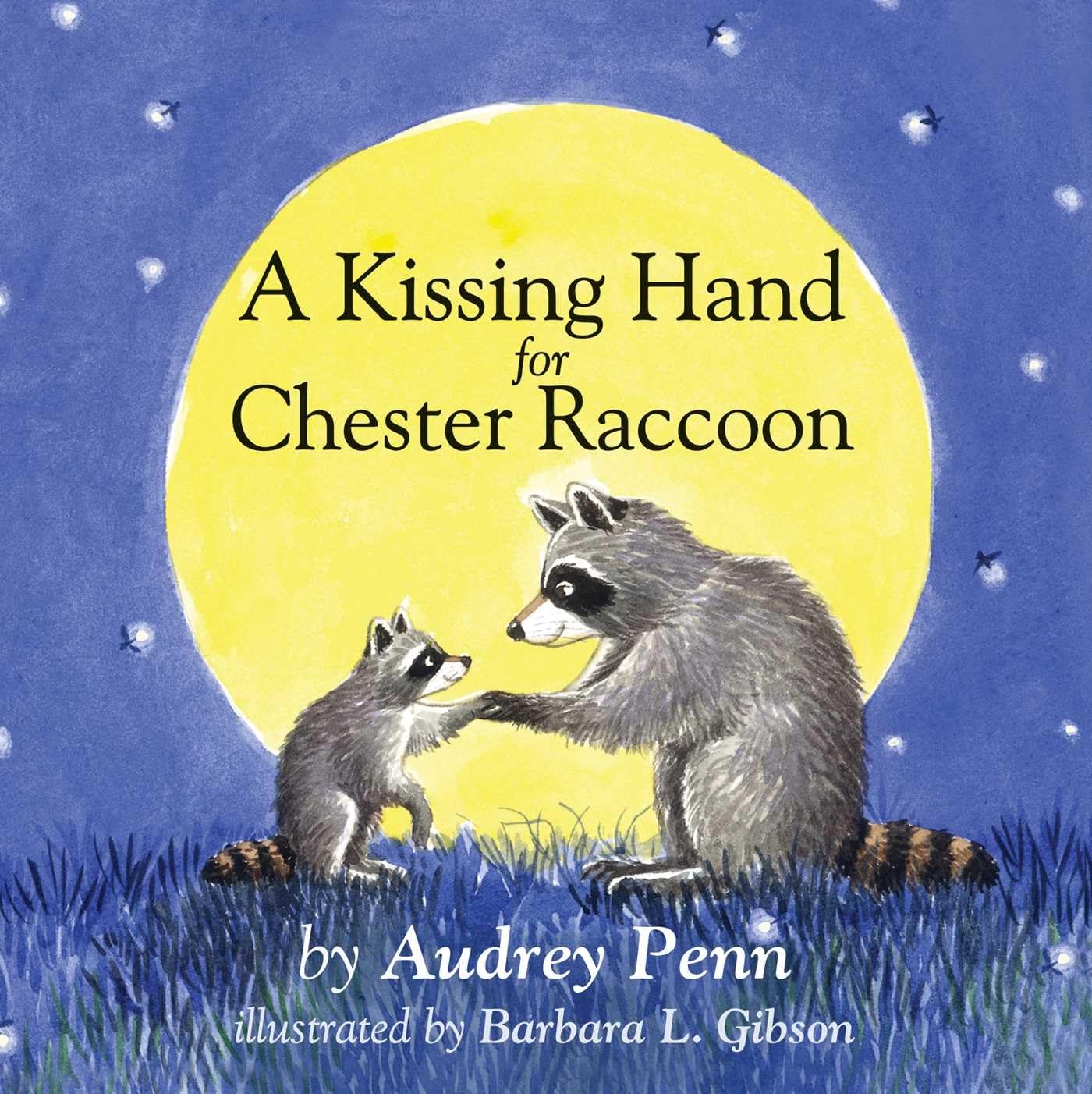
10 Must-Read Books to Get Kids Ready for Kindergarten
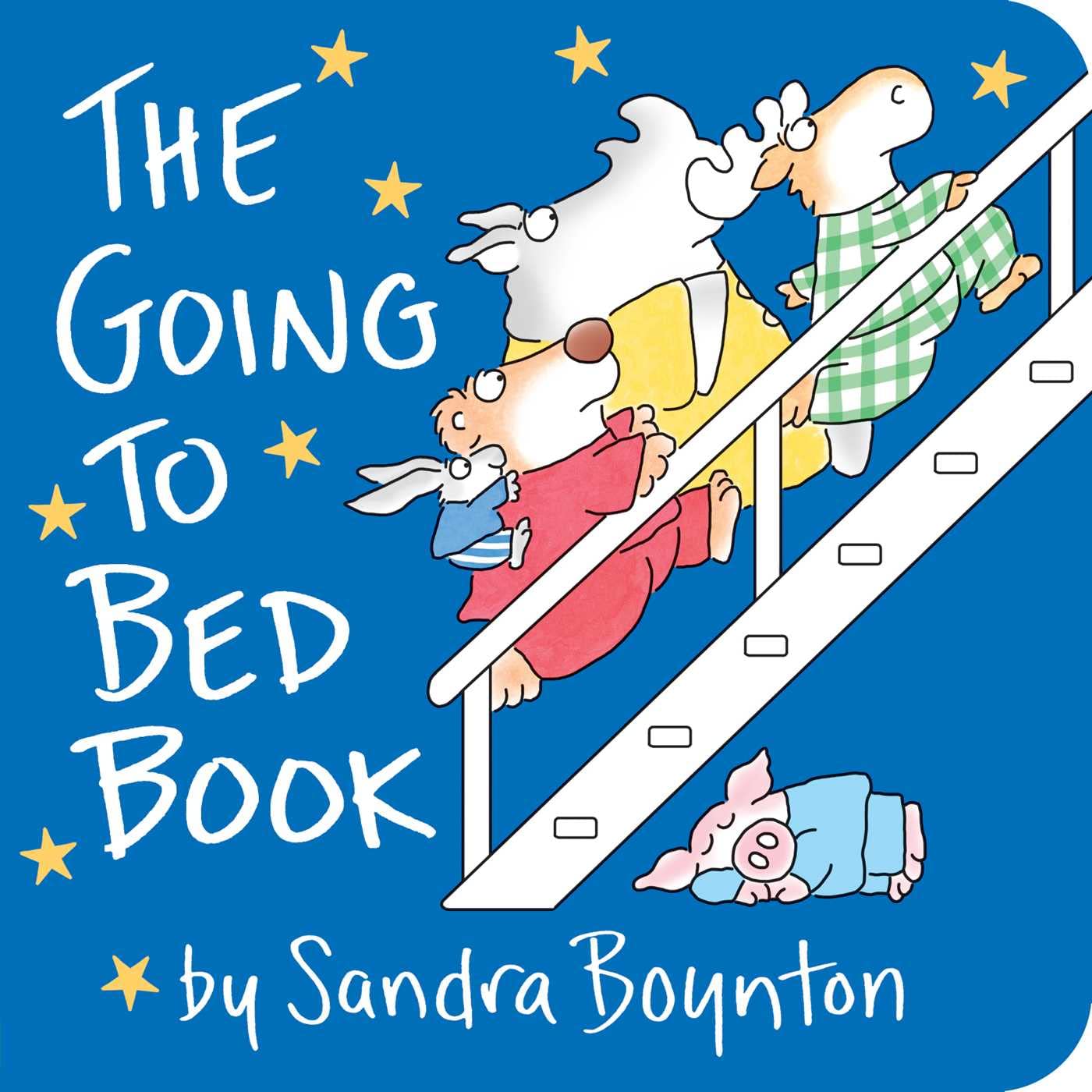
Our Favorite Wind-Down Kids Stories for Tired Evenings
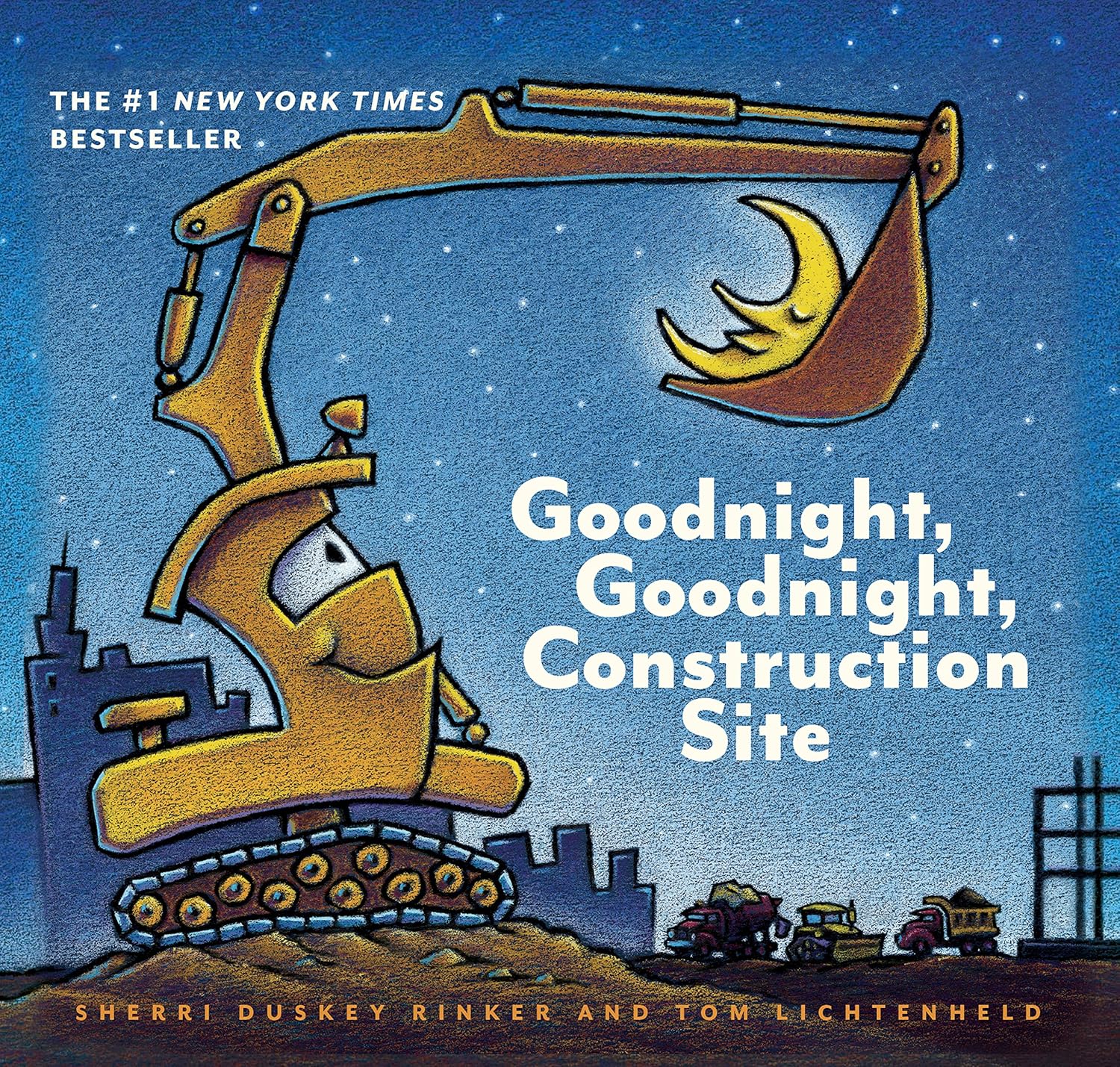
Books That Make Bedtime Soothing, Not a Battle (Ages 4–7)
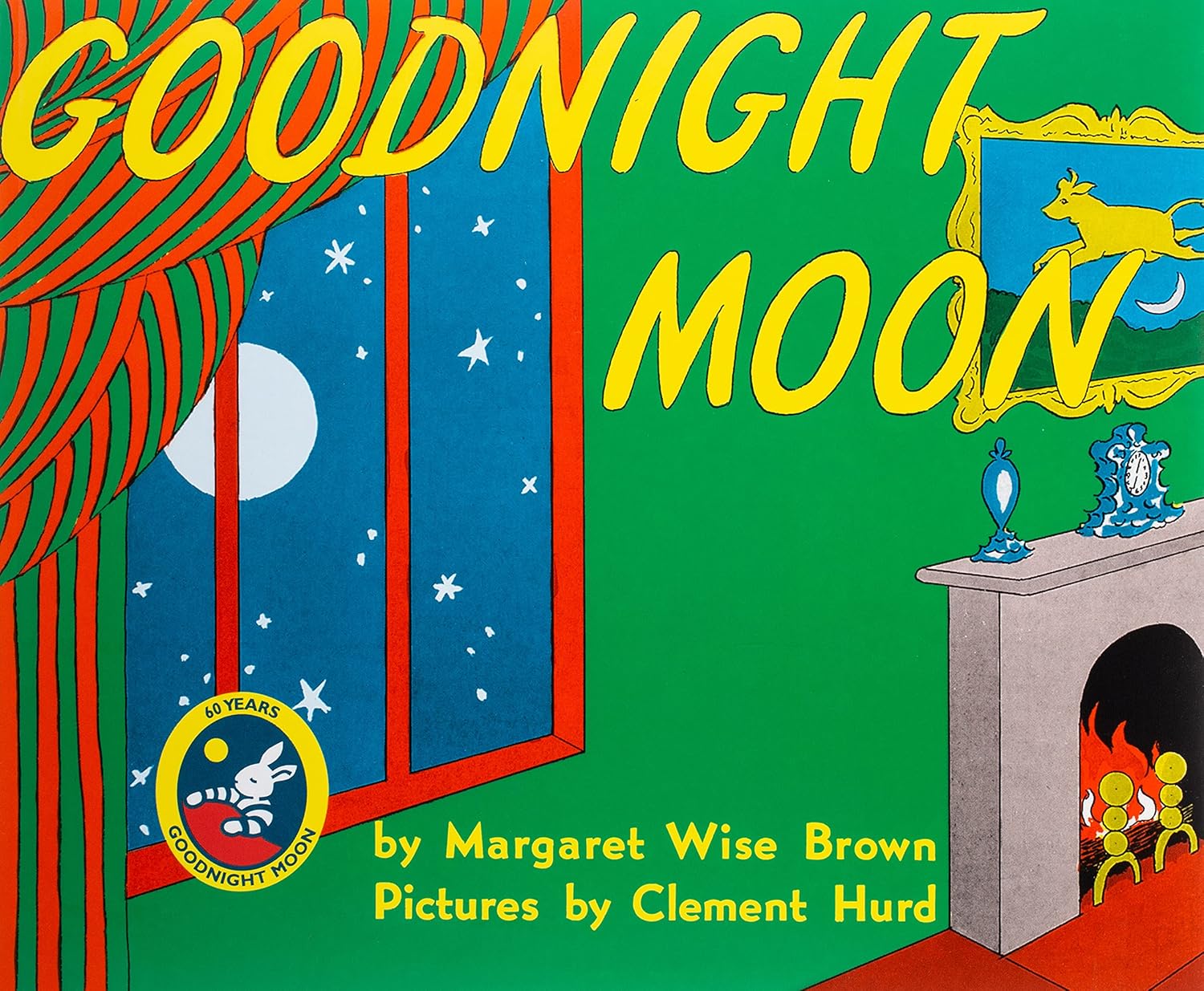
12 Magical Bedtime Books That Actually Help Kids Sleep

Reimagining The Little Mermaid: What If She Never Gave Up Her Voice?

Why Kids Love Mermaids—and How Yuna Makes That Love Even Bigger
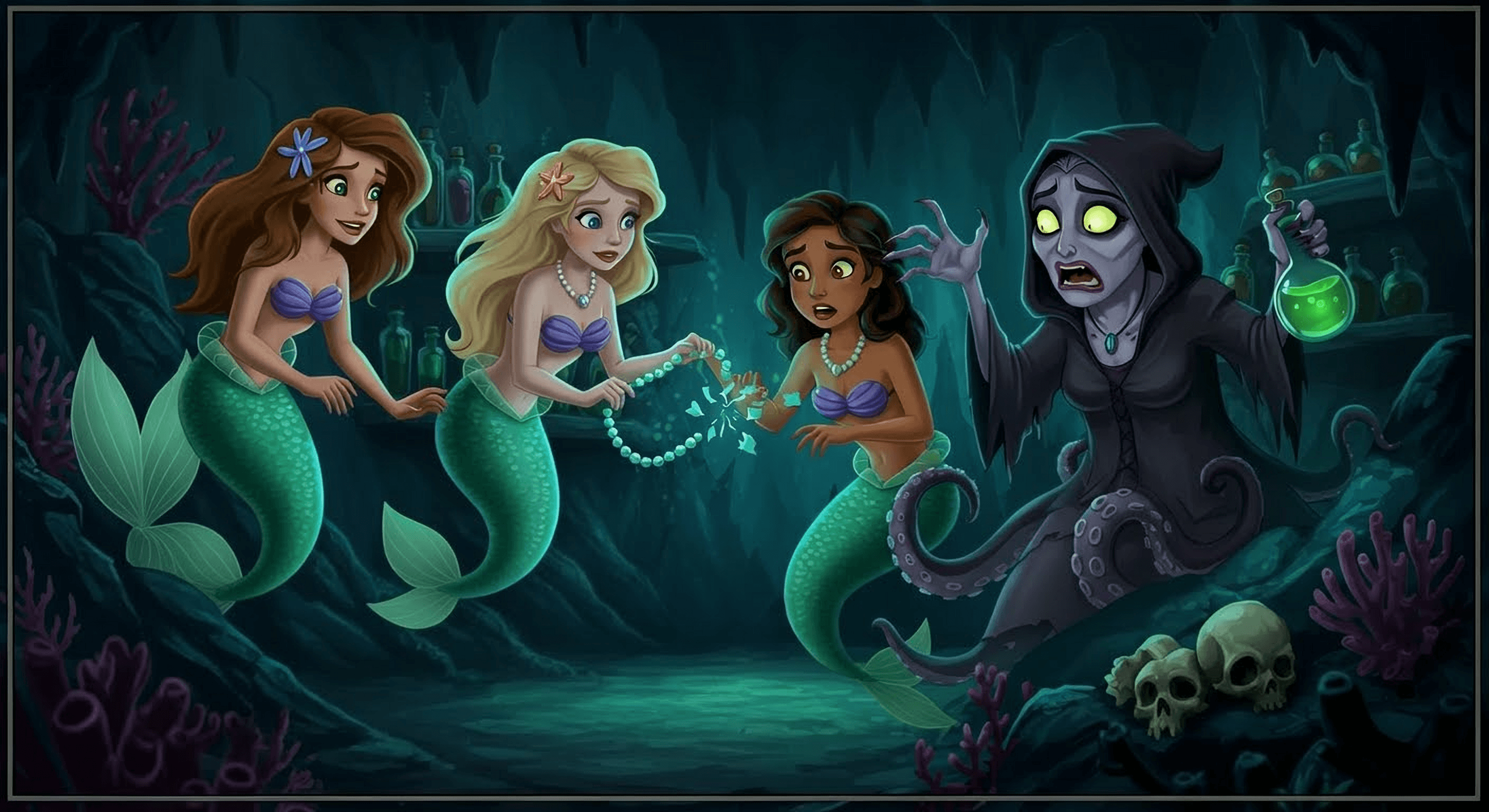
Little Mermaid: What If the Sea Witch Was Right?

What The Little Mermaid Teaches Kids About Life (And Us, Too)

What The Little Mermaid Still Teaches Kids Today

Mermaid Tales Around the World: What the Sea Whispers in Every Culture

Meet the Magical Cast of The Little Mermaid

The Sad, Beautiful Depth of The Little Mermaid—and How Yuna Gives It a New Life
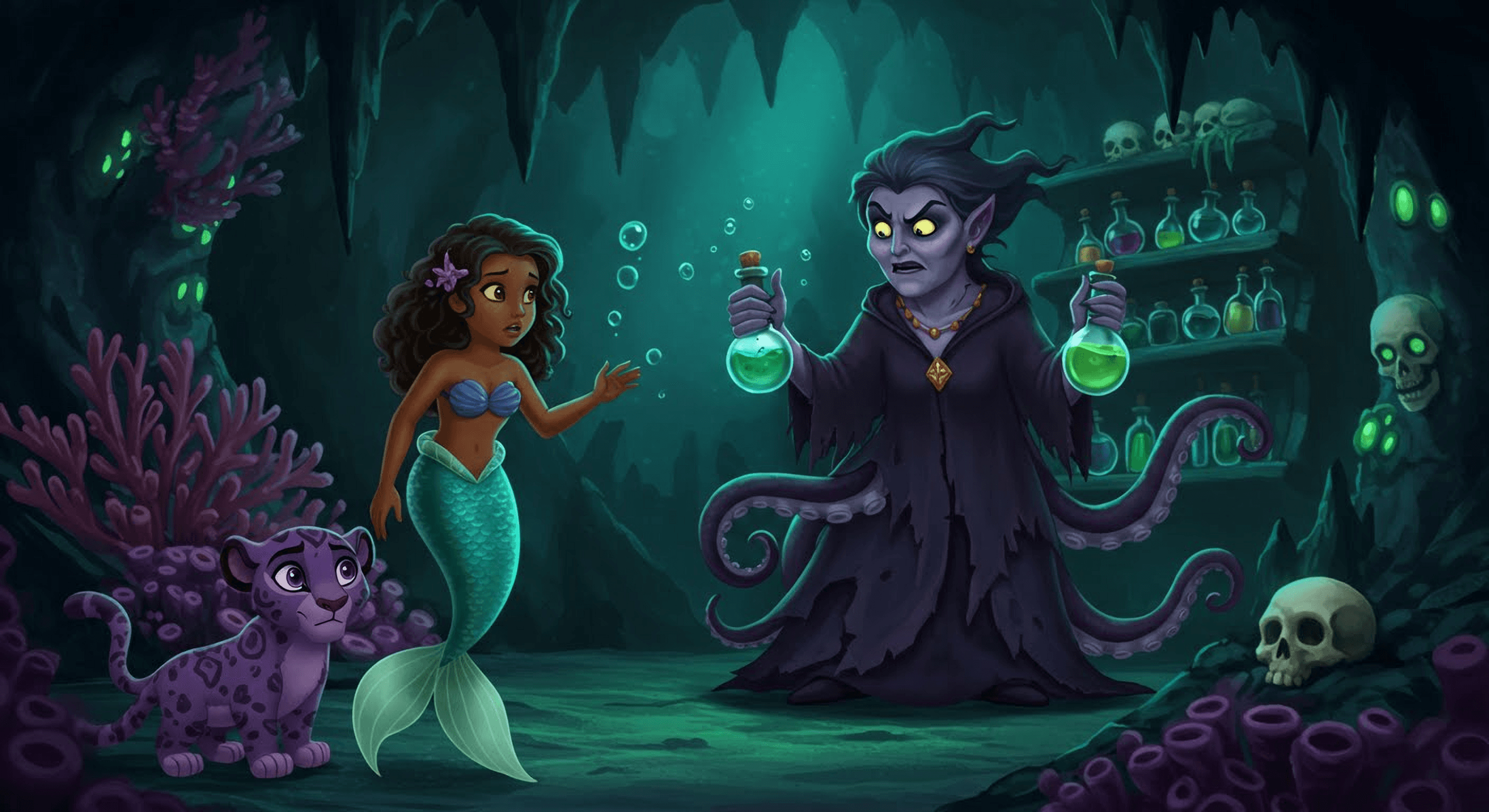
The Little Mermaid: 7 Magical Facts You Never Knew
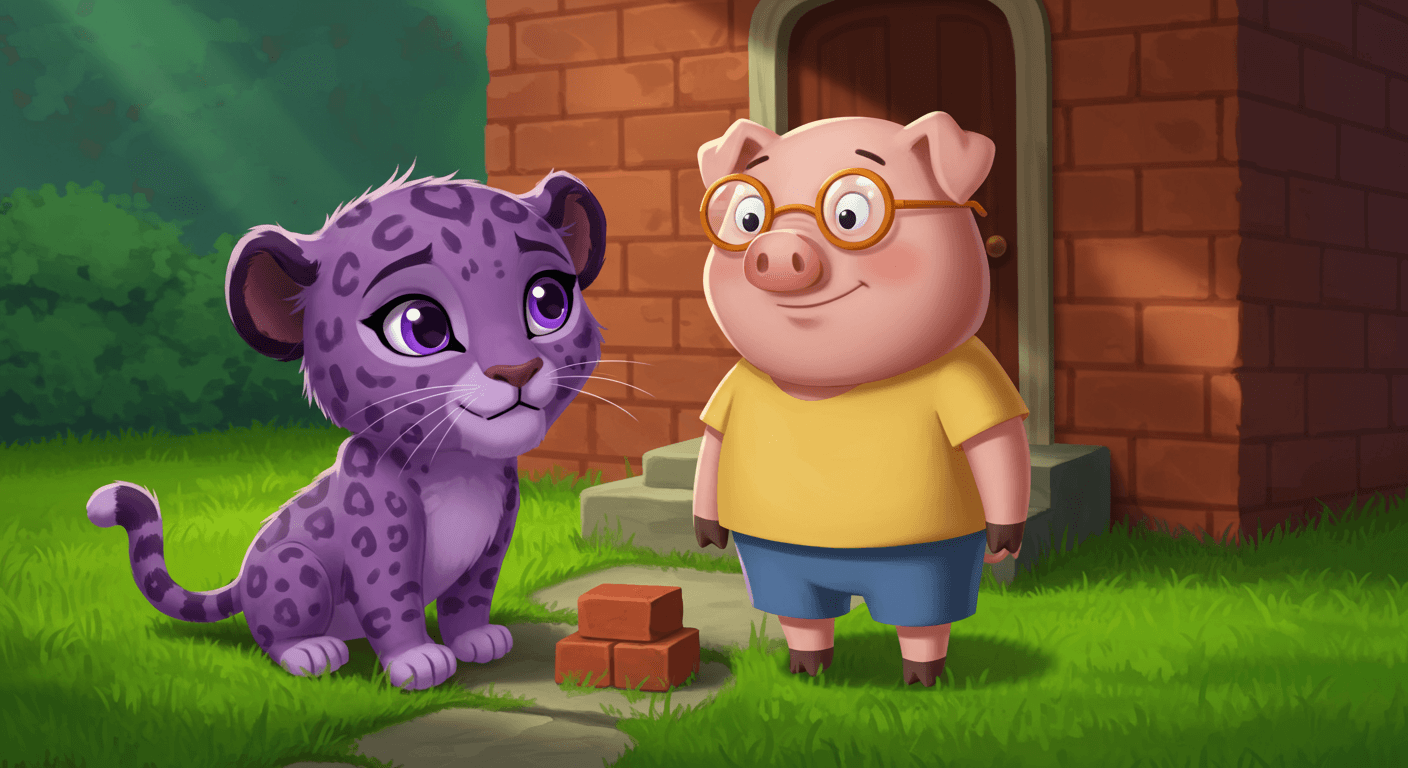
What the Three Little Pigs Teach Us About Fun, Effort, and Lasting Lessons
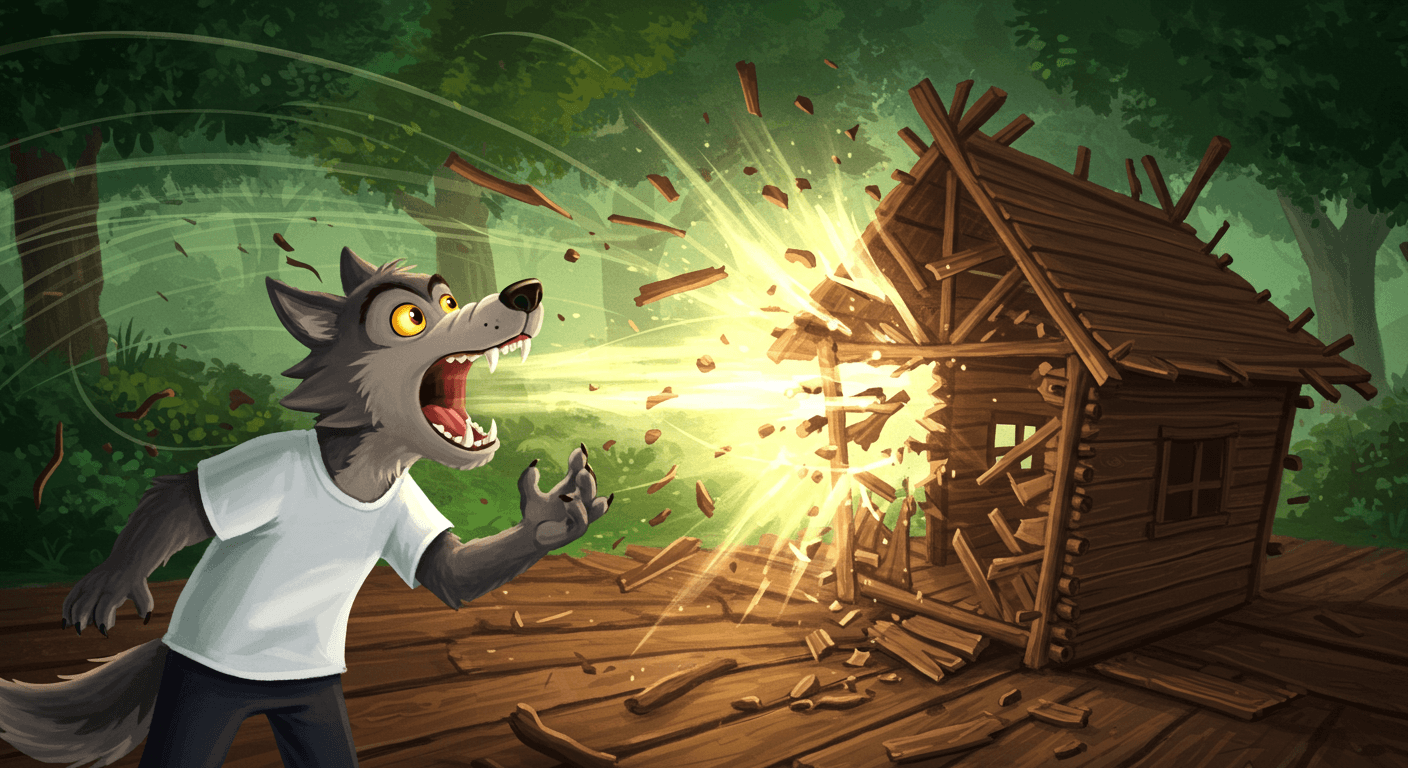
Why Kids Can’t Get Enough of Stories Like The Three Little Pigs—and How Yuna Makes the Magic Last
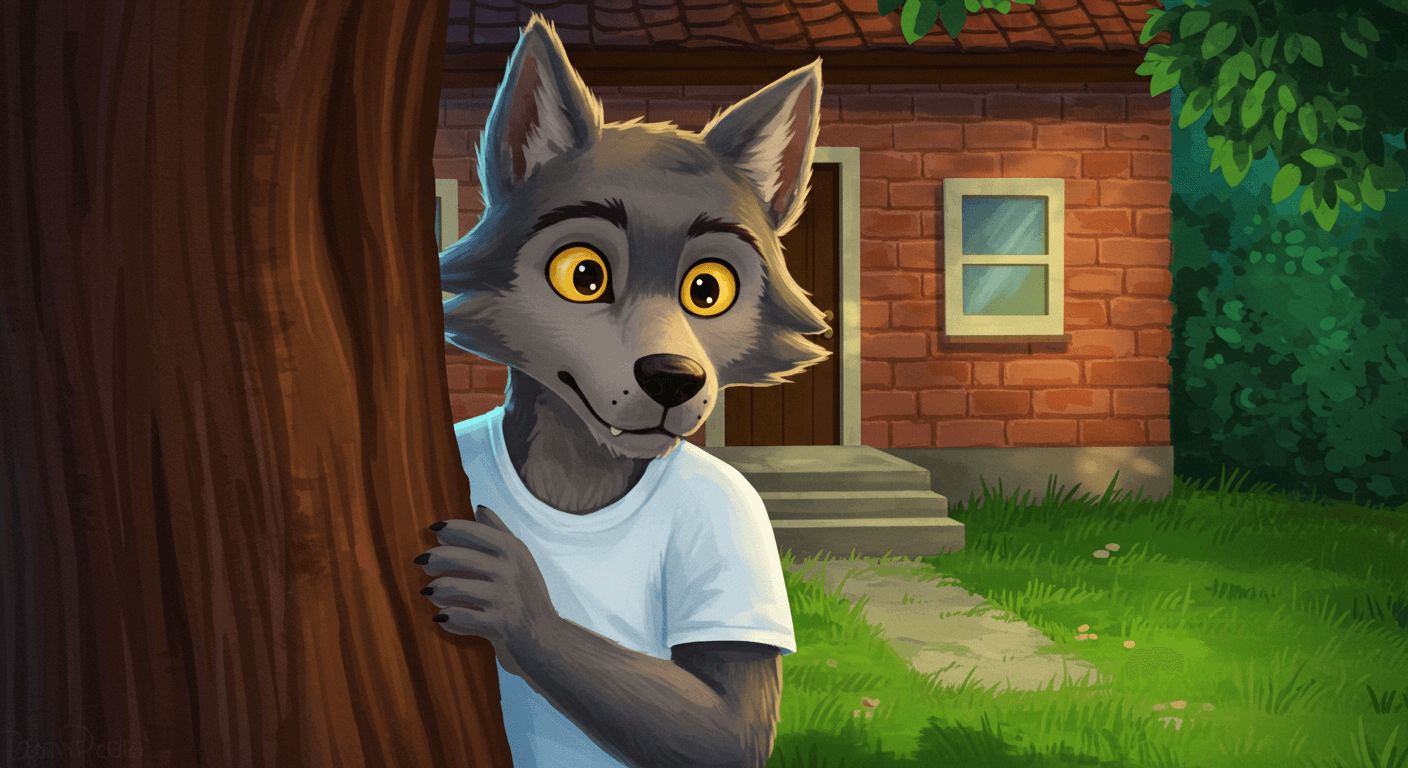
Not So Big, Not So Bad: The Many Faces of the Storybook Wolf
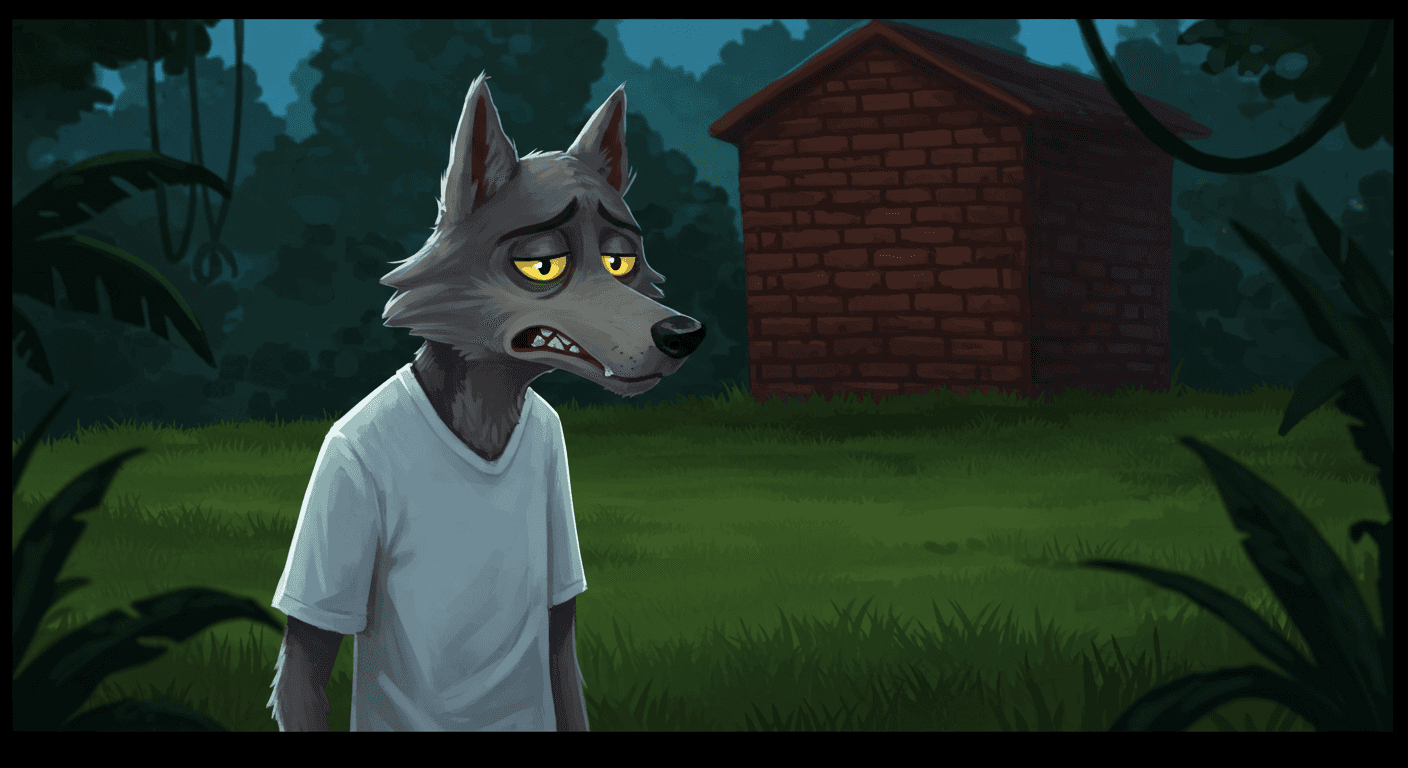
What the Three Little Pigs Teach Us About Life (and LEGO Sets)

Why The Three Little Pigs Still Speaks to Our Kids
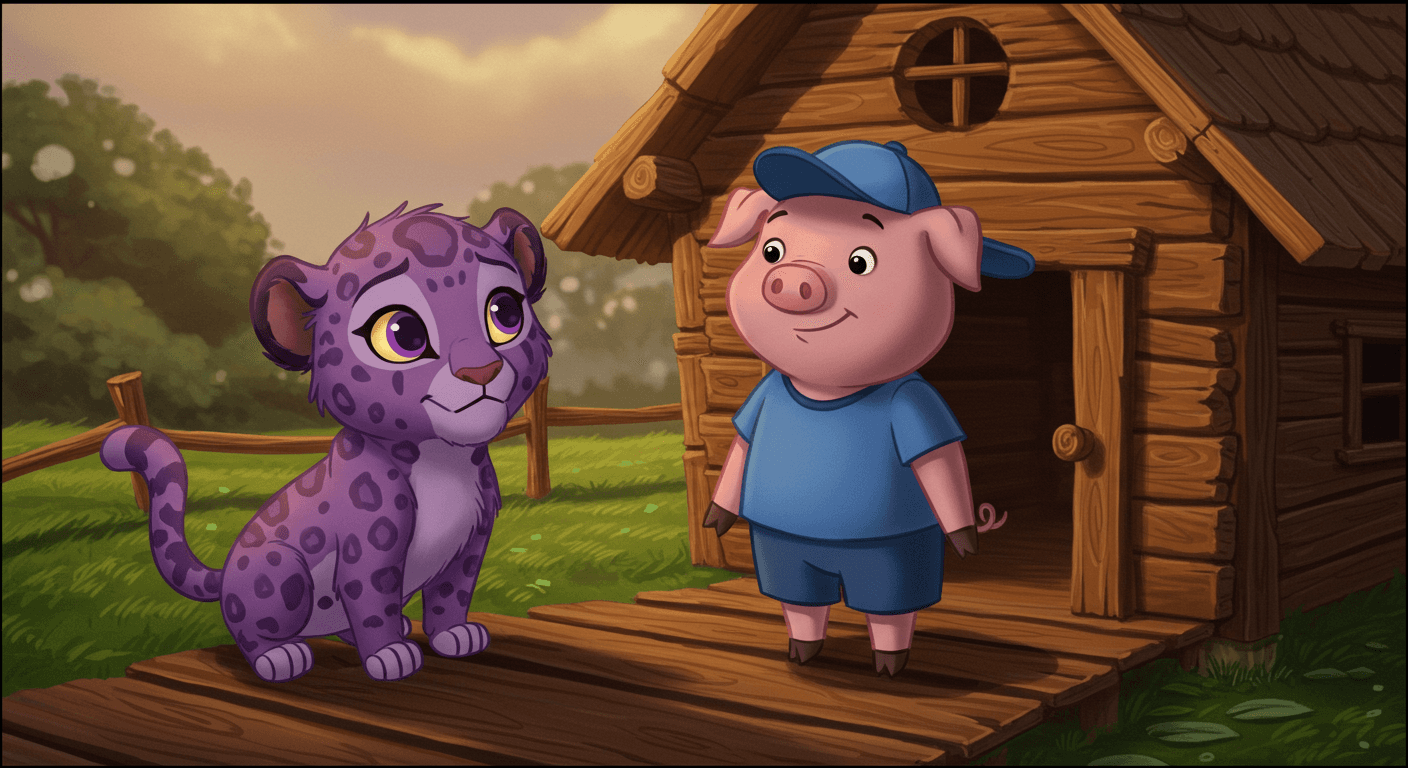
Around the World with The Three Little Pigs: Fairy Tales with a Twist
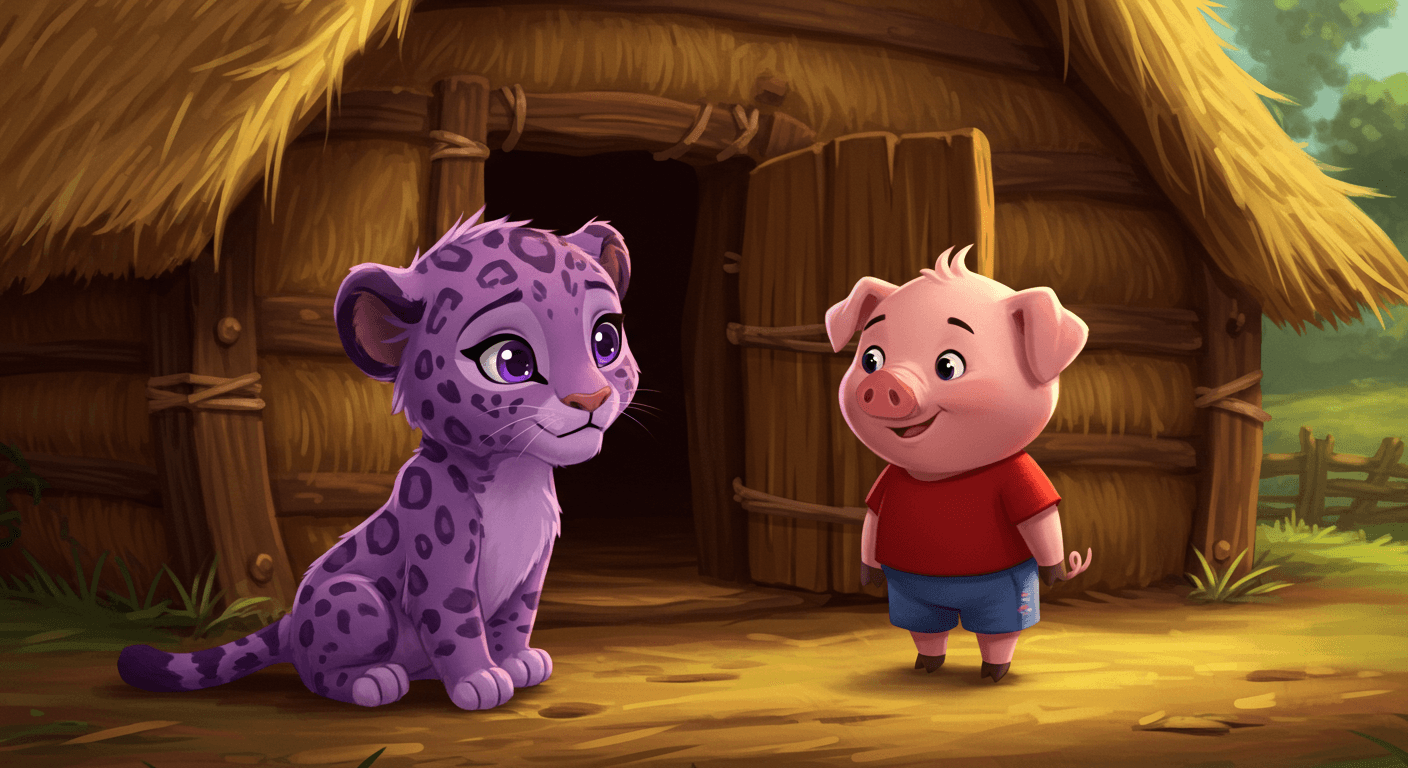
Meet the Pigs (and the Wolf!): A Playful Peek Behind the Story
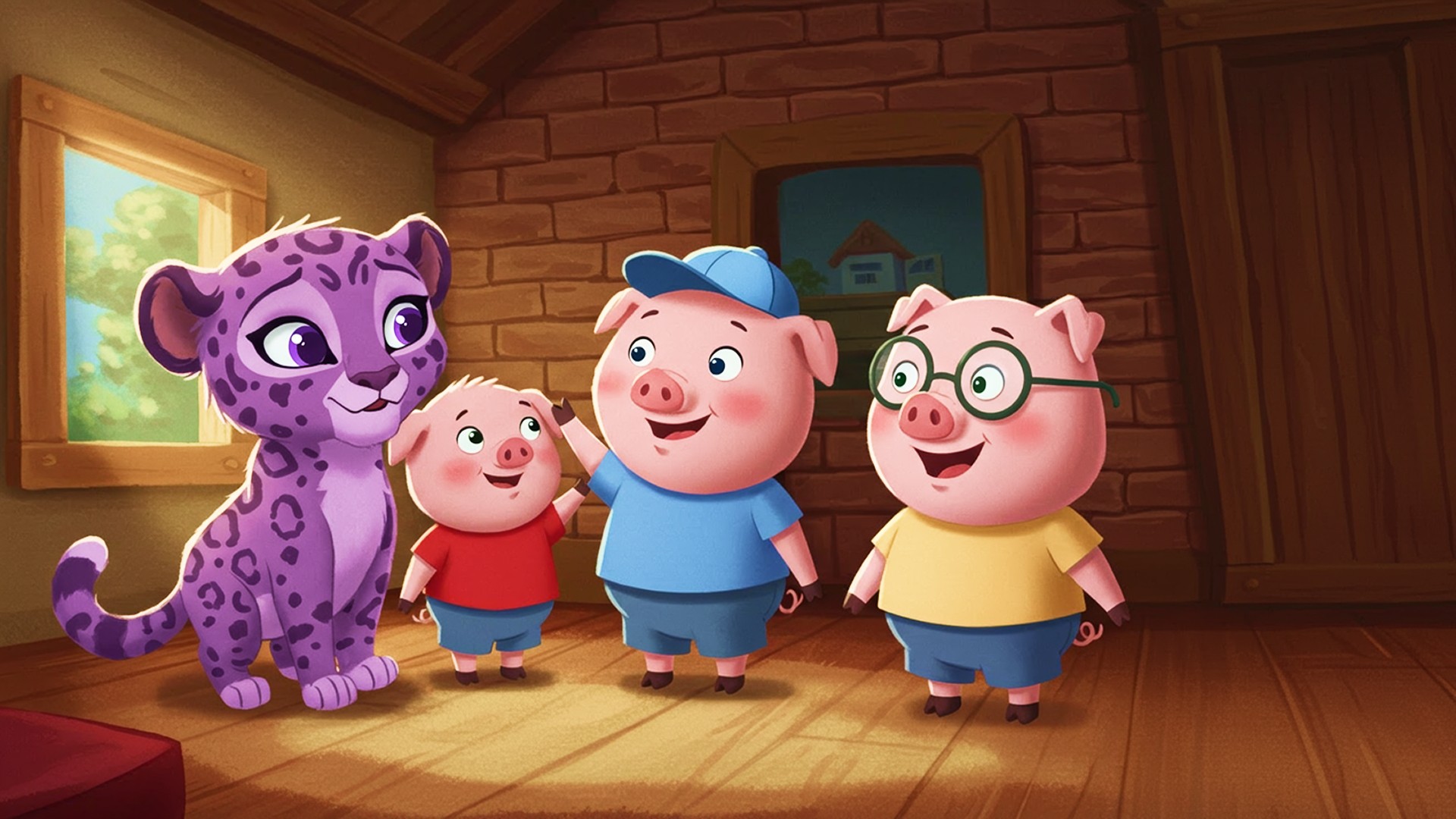
The Surprising History of The Three Little Pigs: From Oral Tales to Storytime Stars
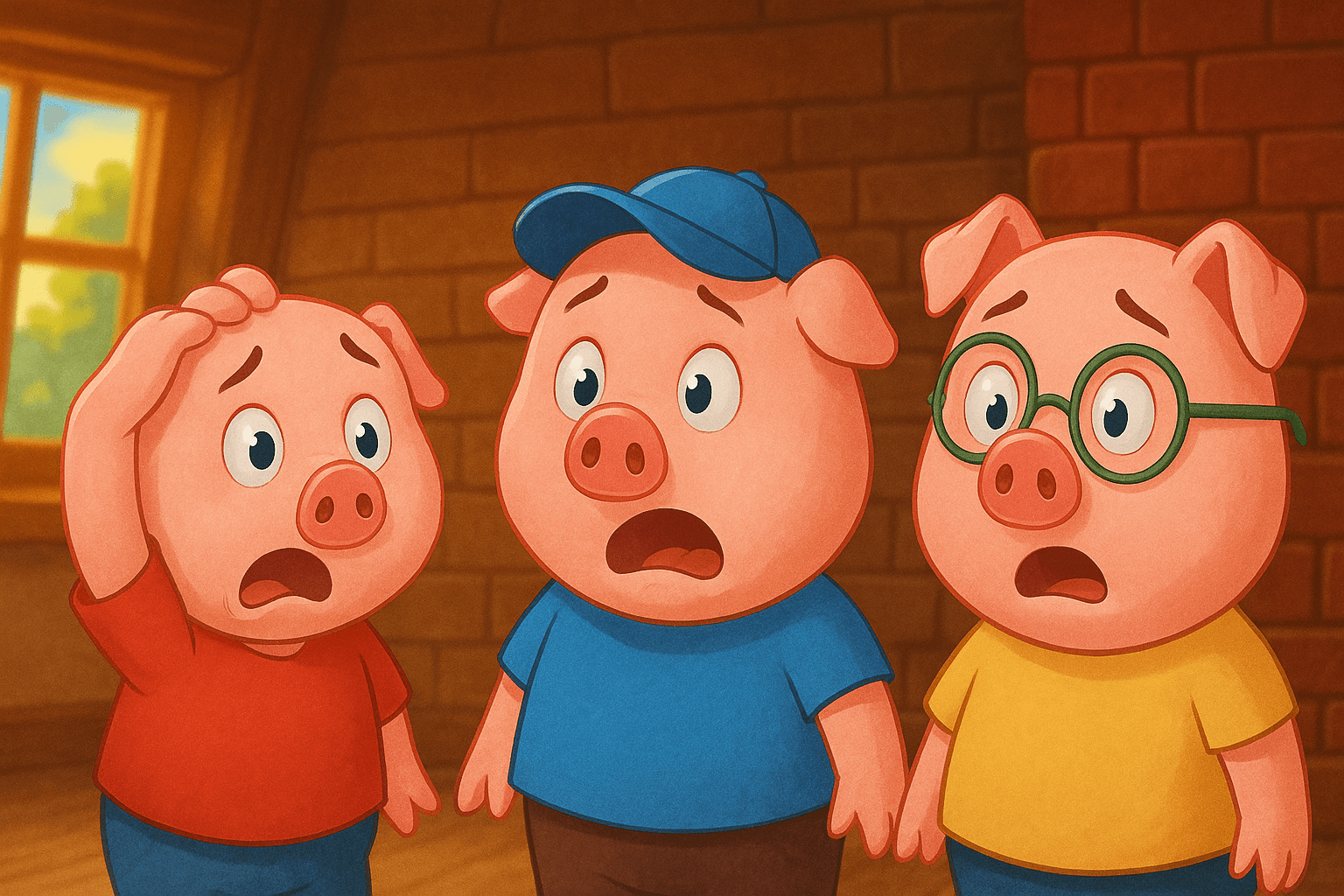
The Three Little Pigs: 7 Fun Facts You Didn’t Know
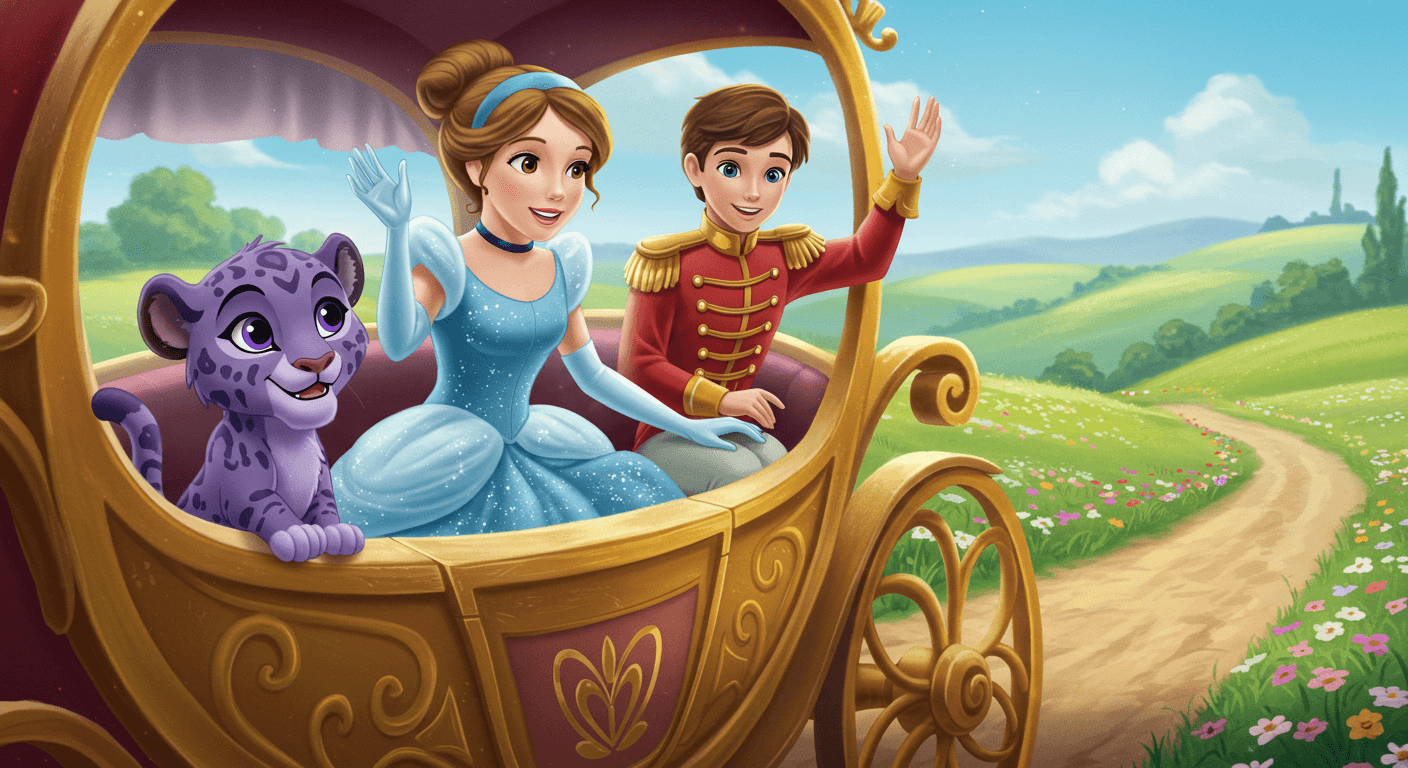
From Glass Slippers to Personalized Magic: Discovering the Enchantment of Cinderella with Yuna
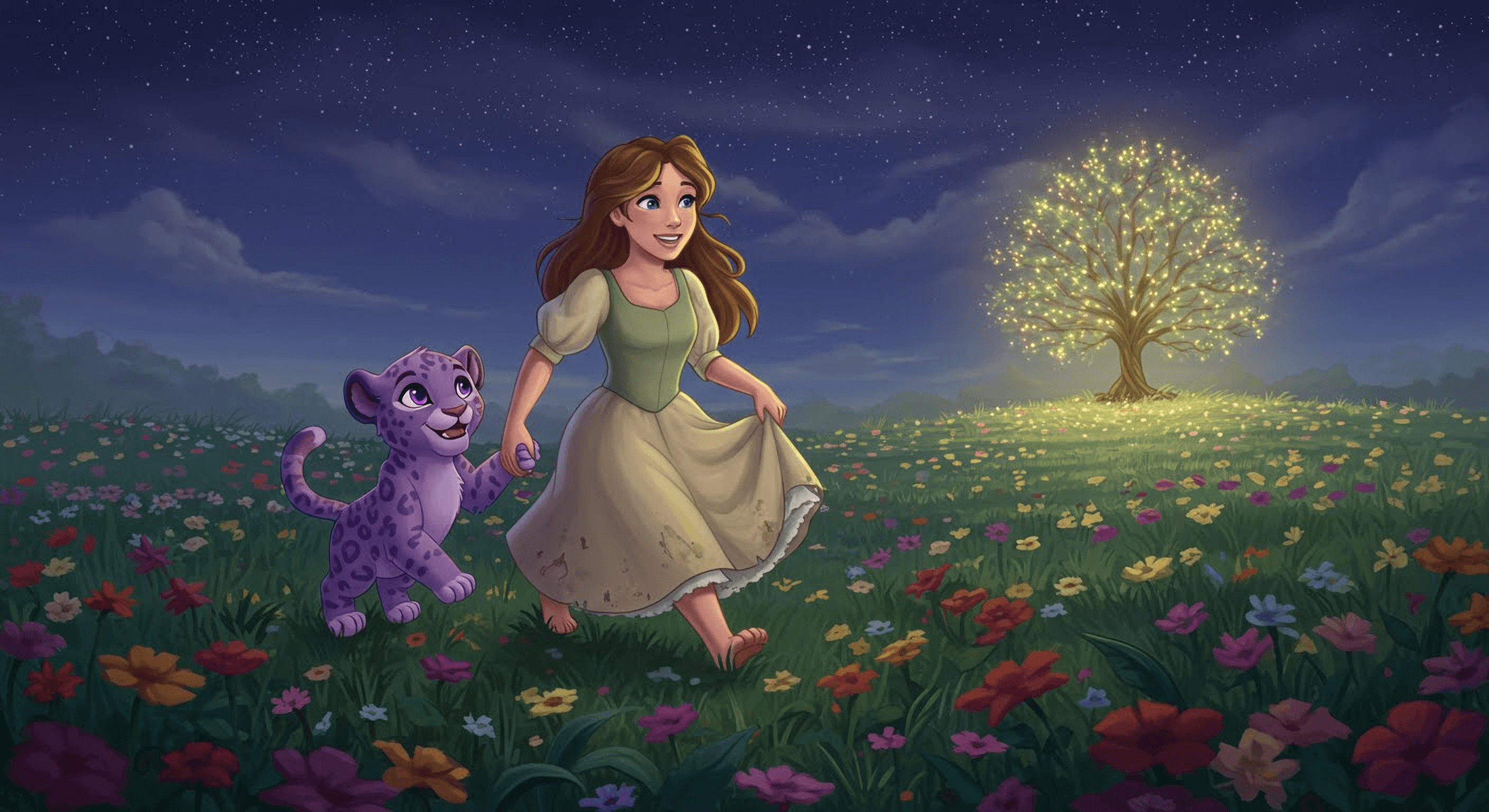
Cinderella Through the Ages: From Dark Origins to Gentle Magic with Yuna
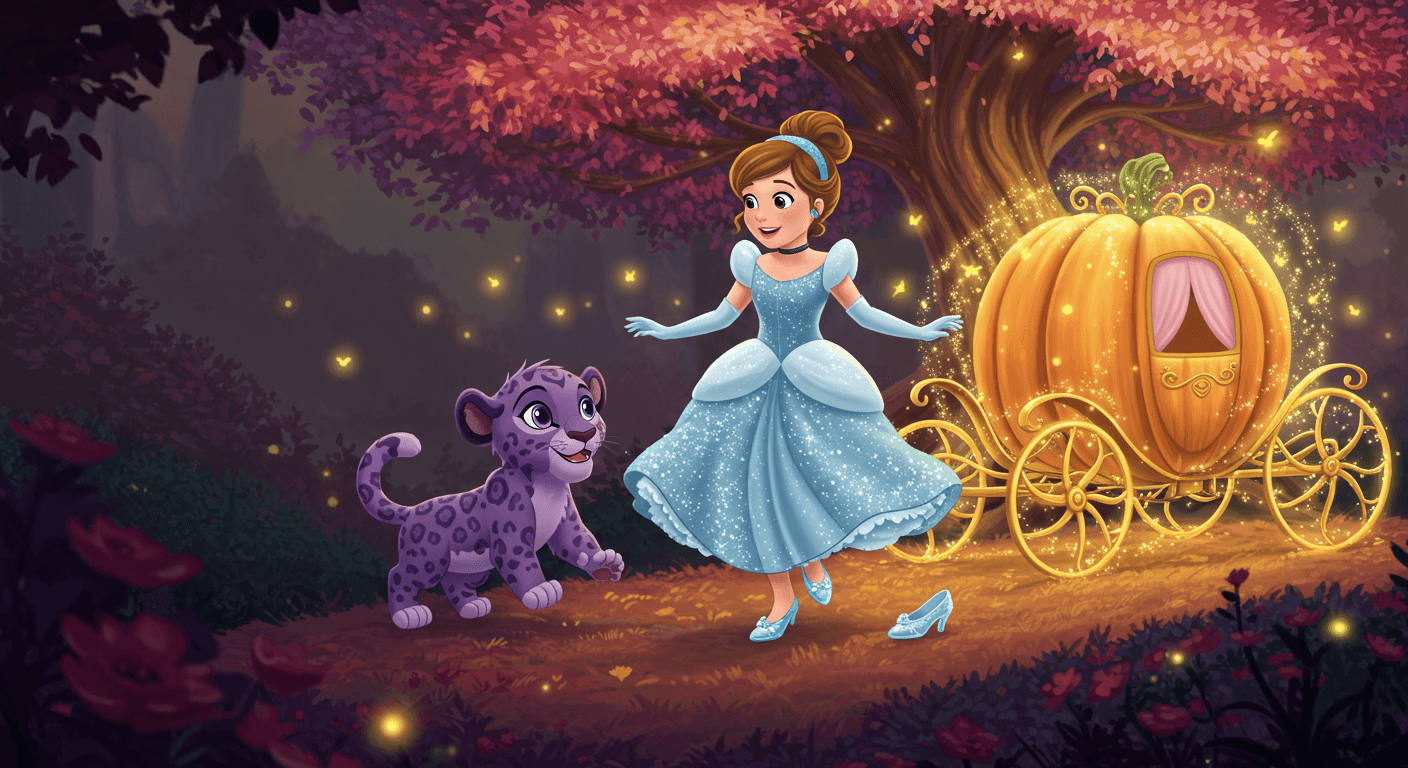
What Makes Cinderella So Magical—and How Yuna Brings That Magic to Your Child’s Story

What Cinderella Can Teach Our Kids: Timeless Life Lessons for Today’s Families
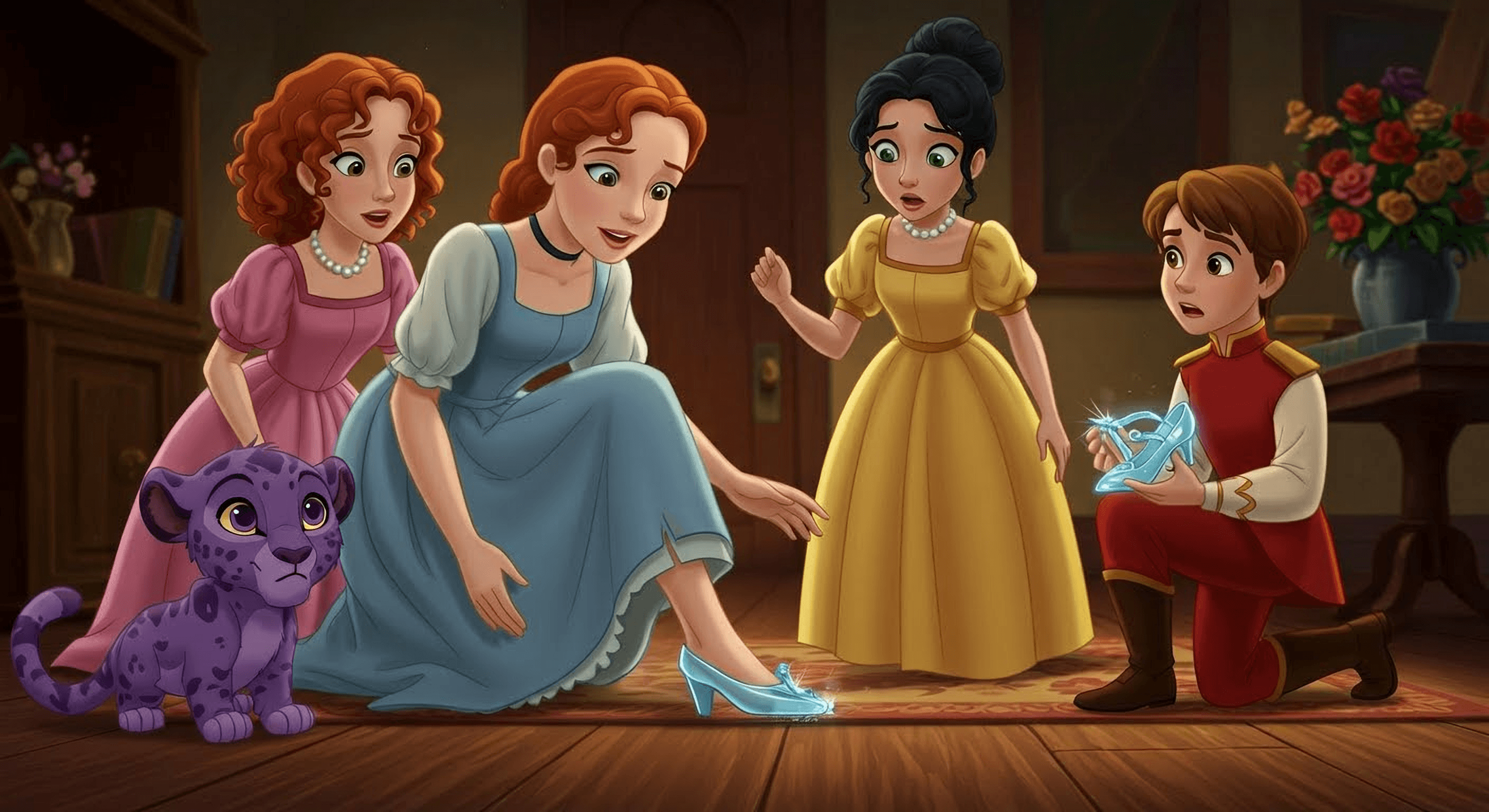
Why Cinderella Still Matters Today: A Timeless Tale of Kindness, Resilience, and Transformation
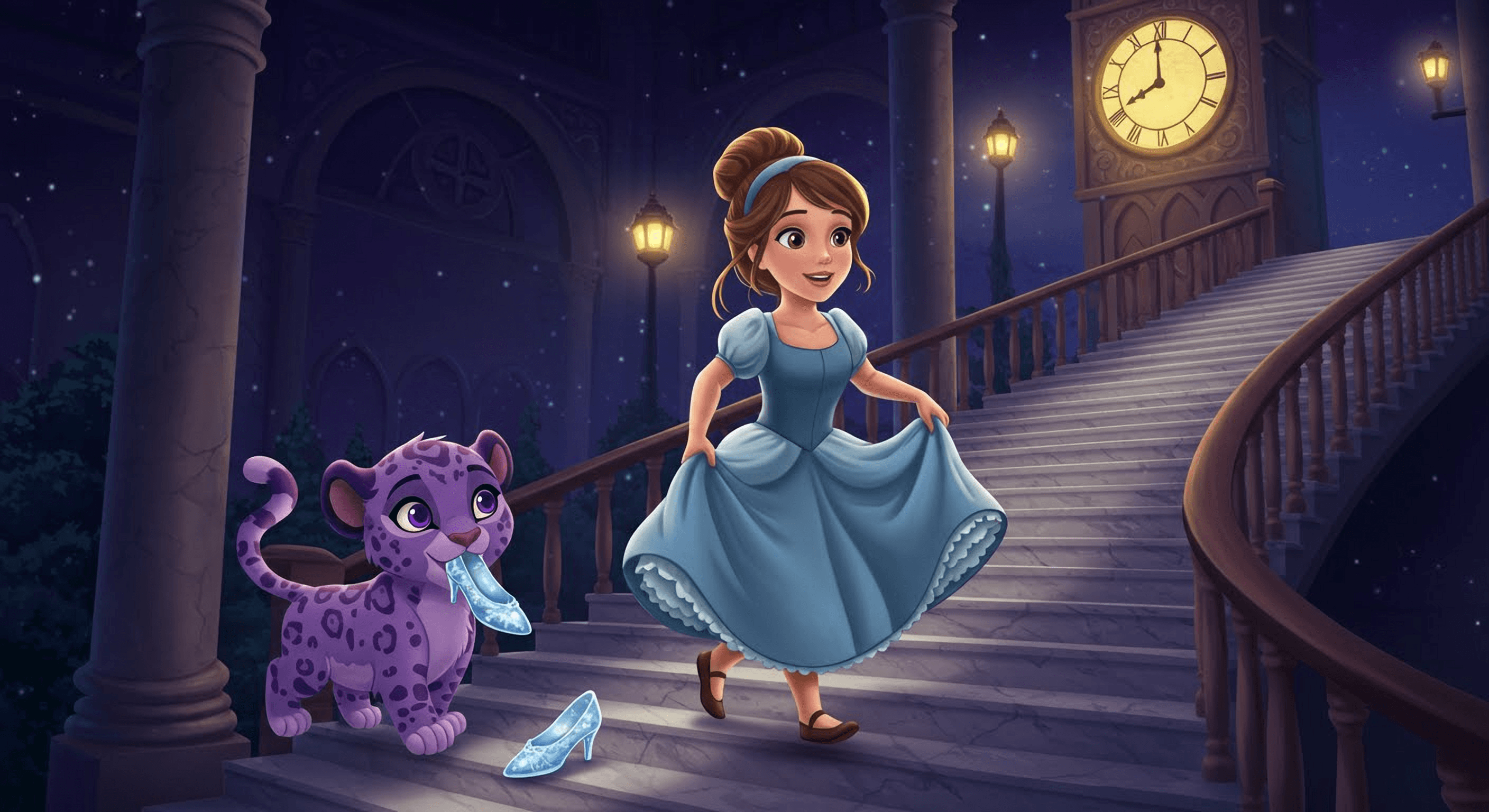
5 Magical Cinderella Stories from Around the World

Meet the Magical Characters of Cinderella: A Fairy Tale Full of Fun!
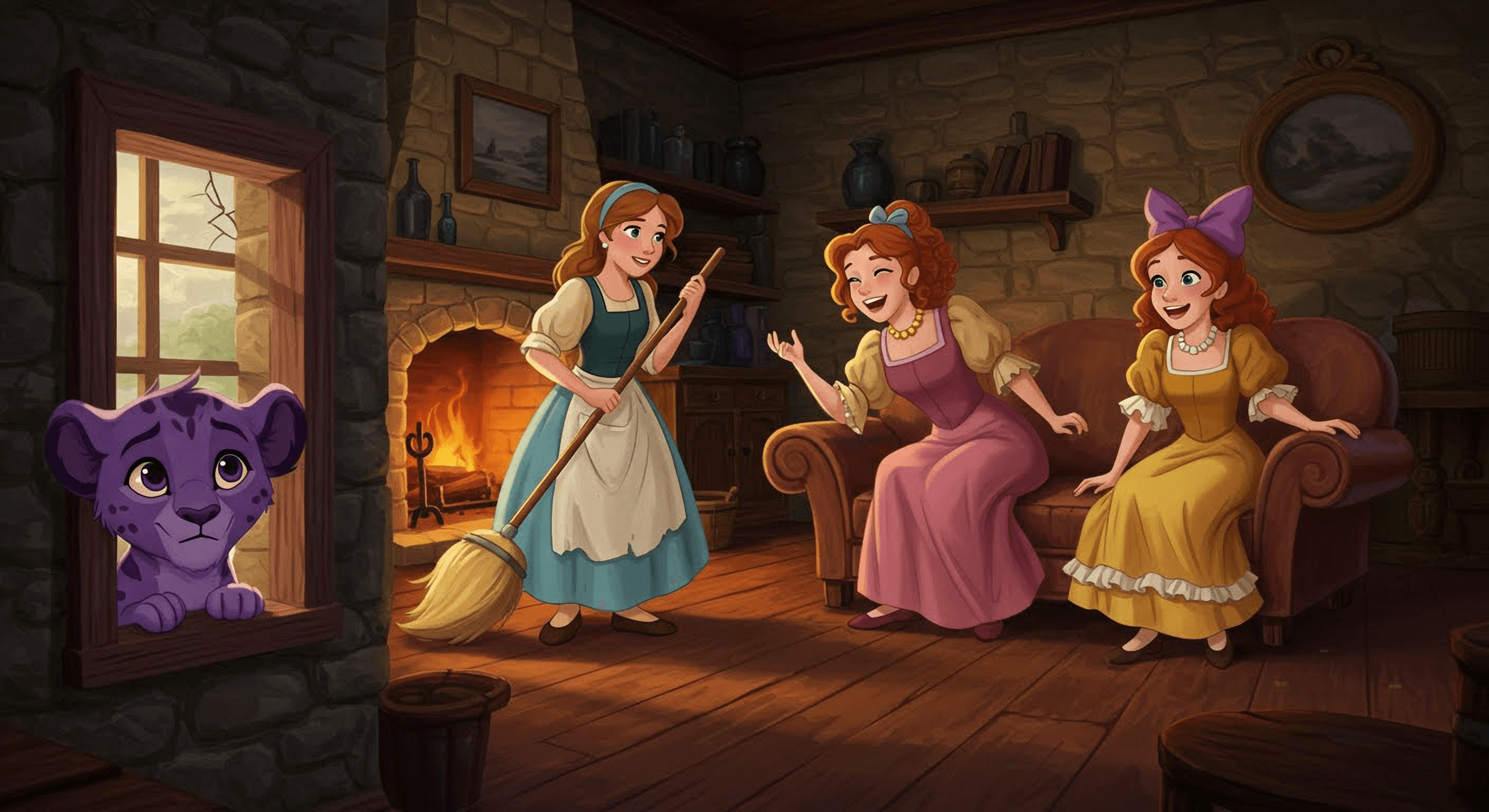
The Magical Origins of Cinderella: From Ancient Tales to Personalized Adventures
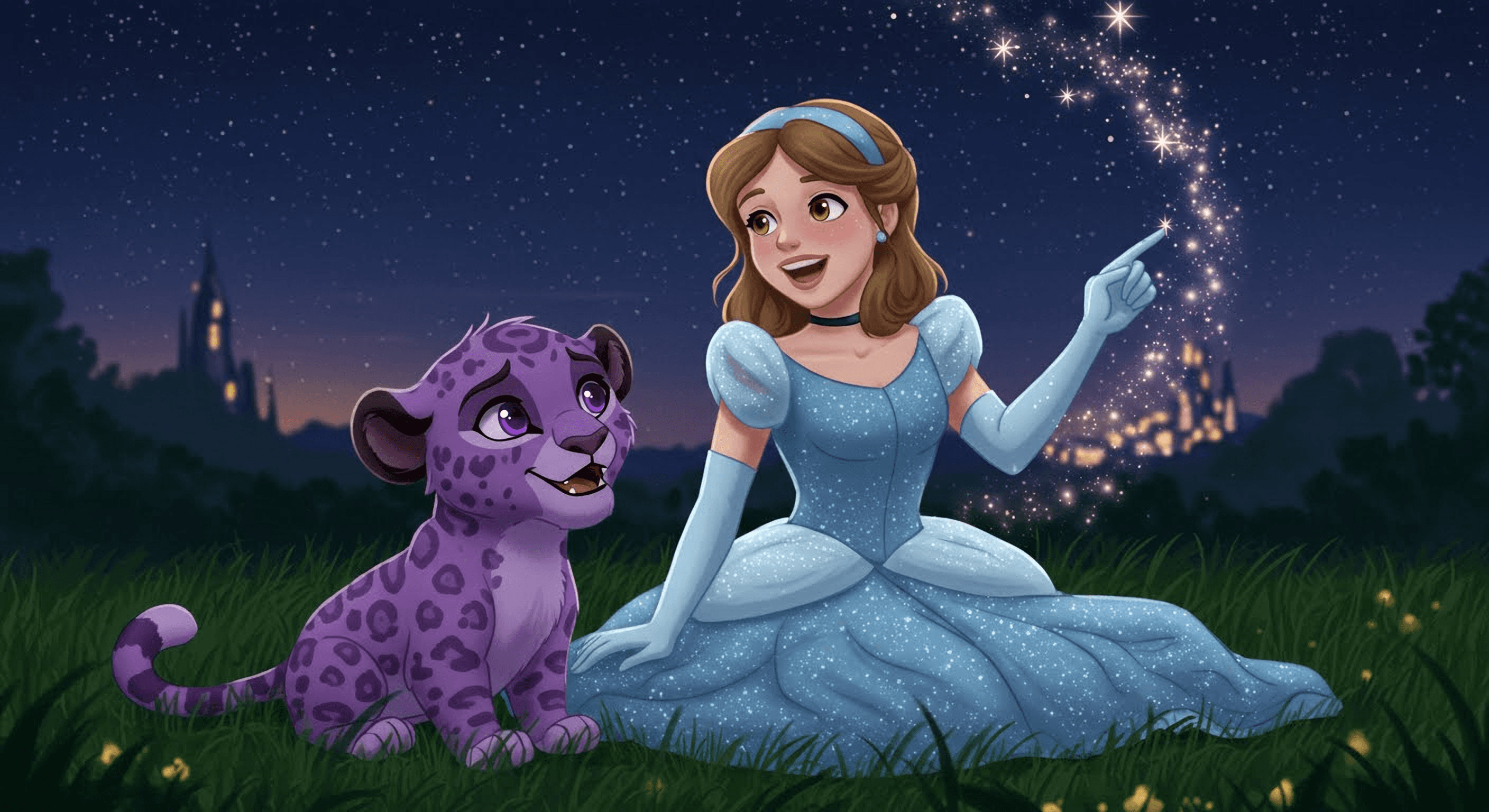
Cinderella: 7 Curious Facts You Didn’t Know About This Classic Tale

Nurturing Young Readers: Building a Literacy-Rich Home

Reading Aloud: Lasting Benefits for Growing Readers

Raising Empathetic Kids: The Power of Storytime

Peaceful Family Reading Time: Making it Happen

Growing Readers: Adapting Family Reading Time

Diverse History for Kids: Making it Inclusive & Engaging

Spark a Love of Reading: Make it Fun, Not a Chore

Spark a Love of Reading: Storytelling Tips for Kids

Reading Time Estimation: A Guide for Diverse Content

Family Story Time: Choosing Books Everyone Loves

Keeping Classic Tales Alive: Balancing History and Today

Making History Fun: Engaging Kids with the Past

Budget-Friendly Reading Fun at Home

Beyond the Book: Fun Reading Adventures with Your Child

Is My Child's Reading Struggle Normal?

Cozy Reading Moments: Nurturing a Love for Books

Nurturing Young Minds: The Power of Stories

Nurturing Curiosity: Balancing Reading Time and Complex Topics

Ethical Reading Time: Supporting Your Child's Learning Journey

Helping Your Child Blossom as a Reader: Home Strategies

Snuggling In: Shared Reading for Busy Families

Reading Struggles: Long-Term Impact & Early Help

Making History Fun: Ditch the Screen Struggle

Reading Tempo & Your Child: Understanding the Estimate

Screen Time & Story Time: Finding a Balance

Making Family Reading Fun: Tips for Reluctant Readers

Beyond the Tiara: Shaping Dreams Beyond Princess Culture
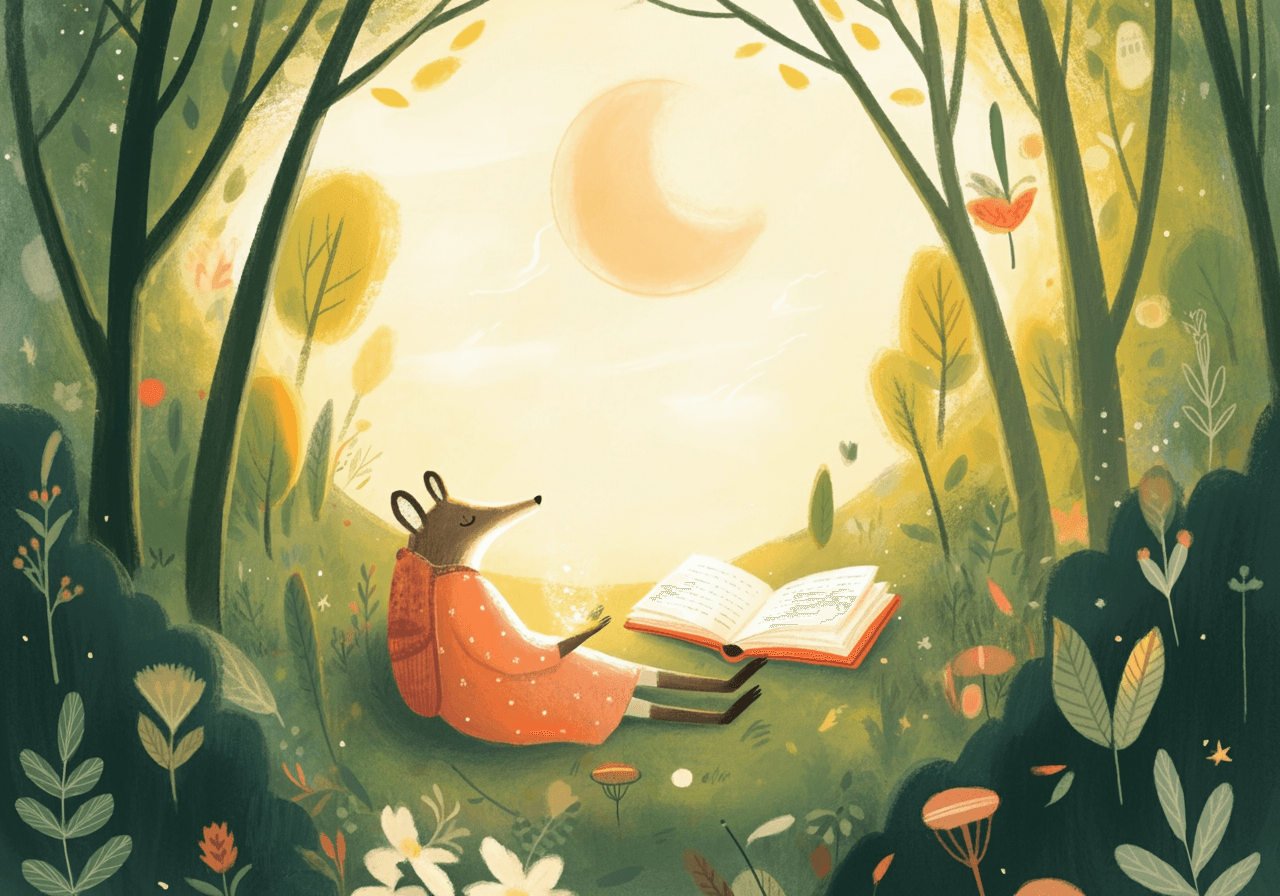
Reading with Your Child: Daily Habits and Making it Fun

Cozy Reading Nights: Lifelong Benefits for Your Little One
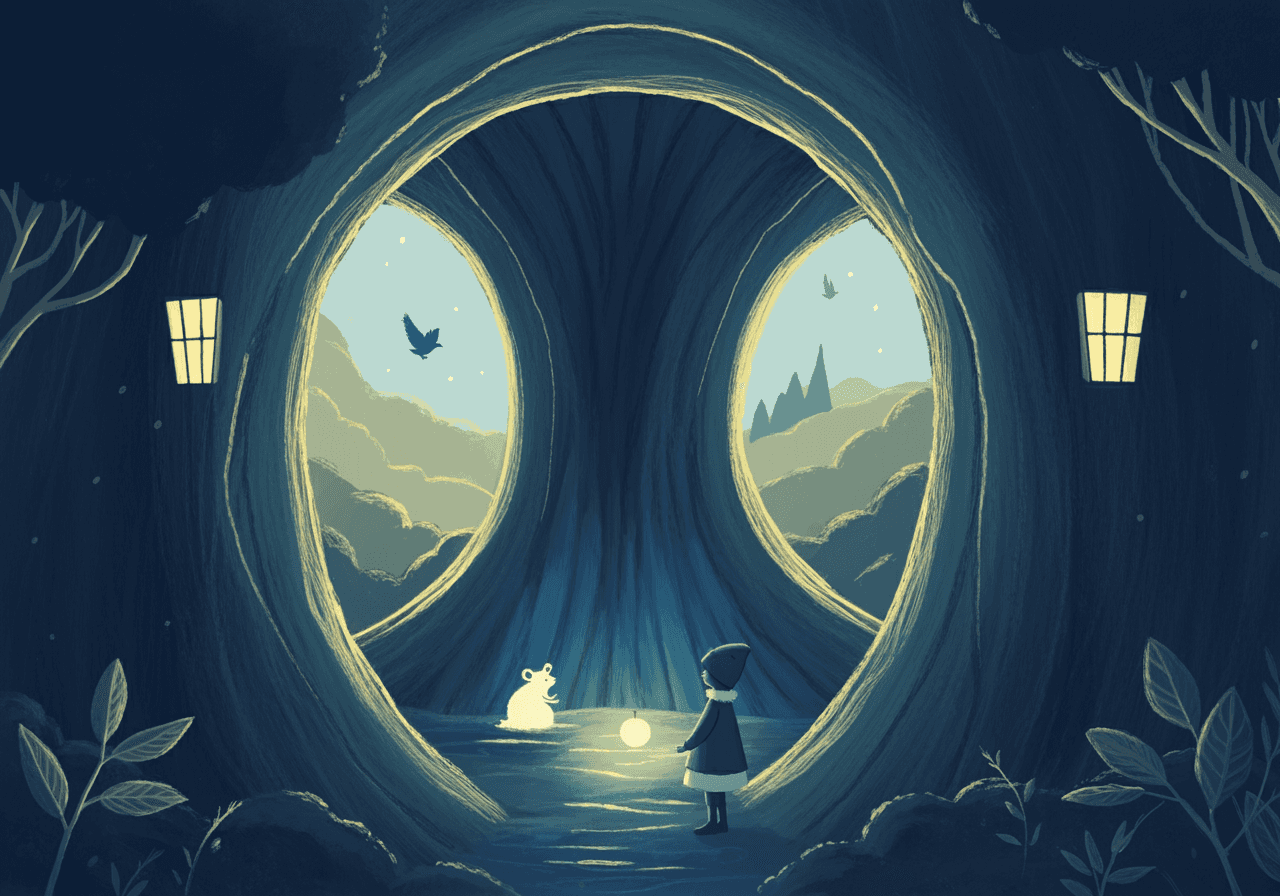
Modernized Fairy Tales: Helping or Hurting?

Spark a Love of Reading: Tips for Shared Reading

Spark a Love of Reading: Diverse Books for Kids

Reading Together: A Journey to Literacy for Your Child
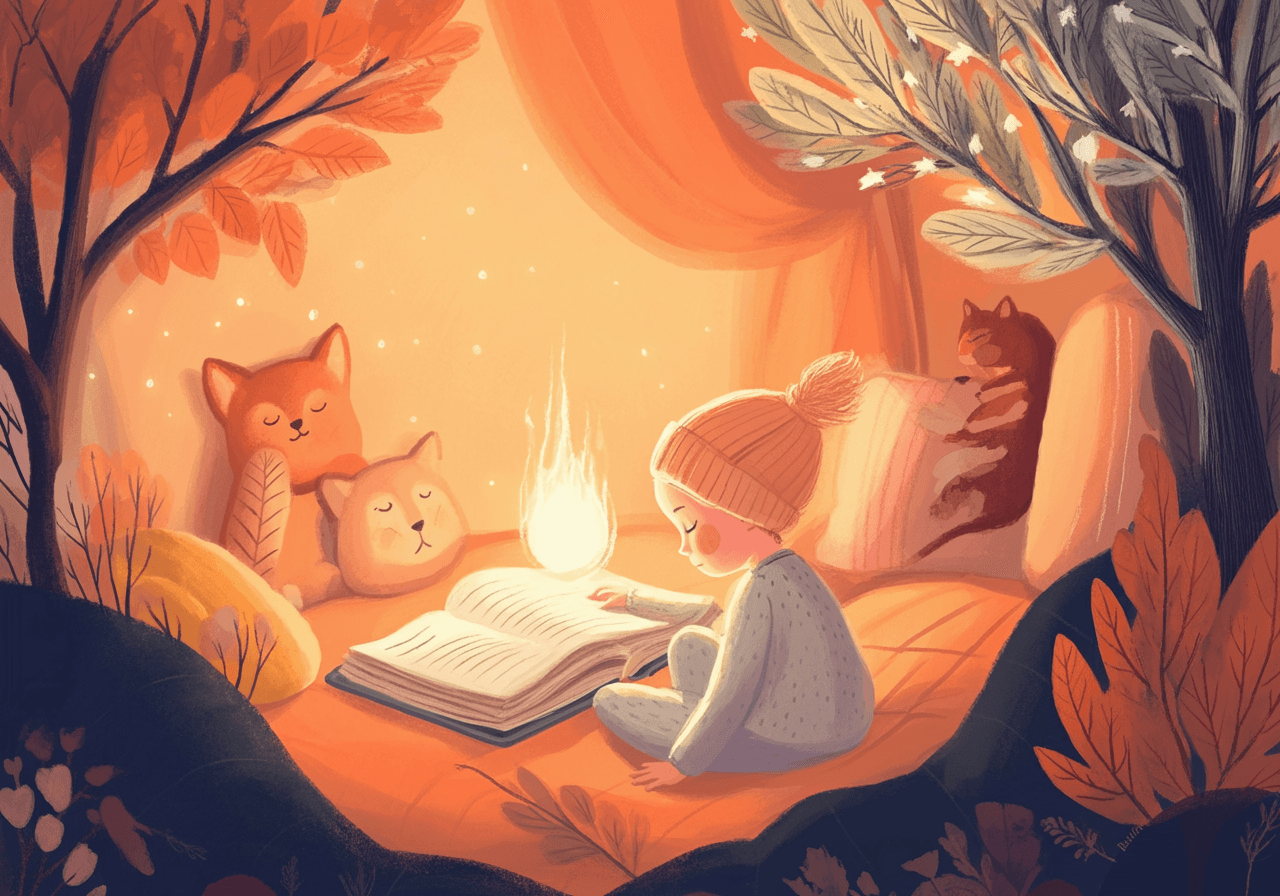
Spark Your Child's Love for Reading: Fun Tips & Tricks

Snuggle Up & Read: Finding Time for Story Time
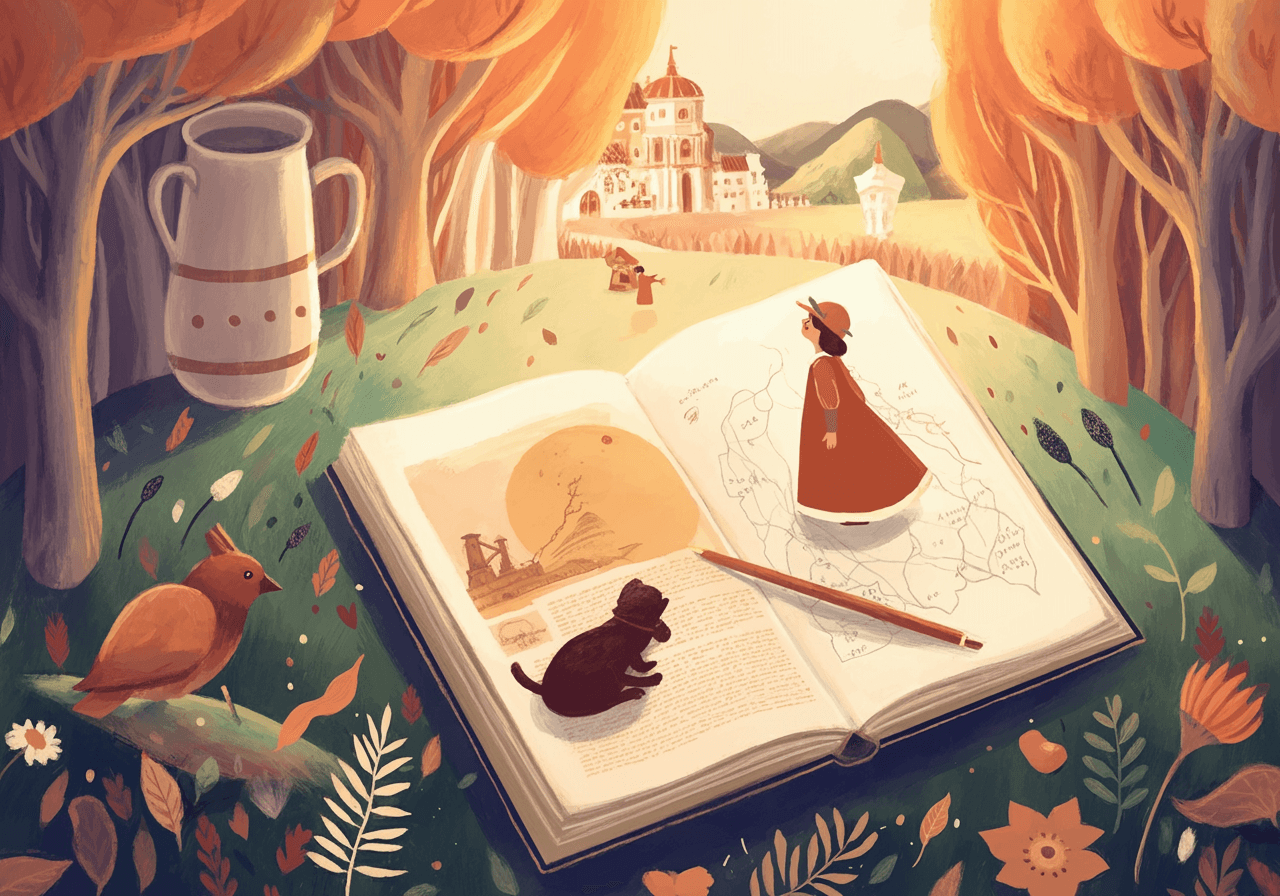
History Fun: Creative Activities for Kids

Screen Time vs. Story Time: Sparking a Love for Reading

Navigating Tough Talks: Stories as Bridges for Little Ones

Is School Enough for a Lifelong Love of Reading?

Snuggling Up with Stories: Making Time for Family Reading

Colorful Stories: Building Empathy Through Diverse Books

Classic Tales & Modern Kids: A Bridging the Gap

Friendly History: Finding Gentle Stories for Little Ones
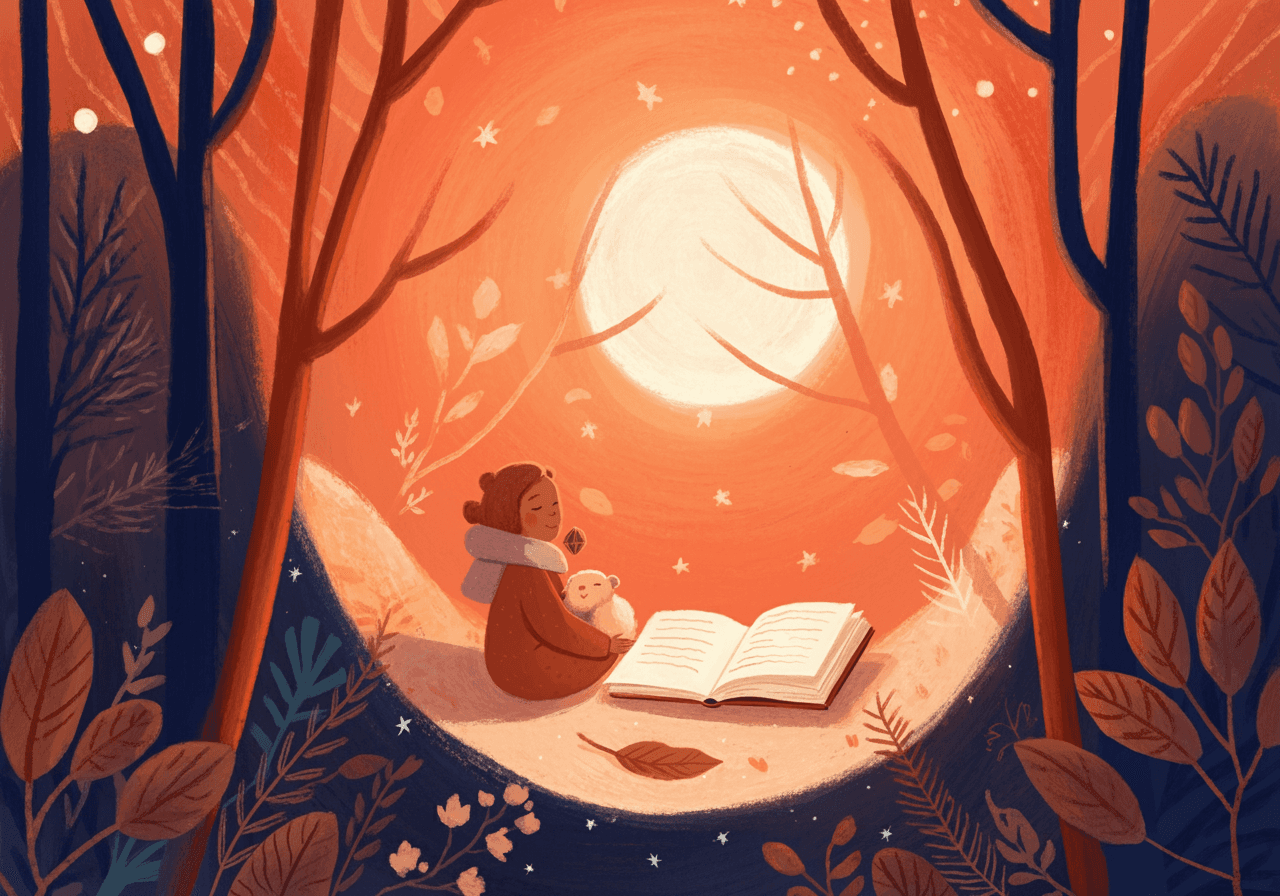
Cozy Up & Connect: Shared Reading for a Stronger Bond

Reading Time: Joy or Pressure for Young Kids?

Navigating Tricky History Talks with Little Ones

Cozy Reading Nook: Spark Your Child's Love for Books

Cozy Reading Time: Avoiding Common Mistakes

Spark Your Child's Summer Reading: Fun & Engaging Tips
Igniting a Love of Reading: Choosing the Right Books for Your Child

Reading Habits & Your Child's Future: A Loving Guide

Building a Joyful Family Reading Routine

Tailoring Shared Reading for Every Child

Snuggle Up: Making Time for Family Reading

Making Story Time Magical: Interactive Reading with Your Child

Nurturing Young Readers: A Guide for Parents

Raising Royals: Rethinking Princess Stories

Spark Your Child's Love for Reading: Fun & Engaging Tips

Tech & Reading: Spark Your Child's Love for Books

Reading Time Mysteries: Kids & Different Abilities

Making Time for Meaningful Reading with Your Child

Updating Timeless Tales: Keeping the Magic Alive

Screen Time & Reading: Friend or Foe? Finding the Balance
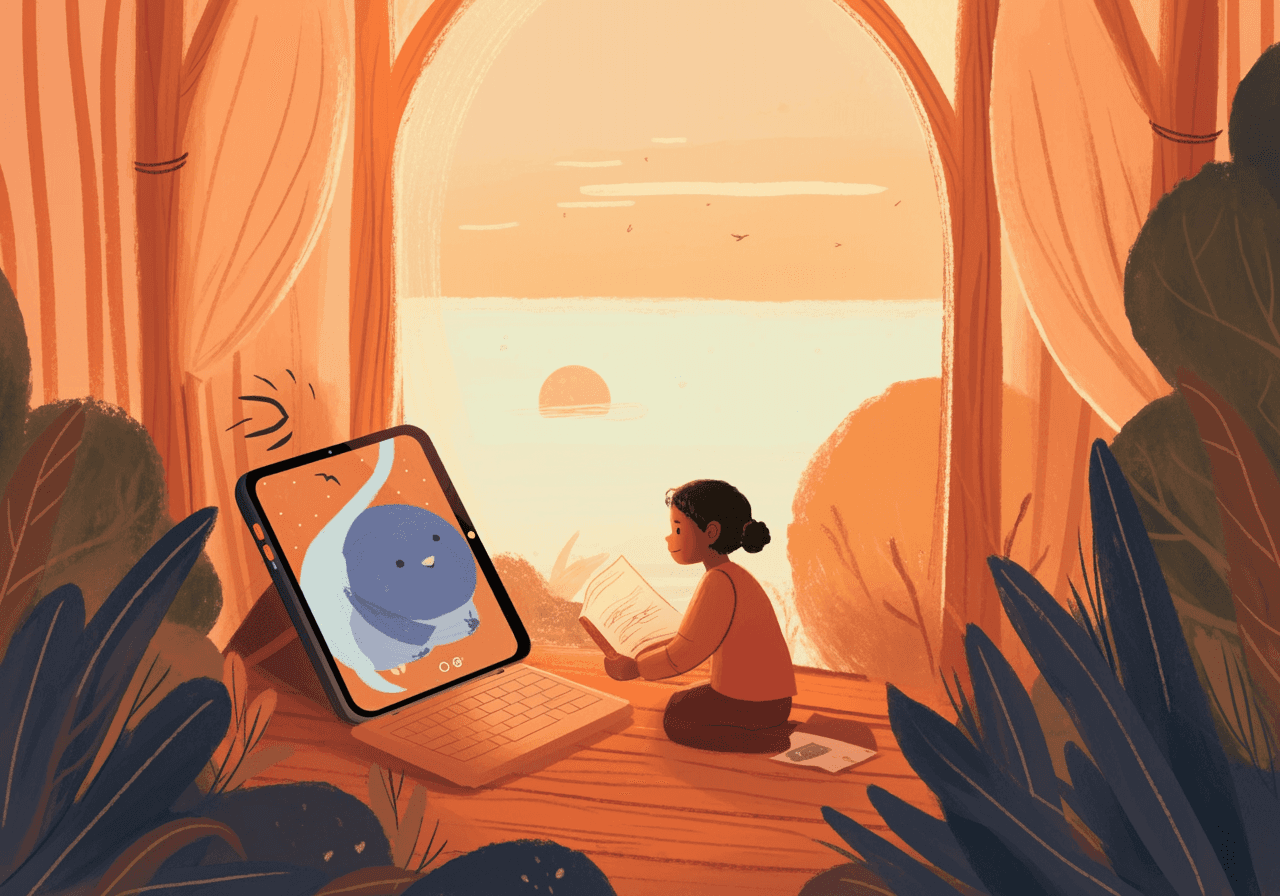
Personalized Reading Adventures with 'Tempo para Leitura'

Igniting a Love for Reading: Choosing the Right Books

Snuggle Up & Read: Creative Daily Reading Habits

Budget-Friendly Literacy: Nurturing Young Readers at Home

Captivating Classics: Engaging Kids with Short Attention Spans

Reading struggles: Long-term impact on your child

Weaving Reading Magic into Your Daily Family Life

Helping Your Child Blossom into a Reader

Reading with Kids: Overcoming the Hurdles at Home

History Hacks for Little Learners

Screen Time vs. Reading: Friends or Foes?
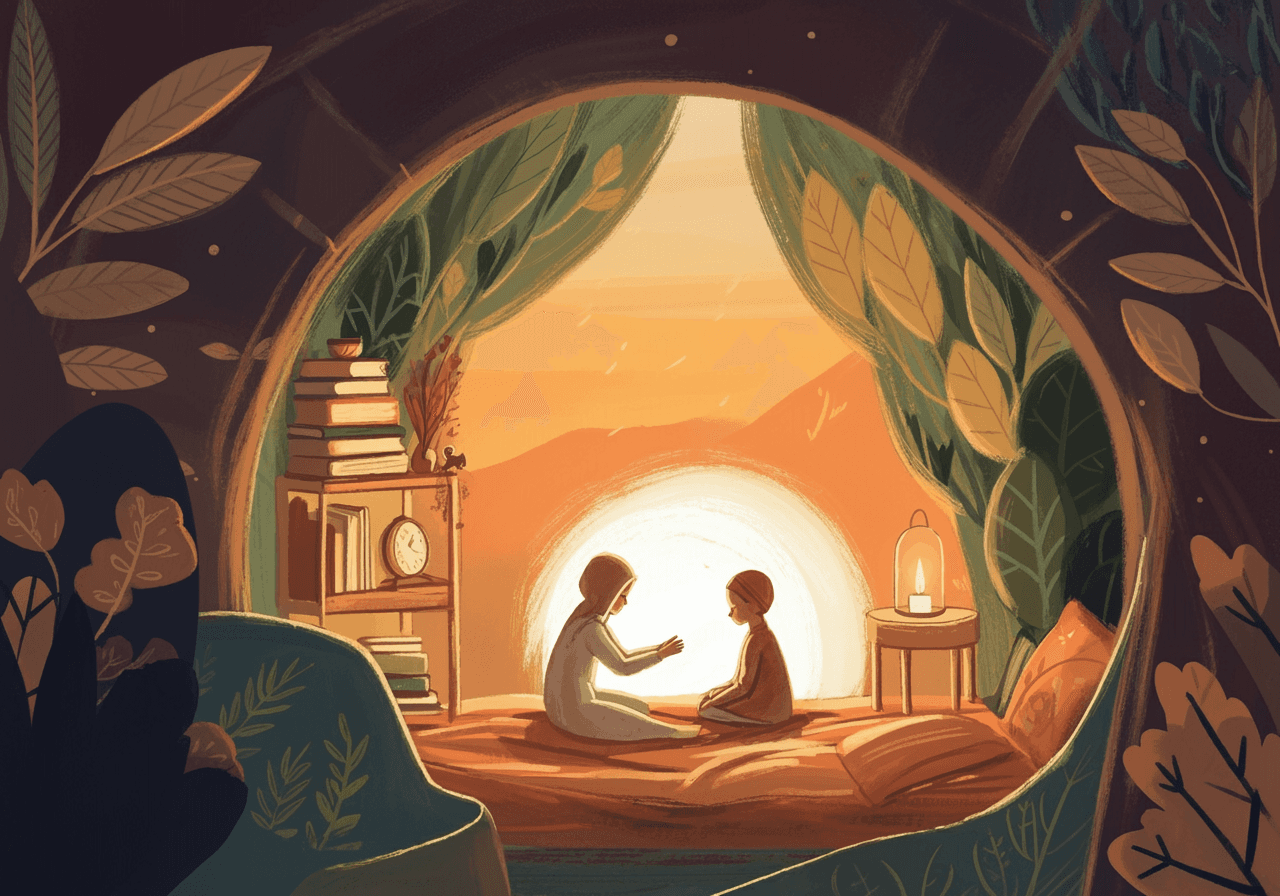
Nurturing a Lifelong Love of Reading in Your Child

Digital Magic: Boosting Your Child's Reading Journey

Pictures and Stories: A Perfect Match for Little Readers?

Reading with a Distracted Child: Tips and Tricks

Cozy Up with Books: Fun Family Reading Ideas

Growing Readers Together: Fostering a Love of Books

Boost Your Child's Reading Comprehension & Love for Books

Nurturing Readers: Tracking Progress & Tailoring Learning

Raising Readers Right: Stereotype-Free Stories for Kids

Cozy Reading Nooks: Budget-Friendly Ideas for Families

Finding the Perfect Book for Story Time

Snuggle Up & Read: Making Time for Story Time
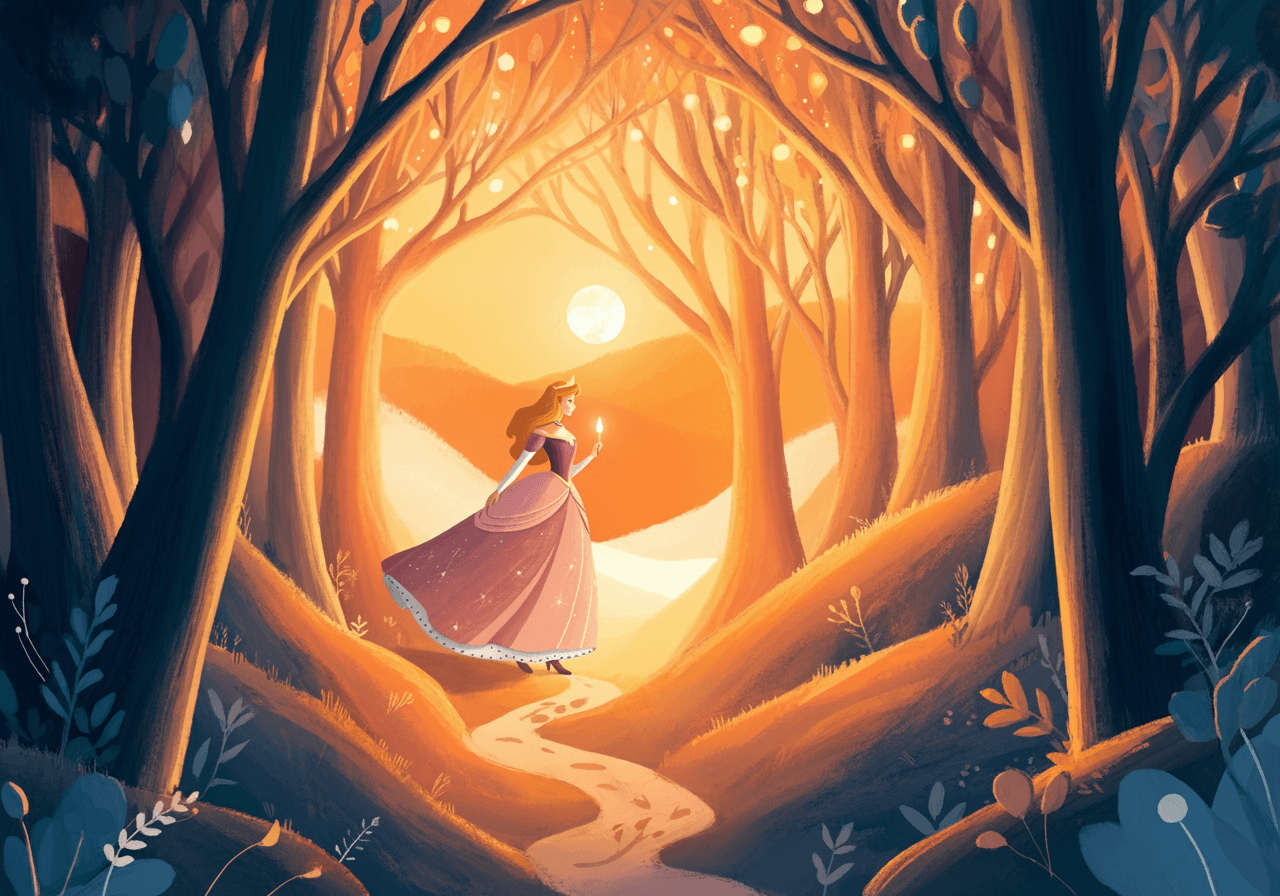
Raising Kind & Courageous Kids: Princess Stories as Life Lessons
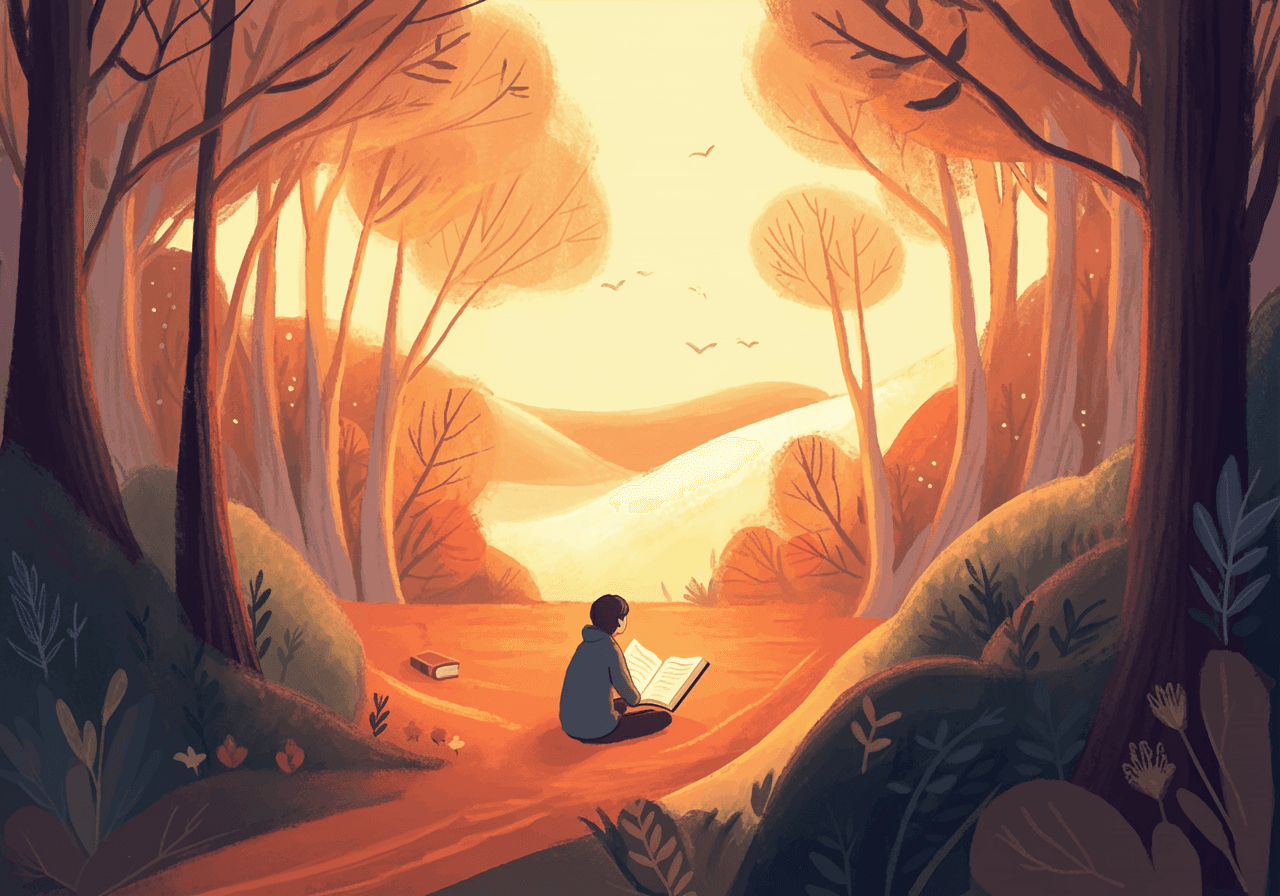
Building a Joyful Family Reading Routine: Tips & Resources

Screen Time vs. Reading: Finding the Right Balance for Your Child

Nurturing Every Reader: Personalized Learning in the Classroom

Cozy Reading Rituals: Making Time for Family Story Time

Untangling History: Helping Kids Navigate Online Misinformation

Cozy Reading Nooks: Budget-Friendly Ideas

Making Reading Fun and Accessible for Every Child

Keeping the Magic: Adapting Classic Tales for Kids

Lost in Translation? Keeping the Magic in Children's Books

Nurturing Young Readers: Overcoming Reading Hurdles

Unlocking Your Child's Potential: The Importance of Early Reading

Nurturing Your Child's Literacy: A Personalized Approach

Taming Screen Time & Inspiring Young Readers

Sparking a Love of Reading in Your Child

Building Bridges: Literacy for Every Child

Spark Your Child's Imagination: Story Inspiration Awaits
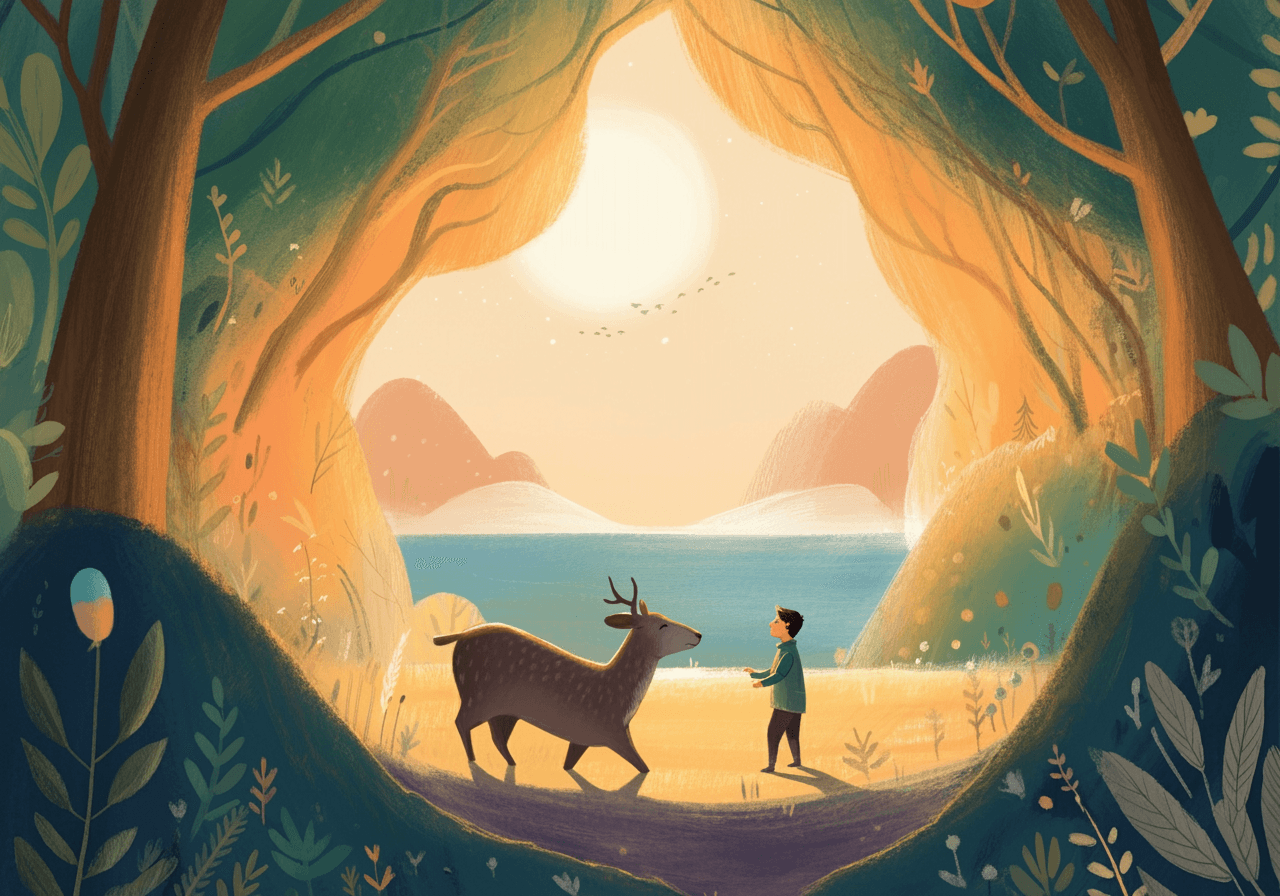
Taming Tantrums with Tales: Fables for Better Behavior

Storytime Magic: Weaving Tales into Learning

Nurturing Little Bookworms: Literacy in Preschool

Soothing Childhood Fears: The Magic of Fables

Unlocking Futures: The Importance of Early Literacy

Nurturing Young Minds: The Magic of Storytelling

Engaging Storytelling for Unique Learners

Reading Aloud: Avoid These Common Mistakes

Nurturing a Lifelong Love of Reading

Personalized Stories: Engaging Kids Without Pressure

Boosting Confidence: Interactive Stories for Shy Kids
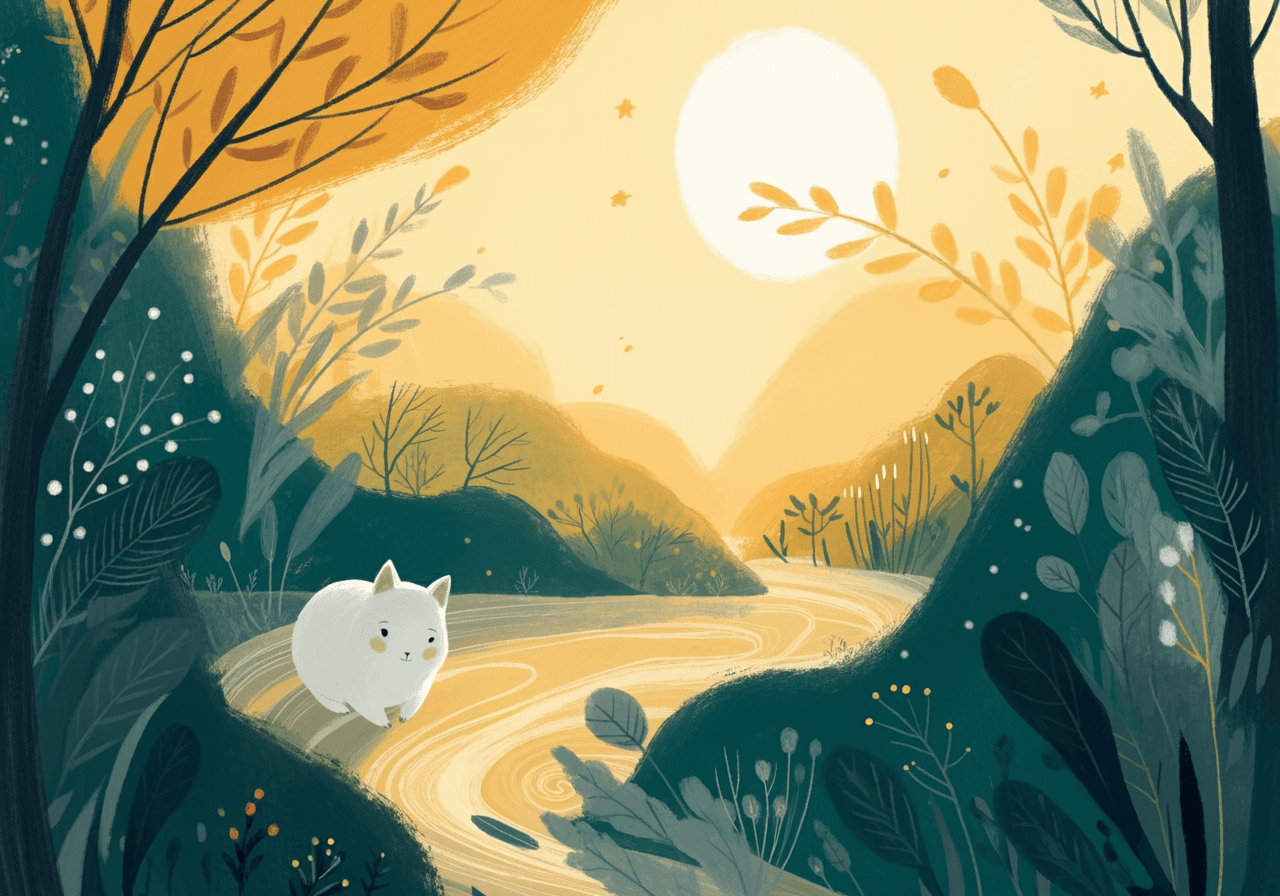
Screen Time and Stories: Finding a Healthy Balance for Kids

Engaging Kids with Reading: A Modern Challenge

Crafting Personalized Stories for Unique Learners

Timeless Tales: Keeping Fables Alive in a Digital Age
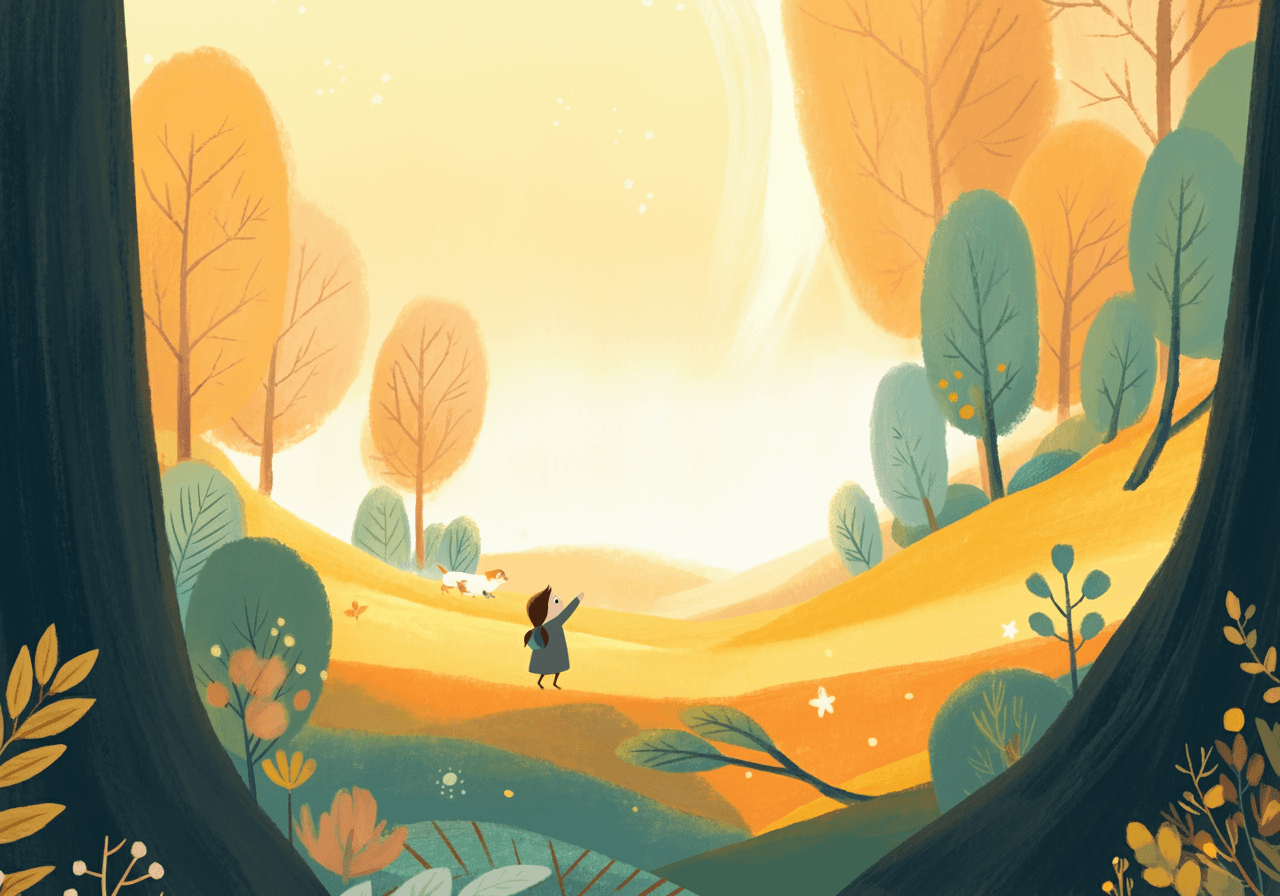
Raising Empathetic Kids: Stories for a Better World

Spark Imagination: Stories for Creative Kids

Protecting Your Child's Privacy in Personalized Stories

Raising Empathetic Kids: The Power of Story

Bring Stories to Life: Visuals & Props for Engaging Kids

Magical Tales: Igniting Your Child's Imagination

Personalized Stories: Challenges for Parents

Reading Tests: Do They Really Tell the Whole Story?

Interactive Stories: Boosting Language in Multilingual Kids

Raising Brave & Kind Kids: The Magic of Fantasy Stories

Tech & Story Time: A Magical Mix for Kids

Spark a Love of Reading: Tips for Reluctant Readers

Finding Diverse Books: A Parent's Guide

Weaving Magic: Craft Captivating Stories for Your Child

Lost in Translation? Keeping Cultural Heart in Fables

Tech & Books: A Powerful Partnership for Young Readers

Boost Your Storytelling Skills: Engaging Your Child

Storytelling and Your Child's Big Feelings

Boost Your Child's Communication with Storytelling Magic
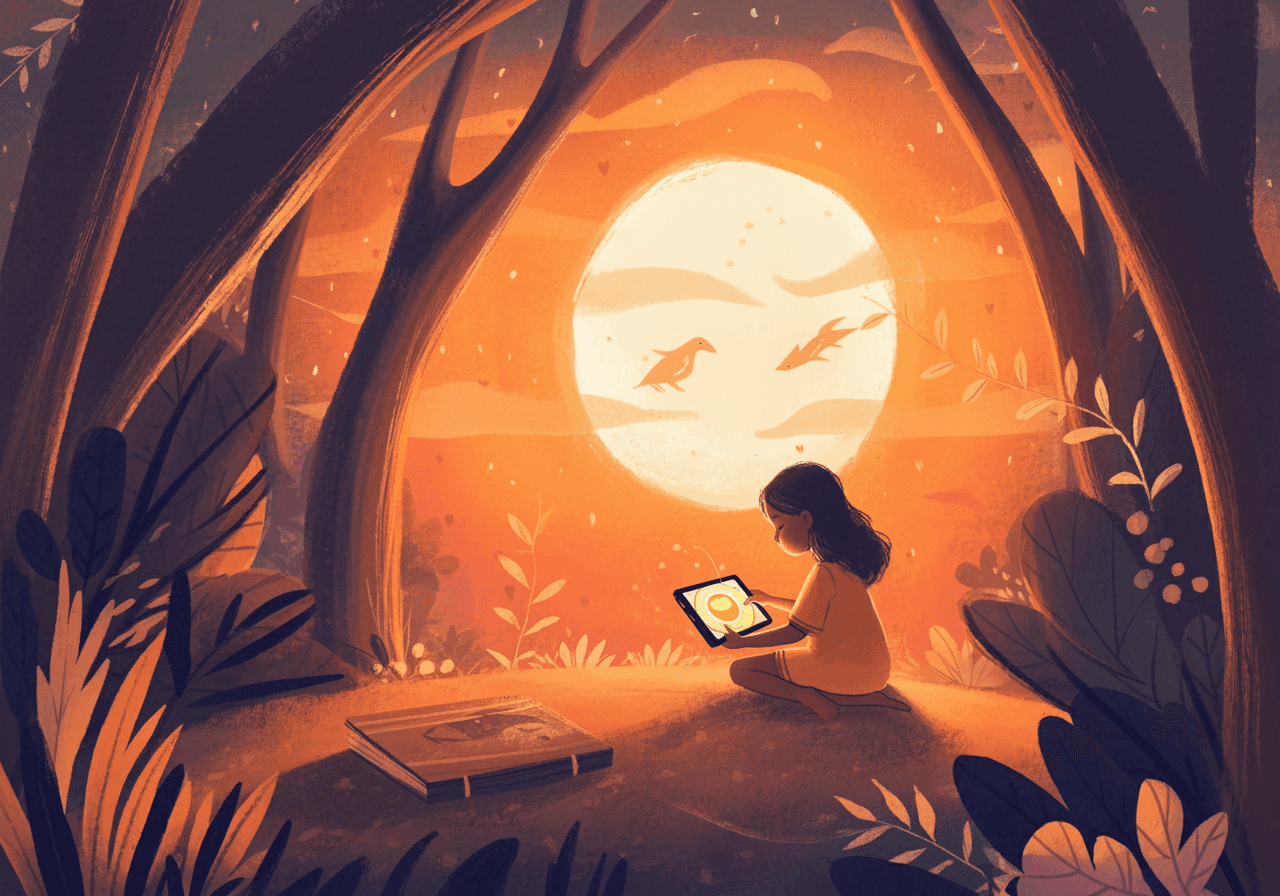
Brazilian Kid's Books: A Tech-Powered Reading Adventure

Personalized Storybooks: Ensuring Quality and Value

Crafting Unique Stories: A Guide for Loving Parents

Balancing Screen Time with Interactive Story Learning

Raising Problem Solvers: The Power of Stories
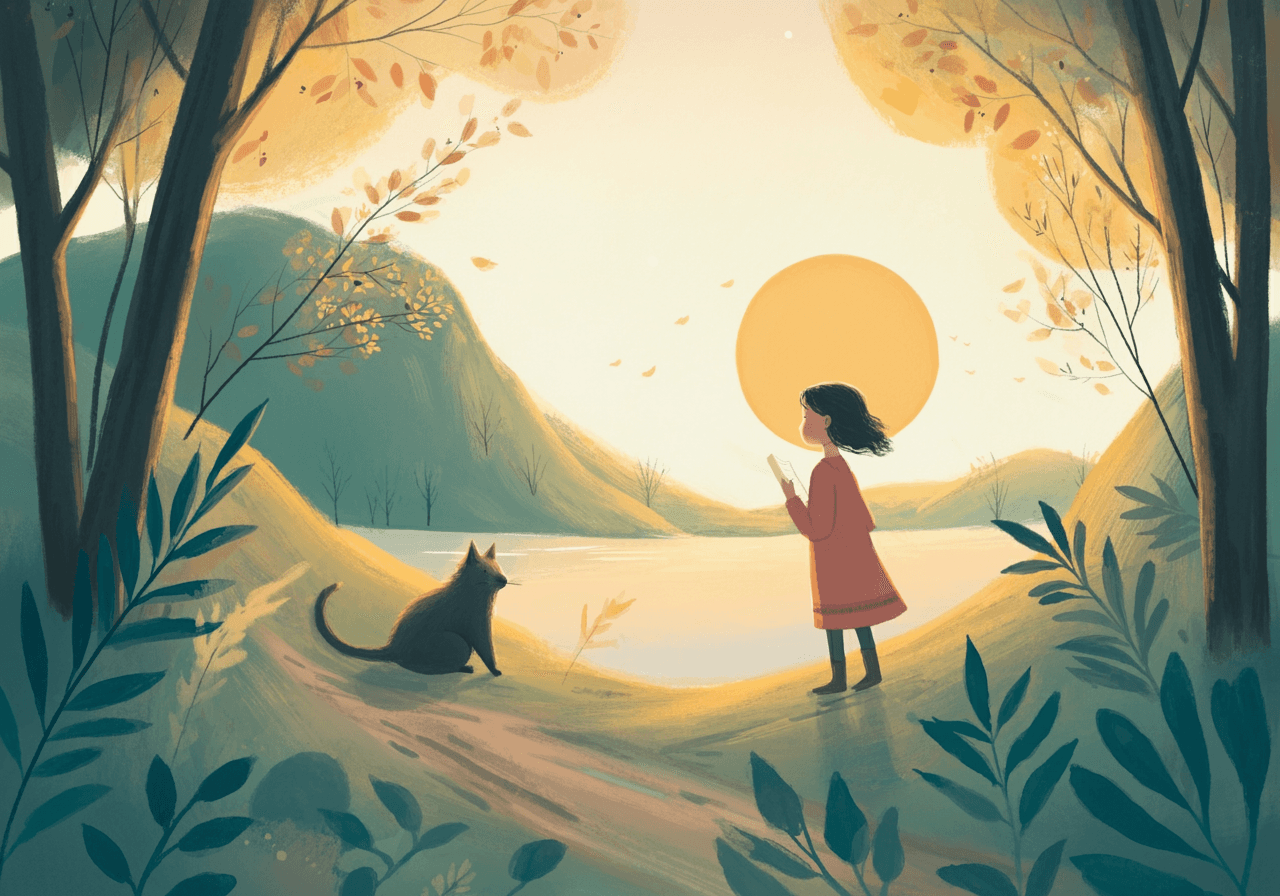
Nurturing Readers: Making Books Fun, Not Fearsome
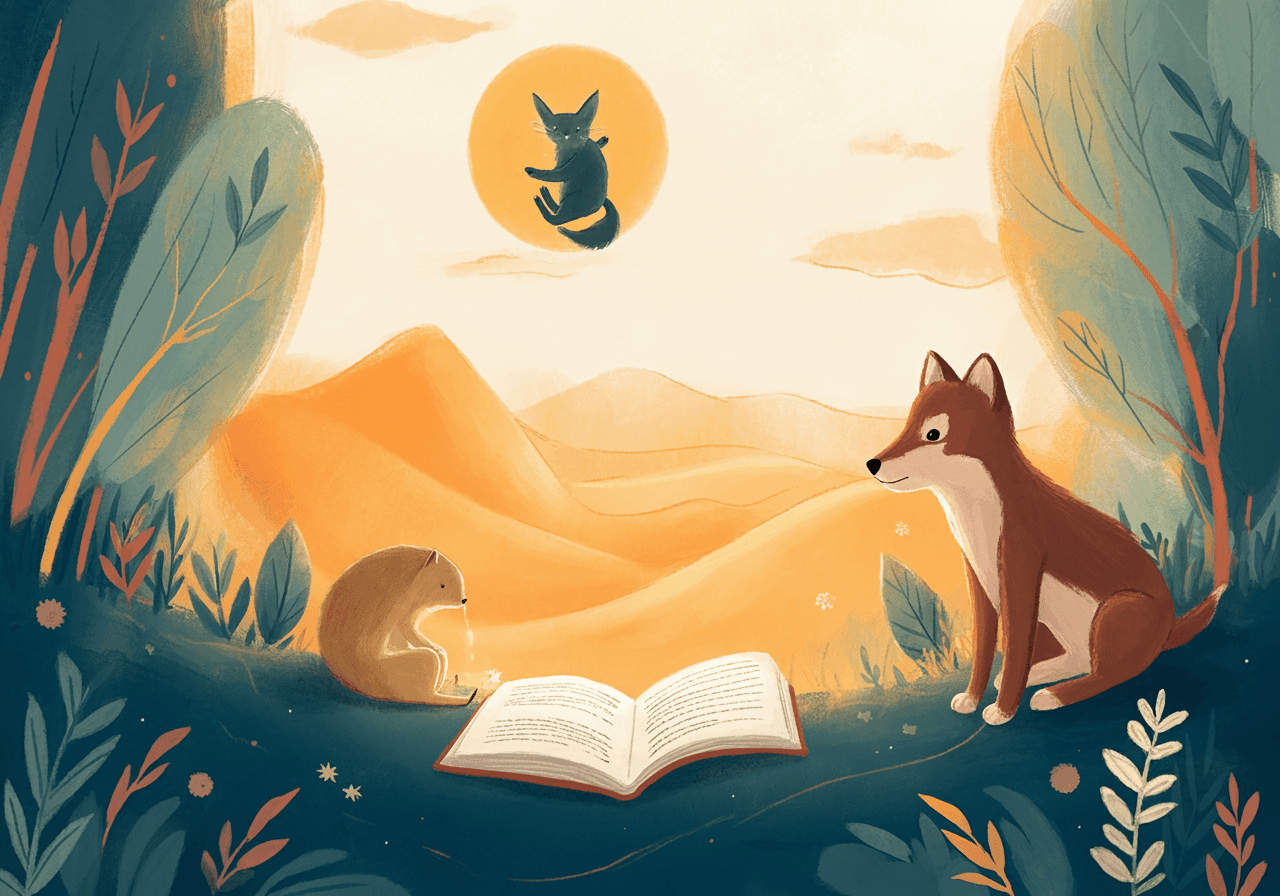
Weaving Educational Stories into Your Child's Day

Picking the Perfect Story: Engaging Your 4-7 Year Old

Engaging Diverse Learners: Finding the Right Story

Engaging Interactive Stories for Kids: Tips & Tricks

Hidden Gems: Unearthing Forgotten Fables

Spark Imagination: Interactive Stories for Creative Kids

Early Reading, Brighter Future: Nurturing Literacy in Young Kids

Sparkling Conversations: Fables & Critical Thinking

Breaking Stereotypes: Raising Kids with Inclusive Stories

Tech-Powered Tales: Boosting Learning Through Stories

Sparking a Love for Reading: Brazilian Children's Books

Shaping the Future of Brazilian Children's Books
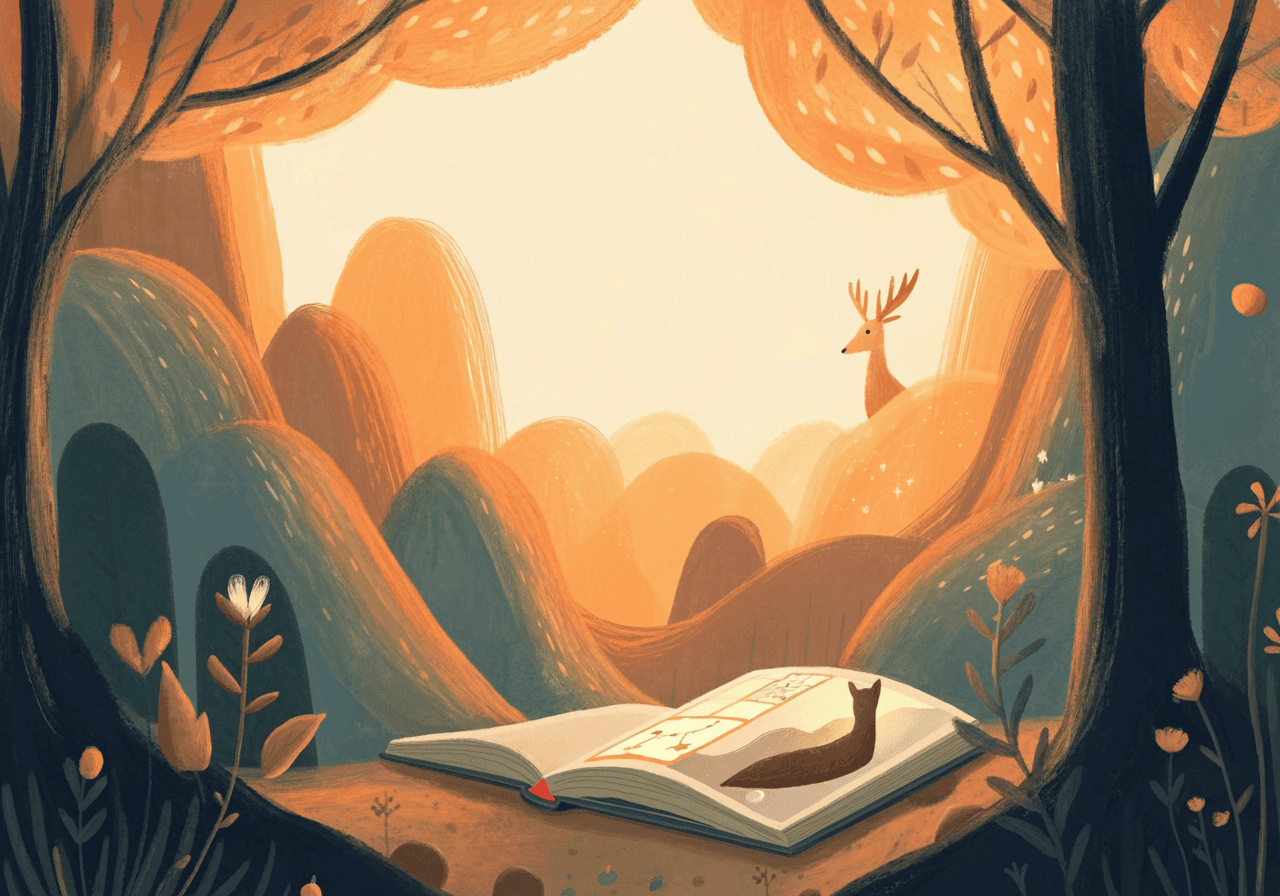
Boost Your Child's Thinking Skills with Engaging Stories

Captivating Kids: Storytelling Tips for Busy Parents

Nurturing Young Readers: Beyond the Classroom Walls

Fantasy Stories & Your Child's Growing Mind

Brazilian Kid's Books: A Tough Nut to Crack?

Funding Challenges for Brazilian Kids' Books in Schools & Libraries
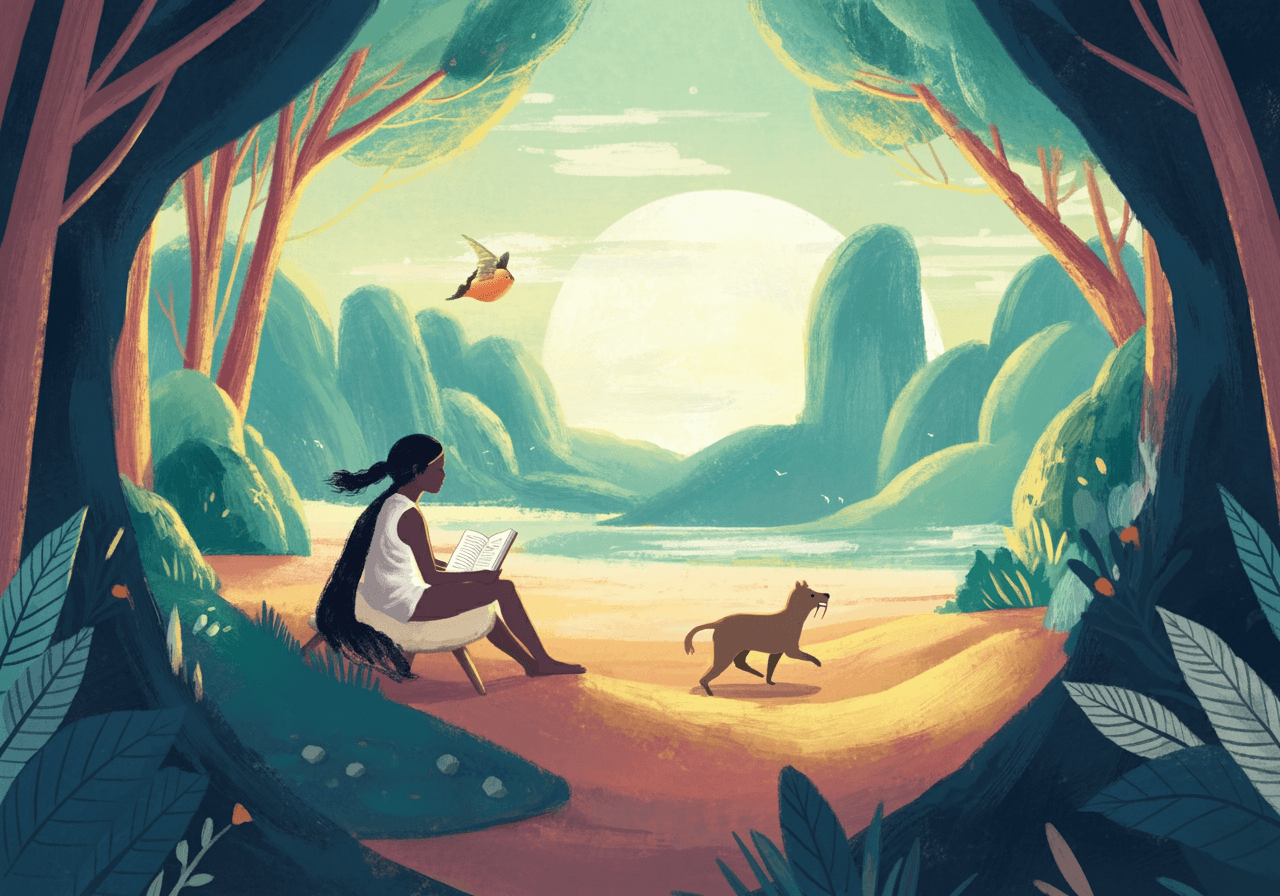
Celebrating Brazil's Rich Tapestry: Diversity in Kids' Books
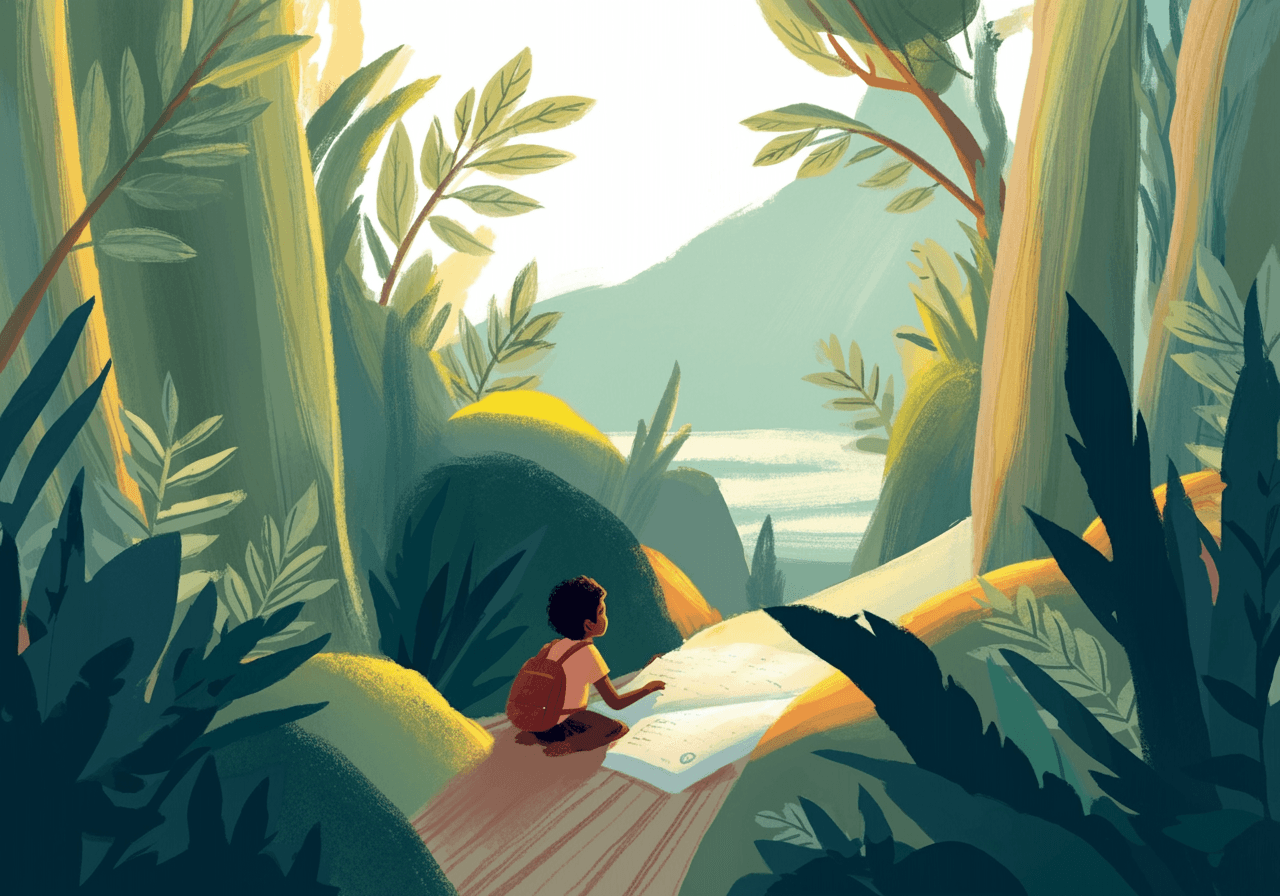
Bringing Brazil's Stories to Your Child's Classroom

Leveling the Playing Field: Literacy for Every Child

Raising Inclusive Kids: Stories That Celebrate Diversity

Crafting Magical Tales: Writing Fantasy for Your Child

Safe Online Adventures for Little Explorers

Fables Reimagined: Balancing Fun and Learning for Kids

Spark Imagination: Screen-Free Adventures for Kids

Unlocking Brazilian Stories for Kids Worldwide

Magic, Myth, and Big Feelings: Helping Kids Navigate Emotions
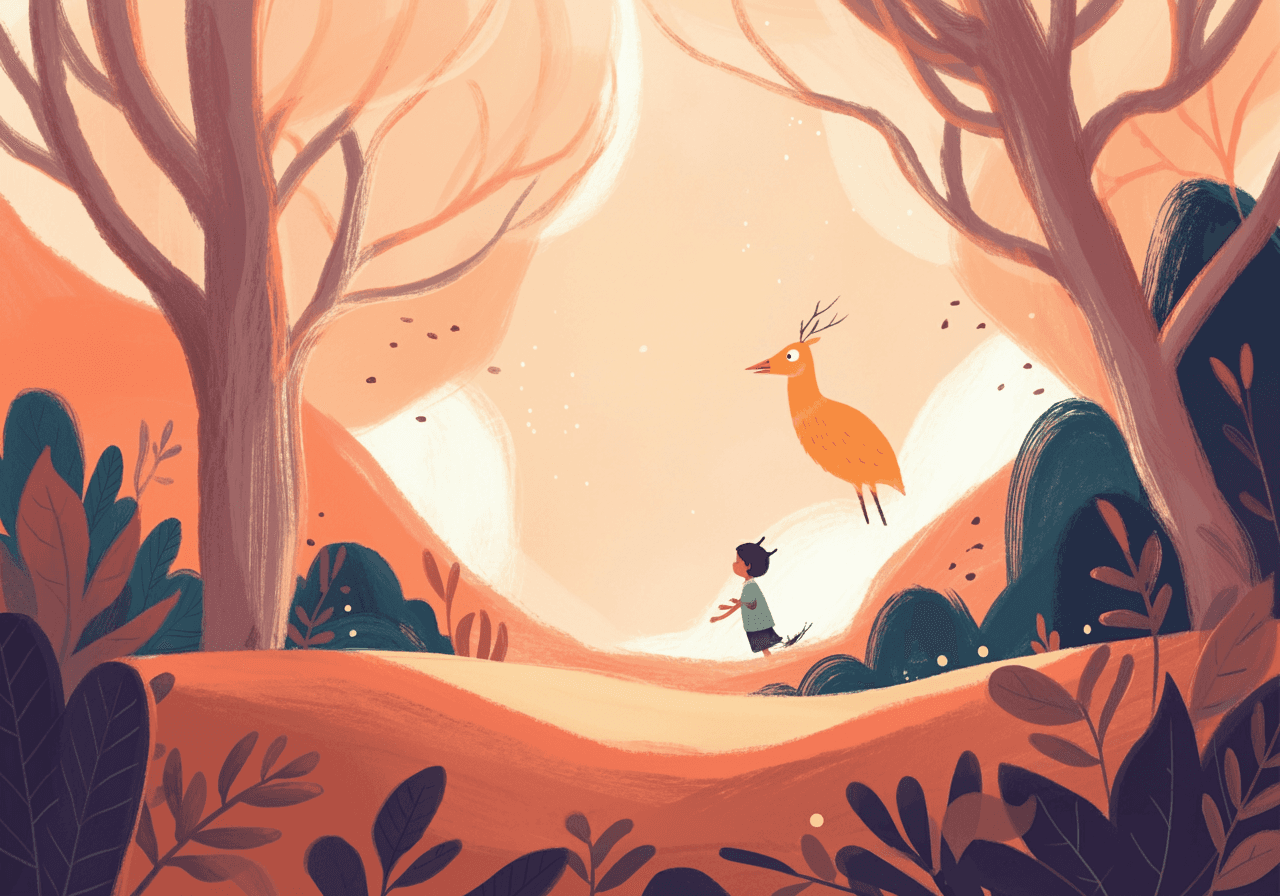
Finding Great Brazilian Kids' Books: A Parent's Guide

Story Time Superpowers: Boosting Your Child's Language

Nurturing Young Readers: Challenges in Diverse Classrooms

Fables vs. Modern Stories: What Works Best for Your Child?

Nurturing Young Minds: Stories for Critical Thinking

Easing Kids' Fears During New Adventures

Boost Your Child's Imagination with Interactive Storytelling

Balancing Playtime: Nurturing Your Child's Well-Rounded Growth

Creative & Personal: Tailoring Stories for Your Child

Raising Global Citizens: Stories & Cultural Understanding

Translating Brazilian Kid's Books: Keeping the Magic Alive

Updating Timeless Tales: Fables for Today's Kids

Folktales & Problem-Solving: A Child's Guide

Magical Moves: Easing Transitions with Stories

Fantasy and Kids: Finding the Right Balance

Soothing Nighttime Fears: The Magic of Stories

Spark a Love of Reading with Fantasy Tales

Will Personalized Storybooks Really Engage My Child?

Raising Resilient Kids: Adventure & Growth
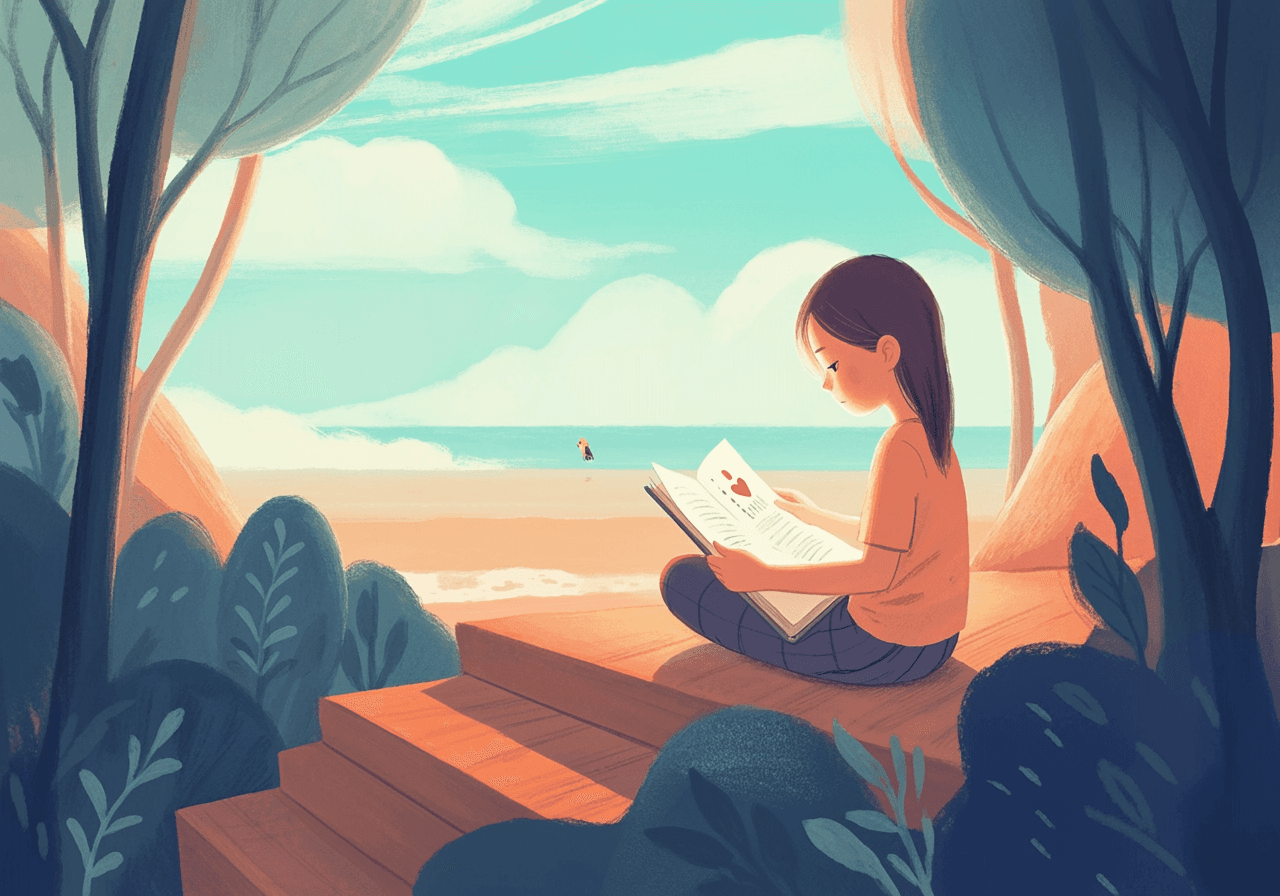
Helping Kids Focus on Reading in a Digital World

Nurturing Growth: The Magic of Childhood Adventures

Sparking Imagination: Crafting Fantasy Tales for Young Readers

Adventures in Learning: Teaming Up for Kids

Unlocking Family Adventures: Tips for Joyful Journeys

Folktales for Modern Times: Empowering Kids
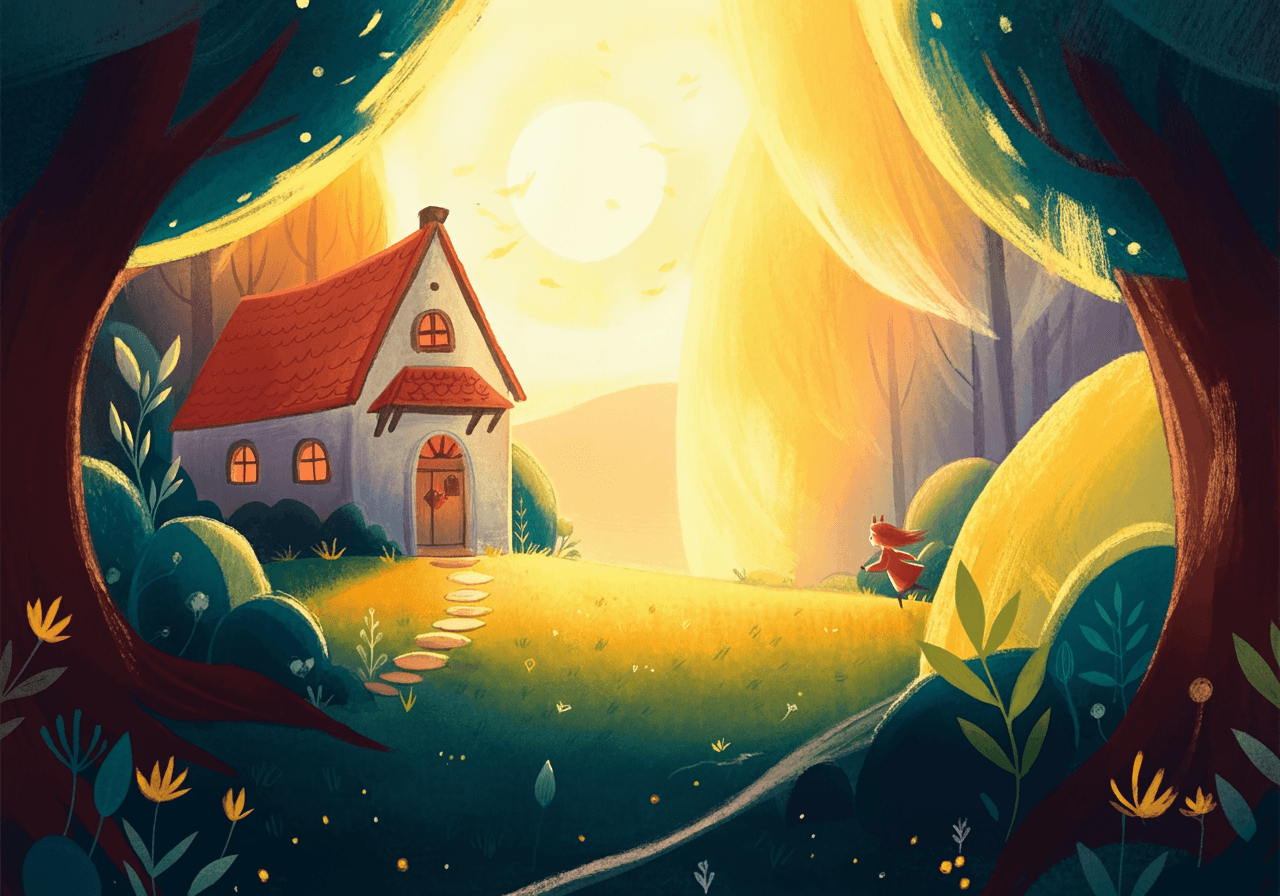
Captivating Folklore: Engaging Kids with Short Attention Spans

Classic Stories & Growing Minds: Finding the Right Fit

Unlocking Folklore's Magic: Helping Kids Grasp Moral Lessons

Engaging Kids with Classic Stories in a Digital World

Igniting a Love of Reading with Classic Tales
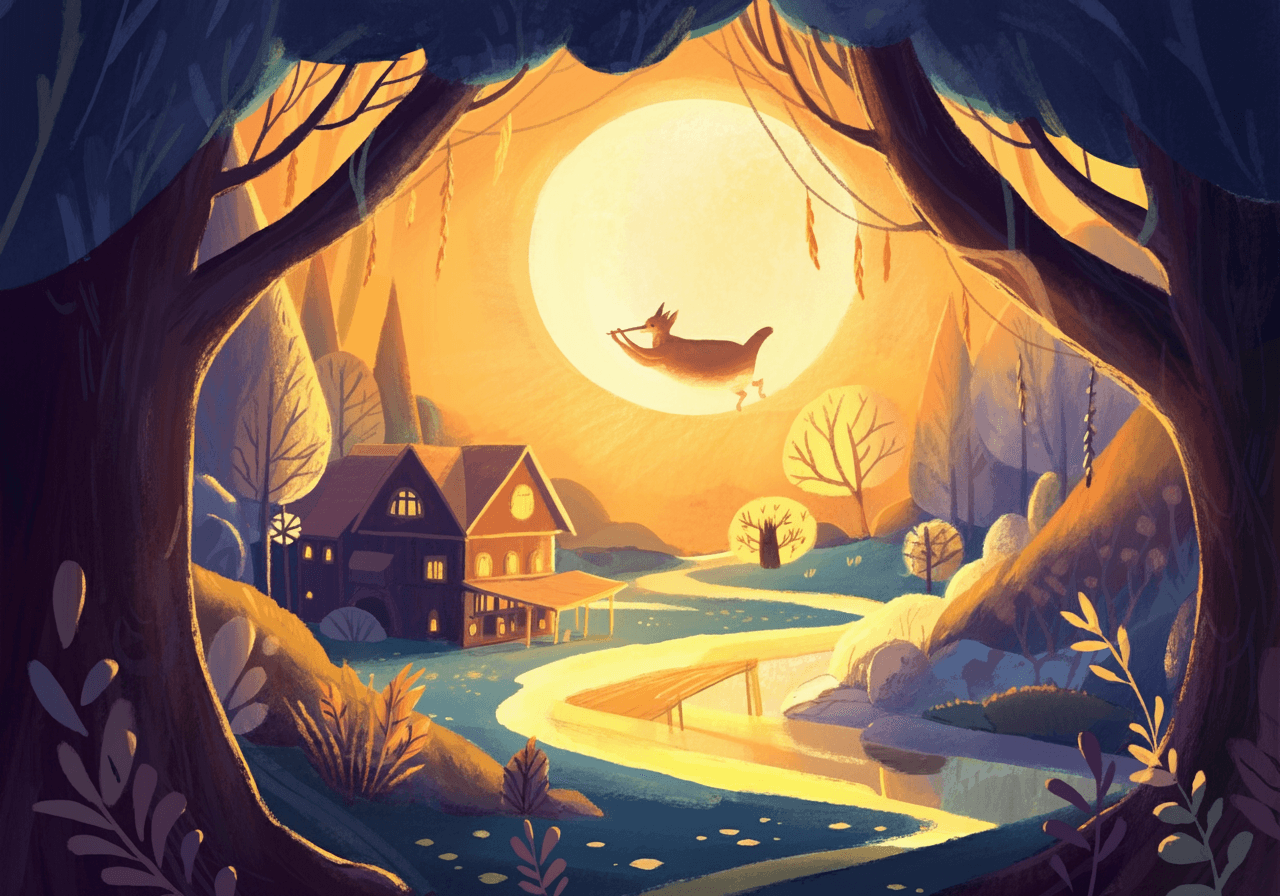
Spark Imagination with Folklore: Storytelling & Play
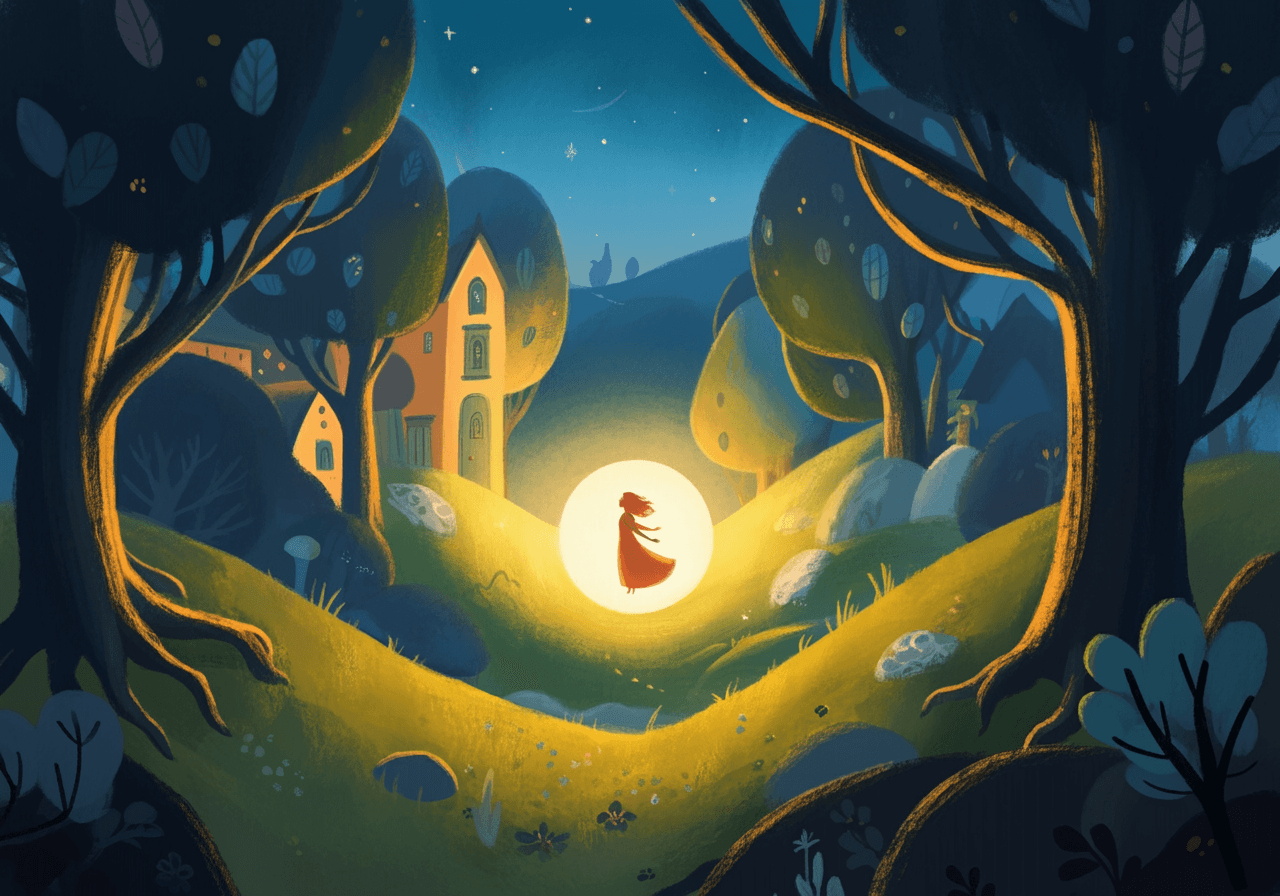
Updating Classic Tales for Modern Kids

Fairy Tales & Your Child: A Magical Journey

Classic Stories for Every Reader: Opening Up a World of Words
Read aloud video books

Three little pigs | Nursery Rhymes | Learn while reading | Song for kids & toddlers

I Read to My Kids and Found the BEST Way to Learn with Cartoon Fairy Tales

Discover Madagascar's Hidden Gems with Yuna! Books we love Learning Cartoon | Read aloud book ESL

Little Mermaid and Yuna teaching about Bath time | Learning Cartoon for kids | Sing with Yuna

Discover Tanzania's Hidden Gems with Yuna! Books we love Picture for kids Read aloud book ESL

Wheels on the Bus for kids | Educational songs | Read with Kids & Toddlers | Learning Cartoon

Three Little Pigs | Big Bad Wolf Story | A Learning Cartoon | Read-aloud books for kids & toddlers

Discover Turkey's Hidden Gems with Yuna! Books we love | Learning Cartoon | Read aloud book | ESL

Splash Splash | Learning Cartoon for kids | Nursery Rhymes | Sing with Yuna | Song for toddlers

Discover Portugal's Hidden Gems with Yuna! Books we love | Learning Cartoon | Read aloud book ESL

Reading Habit with Wheels on the Bus | Learning Cartoon for kids | Nursery Rhymes Song for toddlers

The Three Little Pigs | Learning Cartoon | A Read-Aloud Book for Kindergarten

Discover Peru's Hidden Gems with Yuna! Books we love Picture for kids Read aloud book ESL

Discover Indonesia's Hidden Gems with Yuna! Books we love | Picture for kids | Read aloud book ESL

The little mermaid bath Time learning song | Underwater Learning Cartoon | A Mermaid's Bath Song

Discover Ethiopia's Hidden Gems with Yuna! Books we love | Learning Cartoon | Read aloud book ESL

Discover Malaysia's Hidden Gems with Yuna! Books we love | Learning Cartoon | Read aloud book ESL

Wheels on the Bus | Read with Yuna | Reading Habit| Learning Cartoon | Nursery rhymes | Kids songs

Discover Germany's Hidden Gems with Yuna! Books we love | Learning Cartoon | Read aloud book | ESL

Discover Singapura's Hidden Gems with Yuna! Learning Cartoon Picture for kids | Read aloud book ESL

Discover Senegal's Hidden Gems with Yuna! Books we love | Picture for kids | Read aloud book | ESL

Three Little Pigs | Classic Fairy Tale | Learning Cartoon | Read-Aloud Book for Kindergarte

Discover Austria's Hidden Gems with Yuna! Books we love | Picture for kids | Read aloud book | ESL

Discover Switzerland's Hidden Gems! | Books we love | Picture for kids | Read aloud book | ESL

Discover the MAGIC of Sweden with Yuna's Favorite Kids Books | Picture for kids | Read aloud | ESL

Mermaid's Bath Time | A Read-Aloud Book for Kindergarten

Discover South Korea's Hidden Gems with Yuna! Books we love Picture for kids Read aloud book ESL

Yuna's UK Adventure: A Magical Reading Journey for Kids! | Age 4-7 | Storytime for children

Wheels on the Bus | Learning Cartoon for kids | Sing with Yuna | Song for toddlers | Nursery Rhymes

Yuna’s Toronto Adventure - A Journey of Friendship and Fun in Canada! | Age 4-7 Storytime read-aloud

Yuna's Brazil Adventure! Kids Learning Cartoon | Video book | Reading for kids | Read-aloud ebook

Three little pigs fairy tale | A Read-Aloud Book for Kindergarten | Learning Cartoon kids toddlers

Yuna's Fiji Adventure! | Kids Learning Cartoon | Video book | Reading for kids Read-aloud ebook

Yuna's Colombia Adventure! | Kids Learning Cartoon | Video book | Reading for kid | Read-aloud ebook

Discover the MAGICAL World of Reading with Yuna's USA Adventure Kids Learning Cartoon

Yuna's New Zealand Adventure! | Kids Learning Cartoon | Video book Reading for kids | Read ebook

Discover Australia's Hidden Gems with Yuna! Books we love | Picture for kids | Read aloud book | ESL

If a Mermaid Had a Bathtub | A Fun Learning Cartoon

Yuna's Nigeria Adventure! | Kids Learning Cartoon | Video book | Reading for kids | Read-aloud ebook

Discover Kenya's Hidden Gems with Yuna! Books we love | Picture for kids | Read aloud book | ESL

Wheels on the Bus | Learning Cartoon for kids | Nursery Rhymes | Sing with Yuna | Song for toddlers

Discover Greece's Hidden Gems with Yuna! Books we love | Picture for kids | Read aloud book | ESL

The Three Little Pigs | A Read-Aloud Book for Kindergarten | Learning cartoon for kids & toddlers

Yuna's Japan Adventure! | Kids Learning Cartoon | Video book | Reading for kids | Read-aloud ebook

Discover Italy's Hidden Gems with Yuna! Kids Learning Cartoon | Picture kids | Read aloud book | ESL

Discover Iceland's Hidden Gems with Yuna! Kids Learning Cartoon | Read aloud book | ESL

Yuna's China Adventure! Kids Learning Cartoon | Video book | Reading for kids | Read aloud ebook

Discover Ghana's Hidden Gems with Yuna! Books we love | Picture for kids | Read aloud book | ESL

Discover DENMARK's Hidden Gems with Yuna! Books we love | Picture for kids | Read aloud book | ESL

The Amazing ADVENTURES in Costa Rica That Kids Will LOVE

Yuna's Egypt Adventure! Kids Learning Cartoon | Video book | Reading for kids | Read aloud ebook

Discover the SECRET to Learning About Spain with Yuna's Story

Yuna's Argentina Adventure: A Magical Journey for Kids! | Age 4-7 | Storytime for children Storytime

Yuna's Incredible Journey: Discovering India's Rich Heritage

Yuna's French Adventure! Explore Paris and learn about France | Kids Learning Book Story

Goldilocks And The Three Bears | Fairy Tales | Read aloud of the classic kids | with music full HD

Twinkle Twinkle Little Star | Yuna Studios | Nursery Rhymes for Kids | Songs | Lullabies Toddlers |

HEALTHY FOOD SONG FOR KIDS | Healthy Eating Song | Dinner time eating kids nursery | Fun + Toddler

Mother's day | Reading time | Family Bonding | Fun for Toddler & Kids | Yuna the story app for free

Wheels on the Bus | Nursery Rhymes & Kids Songs | Educational for children & toddlers | Yuna

Bath Song | Little Mermaid | Yuna Nursery Rhymes & Kids | Music for Children | Fairy tale | Shower

Jungle Bedtime Story for kids | Animals | Yuna Narrated Sleep | Animated book | Safari Adventure

Space Bedtime Story | Narrated Kids Storytime | Night, Star, Galaxy and Planet | White noise | Sleep

Classics 25 MIN - Three Little Pigs | Little Mermaid | Little Red Riding Hood | Cinderella and more

Three Little Pigs 3 Little Pigs | Read aloud | Lullaby song | Fable Magical Fairy Tale for kids

ABC with Yuna | Lullabies for Kids and Toddlers | Songs & Nursery Rhymes Alphabet | Stories for kids

The Tortoise and the Hare: A Timeless Story Lesson in Humility

Cinderella Full Story | Fairy Tales for Children | Read Aloud by Yuna | Bedtime Stories for Kids

Three Little Pigs | 3 Little Pigs | Read aloud | Bedtime story | Fable | Magical Fairy Tale for kids

🐺 Little Red Riding Hood - A Magical Fairy Tale | Video book reading for kids | Yuna for children 🏰✨

Yuna - Play, learn and read your way #kidssongs #kidslearning #readaloud #book #reading #kids

Yuna - More than reading, real connection #kidssongs #kidslearning #readaloud #book #reading #kids

What is Yuna? | The Magical Reading App for Kids 4–7 | The App Where Your Child Becomes the Hero

Yuna – Personalized storytime that brings families closer

Moonlit Beach Walk 🌊 | Children's bedtime stories | Yuna Video Books Kids | Narrated story book tale

Brush Your Teeth | Rapunzel and Yuna | Kids Songs | Tooth Brushing | Super Simple | Healthy Teeth

☁️ Rainy Day Nap | Children's bedtime stories | Yuna Video Books for Kids | Narrated story book tale

👑 Rapunzel - A Magical Fairy Tale for Kids | Video book | Yuna Classic Stories for children ✨

Moonlit Beach Walk 🌊 | Children's bedtime stories | Yuna Video Books Kids | Narrated story book tale

Guess the Story with Yuna! A Magical Fairy Tale for Kids | Video book | Yuna Stories for children 🏰✨

Guess the Story with Yuna! A Magical Fairy Tale for Kids | Video book | Yuna Stories for children 🏰✨

Rainy Day Nap ☁️ | Children's bedtime stories | Yuna Video Books for Kids | Narrated story book tale

Guess the Story with Yuna! A Magical Fairy Tale for Kids | Video book | Yuna Stories for children 🏰✨

Little Red Riding Hood - Storybook Classic Fairy Tales | English story and songs for kids | Yuna 🏰✨

Guess the Story with Yuna! A Magical Fairy Tale | Video book reading for kids | Yuna for children 🌊✨

Guess the Story with Yuna! A Magical Fairy Tale for Kids | Video book | Yuna Stories for children 🏰✨

The Ugly Duckling 🦢 -- A Magical Fairy Tale | Video book reading for kids | Yuna for children 🏰✨

The Little Mermaid 🧜♀️ - A Magical Fairy Tale | Video book reading for kids | Yuna for children 🌊✨

Jack and the Beanstalk 🌱 - A Magical Fairy Tale for Kids | Video book | Yuna Stories for children 🏰✨

Rapunzel 👑 - A Magical Fairy Tale for Kids | Video book | Yuna Classic Stories for children ✨

🌙 Dreaming Clouds | Children's bedtime stories | Yuna Video Books for Kids ✨

Yuna - Free book app for kids

Yuna - Book reading app for kids

Yuna - A new way to read with your kids

Hora de dormir parece uma competição? Venha conhecer a Yuna #crianças #leitura #booktube

Descubra o SEGREDO para Aprender e Brincar em Casa com Histórias Personalizadas

Brilha, Brilha, Estrelinha | Canção de Ninar | Música para Dormir e relaxar | Animação para crianças

Ciranda, Cirandinha | Clipe de Cantiga de Roda | Desenho infantil | Brincar e cantar com crianças

Quem tá no Mar? Música e clipe com animais | Vamos Nadar? Tartaruga, Polvo, peixe | Explore o oceano

Alecrim Dourado - Canção de Ninar Clássica | Como fazer criança dormir? Música para relaxar infantil

As Palavras Mágicas | Por Favor, Obrigado, Com Licença | Música Infatil | Boas Maneiras | Educação

Bom Dia, o Sol já chegou! Música para Começar o Dia Feliz! Canção Infantil | Animação | Educação

Descubra o Poder da Respiração Lenta para Acalmar a Ira | Música infantil | Desenho Animado crianças

Você Sabe o SEGREDO para Guardar Tudo em 1 Minuto? | Música infantil | Brincou, Guardou! Truque

Seu Filho Não Come? "Nham Nham Nham" para Abrir o Apetite! Desenho | Música da Alimentação saudável

Dificuldade para Escovar os Dentes? Música Faz A DIFERENÇA! | Música infantil | Hábitos Crianças

Não Gosta de Tomar Banho? Essa Música Vai Te Ajudar | Animação para Crianças | Hora do Banho Desenho

Dentes Brilhantes e Saudáveis! Música para Crianças | Aprenderem a Escovar os Dentes

Yuna e a Música das Profissões (O Que Eu Quero Ser) | Canções Infantis para Aprender | Leitura livro
People also read these articles

Why Your Toddler Screams When Dad Takes Over—and What You Can Do About It

When Life Changes Plans: Raising Nieces and Nephews After a Family Emergency

Toddler Backtalk: Why It Happens and What You Can Do

How to Navigate Low Contact Family Dynamics With Kids without Guilt

Why Kids Get More Anxious After Being Sick — And How Stories Can Help

When Words Come Slowly: Understanding Toddler Speech Delays Without the Panic

Why Is My 5-Year-Old Suddenly Afraid at Night?

Why Your 4-Year-Old Fights Sleep (And What Actually Helps)

How to Support a High-Energy 4-Year-Old (Without Losing Your Cool)

Meet Your New Bedtime Ally: Yuna’s YouTube Channel

Bedtime for 7-Year-Olds: How to Build a Routine That Balances Independence and Imagination

Bedtime Routine for 6-Year-Olds: Calm the Chaos with Connection

Bedtime Battles at 5? How to Build a Routine That Actually Works

When Bedtime Feels Like a Battle: How Storytelling Helped Us Find Peace Again

Toddler Escaping Bed at 2 AM? Here’s What Helped Us Reinforce the Big Kid Sleep Routine

Crying Before Every Nap? What Helped Us During the 3-Month Sleep Storm

4-Year-Old Refusing to Sleep Alone? This Bedtime Ritual Helped Us Reclaim the Night

First Time Co-Sleeping with Your Toddler? How Storytelling Can Help Make It Magical

Nap Struggles at 4 Months? Here’s What Helped Us Move Past Contact Naps

Toddler Not Sleeping? This Storytelling Trick Might Finally Help

Why Bedtime Stories (Not Consultants) Might Be the Secret to Better Sleep

When the Student Becomes the Teacher: What Our Kids Really Teach Us

Why Kids Love Repetition in Stories (And Why It’s Actually Brilliant)

Books That Help Kids Talk About Big Feelings

How to Build a Reading Habit in Just 7 Days

How to Get Grandparents Involved in Reading

The Secret Ingredient to Raise Curious Kids

5 Signs Your Child is Ready to Start Reading on Their Own

How to Build a Calm Reading Corner at Home

The Real Reason Kids Get Bored with Books (And How to Fix It)

Why Reading Aloud is Still Powerful at Age 7 (Yes, Even Then!)

5-Minute Stories That Fit Your Morning Routine

Reading Games You Can Play Without a Screen

Make Your Kid the Star: Why Personalized Stories Spark More Reading

Yes, You Can Raise a Reader (Even If You’re Not One)

What 10 Minutes of Reading a Day Actually Does for Your Child’s Brain

How to Pick the Right Book for Your 4–7 Year Old

What to Do When Your Kid Doesn’t Want to Read

Bedtime Reading Rituals That Actually Stick

How to Make Reading Feel Like Quality Time (Not Homework)

Back-to-School Book Picks for a Confident Fresh Start

Spring Stories That Bloom with Imagination

Funny Books That Make Kids (and Parents) LOL

Books Full of Adventure for Little Heroes and Dreamers

10 Enchanting Books Where Imagination Leads the Way

Reading Time = Bonding Time: Books That Bring Us Closer

Our Family’s 10 Favorite Read-Alouds for Ages 4–7

Books That Are Even Better When You Read Together

Stories That Help Shy Kids Speak Up

Empowering Books for Little Girls (and Boys Too!)

Books That Say: You Are Enough, Just as You Are

Books That Help Kids Handle Friendship Drama

My Turn! Your Turn! Books That Teach Taking Turns and Kindness

Books That Teach Sharing Without Sounding Like a Lecture

STEM Books Your 5-Year-Old Will Beg to Read Again

Books for Curious Minds: Why, How, What? (They Ask It All!)

Books That Help Kids Love Reading—Even If They Struggle

Best Books to Raise Kind, Inclusive Kids

Stories That Help Kids Feel Seen: Diverse Books for Ages 4–7

Children's Books That Celebrate Every Kind of Family

Books That Help Kids Calm Down After a Long Day

Angry, Sad, Excited: Storybooks That Help Kids Name Emotions

Feelings Are Hard: 12 Books That Teach Kids Emotional Skills

Phonics, Sight Words & Fun: Best Books for Learning to Read

10 Must-Read Books to Get Kids Ready for Kindergarten

Our Favorite Wind-Down Kids Stories for Tired Evenings

Books That Make Bedtime Soothing, Not a Battle (Ages 4–7)

12 Magical Bedtime Books That Actually Help Kids Sleep

Reimagining The Little Mermaid: What If She Never Gave Up Her Voice?

Why Kids Love Mermaids—and How Yuna Makes That Love Even Bigger

Little Mermaid: What If the Sea Witch Was Right?

What The Little Mermaid Teaches Kids About Life (And Us, Too)

What The Little Mermaid Still Teaches Kids Today

Mermaid Tales Around the World: What the Sea Whispers in Every Culture

Meet the Magical Cast of The Little Mermaid

The Sad, Beautiful Depth of The Little Mermaid—and How Yuna Gives It a New Life

The Little Mermaid: 7 Magical Facts You Never Knew

What the Three Little Pigs Teach Us About Fun, Effort, and Lasting Lessons

Why Kids Can’t Get Enough of Stories Like The Three Little Pigs—and How Yuna Makes the Magic Last

Not So Big, Not So Bad: The Many Faces of the Storybook Wolf

What the Three Little Pigs Teach Us About Life (and LEGO Sets)

Why The Three Little Pigs Still Speaks to Our Kids

Around the World with The Three Little Pigs: Fairy Tales with a Twist

Meet the Pigs (and the Wolf!): A Playful Peek Behind the Story

The Surprising History of The Three Little Pigs: From Oral Tales to Storytime Stars

The Three Little Pigs: 7 Fun Facts You Didn’t Know

From Glass Slippers to Personalized Magic: Discovering the Enchantment of Cinderella with Yuna

Cinderella Through the Ages: From Dark Origins to Gentle Magic with Yuna

What Makes Cinderella So Magical—and How Yuna Brings That Magic to Your Child’s Story

What Cinderella Can Teach Our Kids: Timeless Life Lessons for Today’s Families

Why Cinderella Still Matters Today: A Timeless Tale of Kindness, Resilience, and Transformation

5 Magical Cinderella Stories from Around the World

Meet the Magical Characters of Cinderella: A Fairy Tale Full of Fun!

The Magical Origins of Cinderella: From Ancient Tales to Personalized Adventures

Cinderella: 7 Curious Facts You Didn’t Know About This Classic Tale

Nurturing Young Readers: Building a Literacy-Rich Home

Reading Aloud: Lasting Benefits for Growing Readers

Raising Empathetic Kids: The Power of Storytime

Peaceful Family Reading Time: Making it Happen

Growing Readers: Adapting Family Reading Time

Diverse History for Kids: Making it Inclusive & Engaging

Spark a Love of Reading: Make it Fun, Not a Chore

Spark a Love of Reading: Storytelling Tips for Kids

Reading Time Estimation: A Guide for Diverse Content

Family Story Time: Choosing Books Everyone Loves

Keeping Classic Tales Alive: Balancing History and Today

Making History Fun: Engaging Kids with the Past

Budget-Friendly Reading Fun at Home

Beyond the Book: Fun Reading Adventures with Your Child

Is My Child's Reading Struggle Normal?

Cozy Reading Moments: Nurturing a Love for Books

Nurturing Young Minds: The Power of Stories

Nurturing Curiosity: Balancing Reading Time and Complex Topics

Ethical Reading Time: Supporting Your Child's Learning Journey

Helping Your Child Blossom as a Reader: Home Strategies

Snuggling In: Shared Reading for Busy Families

Reading Struggles: Long-Term Impact & Early Help

Making History Fun: Ditch the Screen Struggle

Reading Tempo & Your Child: Understanding the Estimate

Screen Time & Story Time: Finding a Balance

Making Family Reading Fun: Tips for Reluctant Readers

Beyond the Tiara: Shaping Dreams Beyond Princess Culture

Reading with Your Child: Daily Habits and Making it Fun

Cozy Reading Nights: Lifelong Benefits for Your Little One

Modernized Fairy Tales: Helping or Hurting?

Spark a Love of Reading: Tips for Shared Reading

Spark a Love of Reading: Diverse Books for Kids

Reading Together: A Journey to Literacy for Your Child

Spark Your Child's Love for Reading: Fun Tips & Tricks

Snuggle Up & Read: Finding Time for Story Time

History Fun: Creative Activities for Kids

Screen Time vs. Story Time: Sparking a Love for Reading

Navigating Tough Talks: Stories as Bridges for Little Ones

Is School Enough for a Lifelong Love of Reading?

Snuggling Up with Stories: Making Time for Family Reading

Colorful Stories: Building Empathy Through Diverse Books

Classic Tales & Modern Kids: A Bridging the Gap

Friendly History: Finding Gentle Stories for Little Ones

Cozy Up & Connect: Shared Reading for a Stronger Bond

Reading Time: Joy or Pressure for Young Kids?

Navigating Tricky History Talks with Little Ones

Cozy Reading Nook: Spark Your Child's Love for Books

Cozy Reading Time: Avoiding Common Mistakes

Spark Your Child's Summer Reading: Fun & Engaging Tips
Igniting a Love of Reading: Choosing the Right Books for Your Child

Reading Habits & Your Child's Future: A Loving Guide

Building a Joyful Family Reading Routine

Tailoring Shared Reading for Every Child

Snuggle Up: Making Time for Family Reading

Making Story Time Magical: Interactive Reading with Your Child

Nurturing Young Readers: A Guide for Parents

Raising Royals: Rethinking Princess Stories

Spark Your Child's Love for Reading: Fun & Engaging Tips

Tech & Reading: Spark Your Child's Love for Books

Reading Time Mysteries: Kids & Different Abilities

Making Time for Meaningful Reading with Your Child

Updating Timeless Tales: Keeping the Magic Alive

Screen Time & Reading: Friend or Foe? Finding the Balance

Personalized Reading Adventures with 'Tempo para Leitura'

Igniting a Love for Reading: Choosing the Right Books

Snuggle Up & Read: Creative Daily Reading Habits

Budget-Friendly Literacy: Nurturing Young Readers at Home

Captivating Classics: Engaging Kids with Short Attention Spans

Reading struggles: Long-term impact on your child

Weaving Reading Magic into Your Daily Family Life

Helping Your Child Blossom into a Reader

Reading with Kids: Overcoming the Hurdles at Home

History Hacks for Little Learners

Screen Time vs. Reading: Friends or Foes?

Nurturing a Lifelong Love of Reading in Your Child

Digital Magic: Boosting Your Child's Reading Journey

Pictures and Stories: A Perfect Match for Little Readers?

Reading with a Distracted Child: Tips and Tricks

Cozy Up with Books: Fun Family Reading Ideas

Growing Readers Together: Fostering a Love of Books

Boost Your Child's Reading Comprehension & Love for Books

Nurturing Readers: Tracking Progress & Tailoring Learning

Raising Readers Right: Stereotype-Free Stories for Kids

Cozy Reading Nooks: Budget-Friendly Ideas for Families

Finding the Perfect Book for Story Time

Snuggle Up & Read: Making Time for Story Time

Raising Kind & Courageous Kids: Princess Stories as Life Lessons

Building a Joyful Family Reading Routine: Tips & Resources

Screen Time vs. Reading: Finding the Right Balance for Your Child

Nurturing Every Reader: Personalized Learning in the Classroom

Cozy Reading Rituals: Making Time for Family Story Time

Untangling History: Helping Kids Navigate Online Misinformation

Cozy Reading Nooks: Budget-Friendly Ideas

Making Reading Fun and Accessible for Every Child

Keeping the Magic: Adapting Classic Tales for Kids

Lost in Translation? Keeping the Magic in Children's Books

Nurturing Young Readers: Overcoming Reading Hurdles

Unlocking Your Child's Potential: The Importance of Early Reading

Nurturing Your Child's Literacy: A Personalized Approach

Taming Screen Time & Inspiring Young Readers

Sparking a Love of Reading in Your Child

Building Bridges: Literacy for Every Child

Spark Your Child's Imagination: Story Inspiration Awaits

Taming Tantrums with Tales: Fables for Better Behavior

Storytime Magic: Weaving Tales into Learning

Nurturing Little Bookworms: Literacy in Preschool

Soothing Childhood Fears: The Magic of Fables

Unlocking Futures: The Importance of Early Literacy

Nurturing Young Minds: The Magic of Storytelling

Engaging Storytelling for Unique Learners

Reading Aloud: Avoid These Common Mistakes

Nurturing a Lifelong Love of Reading

Personalized Stories: Engaging Kids Without Pressure

Boosting Confidence: Interactive Stories for Shy Kids

Screen Time and Stories: Finding a Healthy Balance for Kids

Engaging Kids with Reading: A Modern Challenge

Crafting Personalized Stories for Unique Learners

Timeless Tales: Keeping Fables Alive in a Digital Age

Raising Empathetic Kids: Stories for a Better World

Spark Imagination: Stories for Creative Kids

Protecting Your Child's Privacy in Personalized Stories

Raising Empathetic Kids: The Power of Story

Bring Stories to Life: Visuals & Props for Engaging Kids

Magical Tales: Igniting Your Child's Imagination

Personalized Stories: Challenges for Parents

Reading Tests: Do They Really Tell the Whole Story?

Interactive Stories: Boosting Language in Multilingual Kids

Raising Brave & Kind Kids: The Magic of Fantasy Stories

Tech & Story Time: A Magical Mix for Kids

Spark a Love of Reading: Tips for Reluctant Readers

Finding Diverse Books: A Parent's Guide

Weaving Magic: Craft Captivating Stories for Your Child

Lost in Translation? Keeping Cultural Heart in Fables

Tech & Books: A Powerful Partnership for Young Readers

Boost Your Storytelling Skills: Engaging Your Child

Storytelling and Your Child's Big Feelings

Boost Your Child's Communication with Storytelling Magic

Brazilian Kid's Books: A Tech-Powered Reading Adventure

Personalized Storybooks: Ensuring Quality and Value

Crafting Unique Stories: A Guide for Loving Parents

Balancing Screen Time with Interactive Story Learning

Raising Problem Solvers: The Power of Stories

Nurturing Readers: Making Books Fun, Not Fearsome

Weaving Educational Stories into Your Child's Day

Picking the Perfect Story: Engaging Your 4-7 Year Old

Engaging Diverse Learners: Finding the Right Story

Engaging Interactive Stories for Kids: Tips & Tricks

Hidden Gems: Unearthing Forgotten Fables

Spark Imagination: Interactive Stories for Creative Kids

Early Reading, Brighter Future: Nurturing Literacy in Young Kids

Sparkling Conversations: Fables & Critical Thinking

Breaking Stereotypes: Raising Kids with Inclusive Stories

Tech-Powered Tales: Boosting Learning Through Stories

Sparking a Love for Reading: Brazilian Children's Books

Shaping the Future of Brazilian Children's Books

Boost Your Child's Thinking Skills with Engaging Stories

Captivating Kids: Storytelling Tips for Busy Parents

Nurturing Young Readers: Beyond the Classroom Walls

Fantasy Stories & Your Child's Growing Mind

Brazilian Kid's Books: A Tough Nut to Crack?

Funding Challenges for Brazilian Kids' Books in Schools & Libraries

Celebrating Brazil's Rich Tapestry: Diversity in Kids' Books

Bringing Brazil's Stories to Your Child's Classroom

Leveling the Playing Field: Literacy for Every Child

Raising Inclusive Kids: Stories That Celebrate Diversity

Crafting Magical Tales: Writing Fantasy for Your Child

Safe Online Adventures for Little Explorers

Fables Reimagined: Balancing Fun and Learning for Kids

Spark Imagination: Screen-Free Adventures for Kids

Unlocking Brazilian Stories for Kids Worldwide

Magic, Myth, and Big Feelings: Helping Kids Navigate Emotions

Finding Great Brazilian Kids' Books: A Parent's Guide

Story Time Superpowers: Boosting Your Child's Language

Nurturing Young Readers: Challenges in Diverse Classrooms

Fables vs. Modern Stories: What Works Best for Your Child?

Nurturing Young Minds: Stories for Critical Thinking

Easing Kids' Fears During New Adventures

Boost Your Child's Imagination with Interactive Storytelling

Balancing Playtime: Nurturing Your Child's Well-Rounded Growth

Creative & Personal: Tailoring Stories for Your Child

Raising Global Citizens: Stories & Cultural Understanding

Translating Brazilian Kid's Books: Keeping the Magic Alive

Updating Timeless Tales: Fables for Today's Kids

Folktales & Problem-Solving: A Child's Guide

Magical Moves: Easing Transitions with Stories

Fantasy and Kids: Finding the Right Balance

Soothing Nighttime Fears: The Magic of Stories

Spark a Love of Reading with Fantasy Tales

Will Personalized Storybooks Really Engage My Child?

Raising Resilient Kids: Adventure & Growth

Helping Kids Focus on Reading in a Digital World

Nurturing Growth: The Magic of Childhood Adventures

Sparking Imagination: Crafting Fantasy Tales for Young Readers

Adventures in Learning: Teaming Up for Kids

Unlocking Family Adventures: Tips for Joyful Journeys

Folktales for Modern Times: Empowering Kids

Captivating Folklore: Engaging Kids with Short Attention Spans

Classic Stories & Growing Minds: Finding the Right Fit

Unlocking Folklore's Magic: Helping Kids Grasp Moral Lessons

Engaging Kids with Classic Stories in a Digital World

Igniting a Love of Reading with Classic Tales

Spark Imagination with Folklore: Storytelling & Play

Updating Classic Tales for Modern Kids

Fairy Tales & Your Child: A Magical Journey

Classic Stories for Every Reader: Opening Up a World of Words
Read aloud video books

Three little pigs | Nursery Rhymes | Learn while reading | Song for kids & toddlers

I Read to My Kids and Found the BEST Way to Learn with Cartoon Fairy Tales

Discover Madagascar's Hidden Gems with Yuna! Books we love Learning Cartoon | Read aloud book ESL

Little Mermaid and Yuna teaching about Bath time | Learning Cartoon for kids | Sing with Yuna

Discover Tanzania's Hidden Gems with Yuna! Books we love Picture for kids Read aloud book ESL

Wheels on the Bus for kids | Educational songs | Read with Kids & Toddlers | Learning Cartoon

Three Little Pigs | Big Bad Wolf Story | A Learning Cartoon | Read-aloud books for kids & toddlers

Discover Turkey's Hidden Gems with Yuna! Books we love | Learning Cartoon | Read aloud book | ESL

Splash Splash | Learning Cartoon for kids | Nursery Rhymes | Sing with Yuna | Song for toddlers

Discover Portugal's Hidden Gems with Yuna! Books we love | Learning Cartoon | Read aloud book ESL

Reading Habit with Wheels on the Bus | Learning Cartoon for kids | Nursery Rhymes Song for toddlers

The Three Little Pigs | Learning Cartoon | A Read-Aloud Book for Kindergarten

Discover Peru's Hidden Gems with Yuna! Books we love Picture for kids Read aloud book ESL

Discover Indonesia's Hidden Gems with Yuna! Books we love | Picture for kids | Read aloud book ESL

The little mermaid bath Time learning song | Underwater Learning Cartoon | A Mermaid's Bath Song

Discover Ethiopia's Hidden Gems with Yuna! Books we love | Learning Cartoon | Read aloud book ESL

Discover Malaysia's Hidden Gems with Yuna! Books we love | Learning Cartoon | Read aloud book ESL

Wheels on the Bus | Read with Yuna | Reading Habit| Learning Cartoon | Nursery rhymes | Kids songs

Discover Germany's Hidden Gems with Yuna! Books we love | Learning Cartoon | Read aloud book | ESL

Discover Singapura's Hidden Gems with Yuna! Learning Cartoon Picture for kids | Read aloud book ESL

Discover Senegal's Hidden Gems with Yuna! Books we love | Picture for kids | Read aloud book | ESL

Three Little Pigs | Classic Fairy Tale | Learning Cartoon | Read-Aloud Book for Kindergarte

Discover Austria's Hidden Gems with Yuna! Books we love | Picture for kids | Read aloud book | ESL

Discover Switzerland's Hidden Gems! | Books we love | Picture for kids | Read aloud book | ESL

Discover the MAGIC of Sweden with Yuna's Favorite Kids Books | Picture for kids | Read aloud | ESL

Mermaid's Bath Time | A Read-Aloud Book for Kindergarten

Discover South Korea's Hidden Gems with Yuna! Books we love Picture for kids Read aloud book ESL

Yuna's UK Adventure: A Magical Reading Journey for Kids! | Age 4-7 | Storytime for children

Wheels on the Bus | Learning Cartoon for kids | Sing with Yuna | Song for toddlers | Nursery Rhymes

Yuna’s Toronto Adventure - A Journey of Friendship and Fun in Canada! | Age 4-7 Storytime read-aloud

Yuna's Brazil Adventure! Kids Learning Cartoon | Video book | Reading for kids | Read-aloud ebook

Three little pigs fairy tale | A Read-Aloud Book for Kindergarten | Learning Cartoon kids toddlers

Yuna's Fiji Adventure! | Kids Learning Cartoon | Video book | Reading for kids Read-aloud ebook

Yuna's Colombia Adventure! | Kids Learning Cartoon | Video book | Reading for kid | Read-aloud ebook

Discover the MAGICAL World of Reading with Yuna's USA Adventure Kids Learning Cartoon

Yuna's New Zealand Adventure! | Kids Learning Cartoon | Video book Reading for kids | Read ebook

Discover Australia's Hidden Gems with Yuna! Books we love | Picture for kids | Read aloud book | ESL

If a Mermaid Had a Bathtub | A Fun Learning Cartoon

Yuna's Nigeria Adventure! | Kids Learning Cartoon | Video book | Reading for kids | Read-aloud ebook

Discover Kenya's Hidden Gems with Yuna! Books we love | Picture for kids | Read aloud book | ESL

Wheels on the Bus | Learning Cartoon for kids | Nursery Rhymes | Sing with Yuna | Song for toddlers

Discover Greece's Hidden Gems with Yuna! Books we love | Picture for kids | Read aloud book | ESL

The Three Little Pigs | A Read-Aloud Book for Kindergarten | Learning cartoon for kids & toddlers

Yuna's Japan Adventure! | Kids Learning Cartoon | Video book | Reading for kids | Read-aloud ebook

Discover Italy's Hidden Gems with Yuna! Kids Learning Cartoon | Picture kids | Read aloud book | ESL

Discover Iceland's Hidden Gems with Yuna! Kids Learning Cartoon | Read aloud book | ESL

Yuna's China Adventure! Kids Learning Cartoon | Video book | Reading for kids | Read aloud ebook

Discover Ghana's Hidden Gems with Yuna! Books we love | Picture for kids | Read aloud book | ESL

Discover DENMARK's Hidden Gems with Yuna! Books we love | Picture for kids | Read aloud book | ESL

The Amazing ADVENTURES in Costa Rica That Kids Will LOVE

Yuna's Egypt Adventure! Kids Learning Cartoon | Video book | Reading for kids | Read aloud ebook

Discover the SECRET to Learning About Spain with Yuna's Story

Yuna's Argentina Adventure: A Magical Journey for Kids! | Age 4-7 | Storytime for children Storytime

Yuna's Incredible Journey: Discovering India's Rich Heritage

Yuna's French Adventure! Explore Paris and learn about France | Kids Learning Book Story

Goldilocks And The Three Bears | Fairy Tales | Read aloud of the classic kids | with music full HD

Twinkle Twinkle Little Star | Yuna Studios | Nursery Rhymes for Kids | Songs | Lullabies Toddlers |

HEALTHY FOOD SONG FOR KIDS | Healthy Eating Song | Dinner time eating kids nursery | Fun + Toddler

Mother's day | Reading time | Family Bonding | Fun for Toddler & Kids | Yuna the story app for free

Wheels on the Bus | Nursery Rhymes & Kids Songs | Educational for children & toddlers | Yuna

Bath Song | Little Mermaid | Yuna Nursery Rhymes & Kids | Music for Children | Fairy tale | Shower

Jungle Bedtime Story for kids | Animals | Yuna Narrated Sleep | Animated book | Safari Adventure

Space Bedtime Story | Narrated Kids Storytime | Night, Star, Galaxy and Planet | White noise | Sleep

Classics 25 MIN - Three Little Pigs | Little Mermaid | Little Red Riding Hood | Cinderella and more

Three Little Pigs 3 Little Pigs | Read aloud | Lullaby song | Fable Magical Fairy Tale for kids

ABC with Yuna | Lullabies for Kids and Toddlers | Songs & Nursery Rhymes Alphabet | Stories for kids

The Tortoise and the Hare: A Timeless Story Lesson in Humility

Cinderella Full Story | Fairy Tales for Children | Read Aloud by Yuna | Bedtime Stories for Kids

Three Little Pigs | 3 Little Pigs | Read aloud | Bedtime story | Fable | Magical Fairy Tale for kids

🐺 Little Red Riding Hood - A Magical Fairy Tale | Video book reading for kids | Yuna for children 🏰✨

Yuna - Play, learn and read your way #kidssongs #kidslearning #readaloud #book #reading #kids

Yuna - More than reading, real connection #kidssongs #kidslearning #readaloud #book #reading #kids

What is Yuna? | The Magical Reading App for Kids 4–7 | The App Where Your Child Becomes the Hero

Yuna – Personalized storytime that brings families closer

Moonlit Beach Walk 🌊 | Children's bedtime stories | Yuna Video Books Kids | Narrated story book tale

Brush Your Teeth | Rapunzel and Yuna | Kids Songs | Tooth Brushing | Super Simple | Healthy Teeth

☁️ Rainy Day Nap | Children's bedtime stories | Yuna Video Books for Kids | Narrated story book tale

👑 Rapunzel - A Magical Fairy Tale for Kids | Video book | Yuna Classic Stories for children ✨

Moonlit Beach Walk 🌊 | Children's bedtime stories | Yuna Video Books Kids | Narrated story book tale

Guess the Story with Yuna! A Magical Fairy Tale for Kids | Video book | Yuna Stories for children 🏰✨

Guess the Story with Yuna! A Magical Fairy Tale for Kids | Video book | Yuna Stories for children 🏰✨

Rainy Day Nap ☁️ | Children's bedtime stories | Yuna Video Books for Kids | Narrated story book tale

Guess the Story with Yuna! A Magical Fairy Tale for Kids | Video book | Yuna Stories for children 🏰✨

Little Red Riding Hood - Storybook Classic Fairy Tales | English story and songs for kids | Yuna 🏰✨

Guess the Story with Yuna! A Magical Fairy Tale | Video book reading for kids | Yuna for children 🌊✨

Guess the Story with Yuna! A Magical Fairy Tale for Kids | Video book | Yuna Stories for children 🏰✨

The Ugly Duckling 🦢 -- A Magical Fairy Tale | Video book reading for kids | Yuna for children 🏰✨

The Little Mermaid 🧜♀️ - A Magical Fairy Tale | Video book reading for kids | Yuna for children 🌊✨

Jack and the Beanstalk 🌱 - A Magical Fairy Tale for Kids | Video book | Yuna Stories for children 🏰✨

Rapunzel 👑 - A Magical Fairy Tale for Kids | Video book | Yuna Classic Stories for children ✨

🌙 Dreaming Clouds | Children's bedtime stories | Yuna Video Books for Kids ✨

Yuna - Free book app for kids

Yuna - Book reading app for kids

Yuna - A new way to read with your kids

Hora de dormir parece uma competição? Venha conhecer a Yuna #crianças #leitura #booktube

Descubra o SEGREDO para Aprender e Brincar em Casa com Histórias Personalizadas

Brilha, Brilha, Estrelinha | Canção de Ninar | Música para Dormir e relaxar | Animação para crianças

Ciranda, Cirandinha | Clipe de Cantiga de Roda | Desenho infantil | Brincar e cantar com crianças

Quem tá no Mar? Música e clipe com animais | Vamos Nadar? Tartaruga, Polvo, peixe | Explore o oceano

Alecrim Dourado - Canção de Ninar Clássica | Como fazer criança dormir? Música para relaxar infantil

As Palavras Mágicas | Por Favor, Obrigado, Com Licença | Música Infatil | Boas Maneiras | Educação

Bom Dia, o Sol já chegou! Música para Começar o Dia Feliz! Canção Infantil | Animação | Educação

Descubra o Poder da Respiração Lenta para Acalmar a Ira | Música infantil | Desenho Animado crianças

Você Sabe o SEGREDO para Guardar Tudo em 1 Minuto? | Música infantil | Brincou, Guardou! Truque

Seu Filho Não Come? "Nham Nham Nham" para Abrir o Apetite! Desenho | Música da Alimentação saudável

Dificuldade para Escovar os Dentes? Música Faz A DIFERENÇA! | Música infantil | Hábitos Crianças

Não Gosta de Tomar Banho? Essa Música Vai Te Ajudar | Animação para Crianças | Hora do Banho Desenho

Dentes Brilhantes e Saudáveis! Música para Crianças | Aprenderem a Escovar os Dentes

Yuna e a Música das Profissões (O Que Eu Quero Ser) | Canções Infantis para Aprender | Leitura livro










